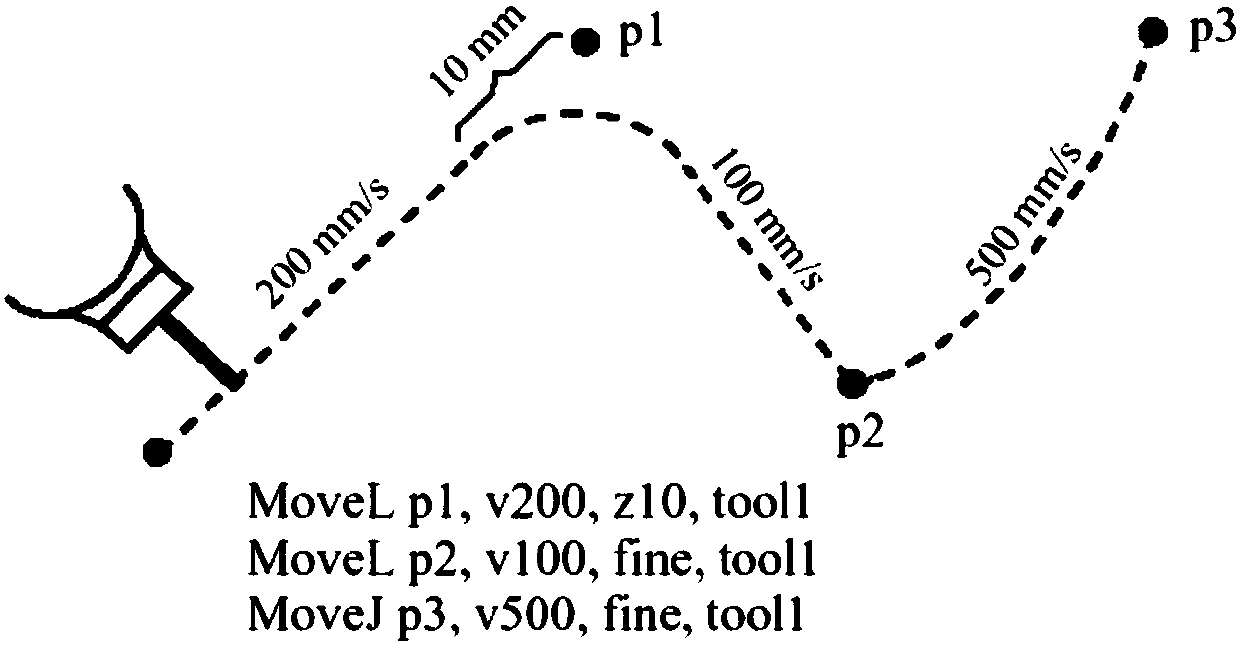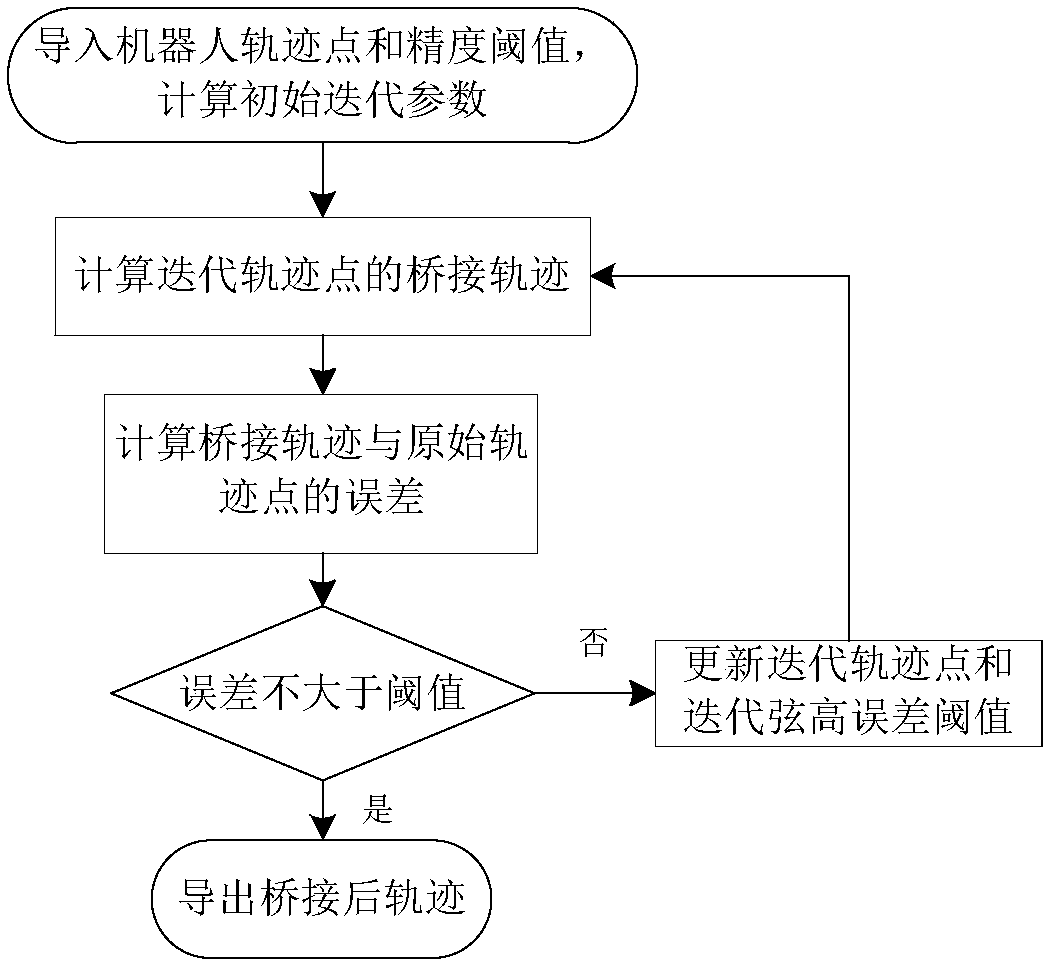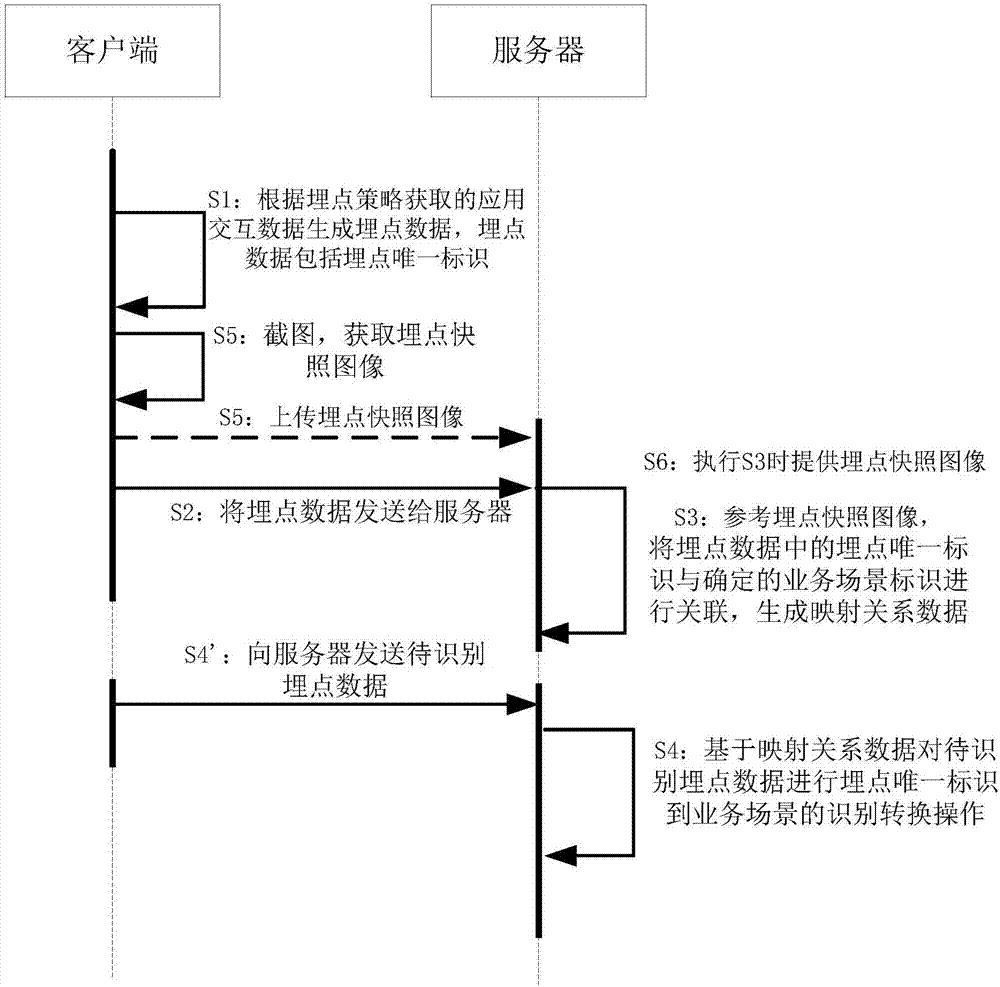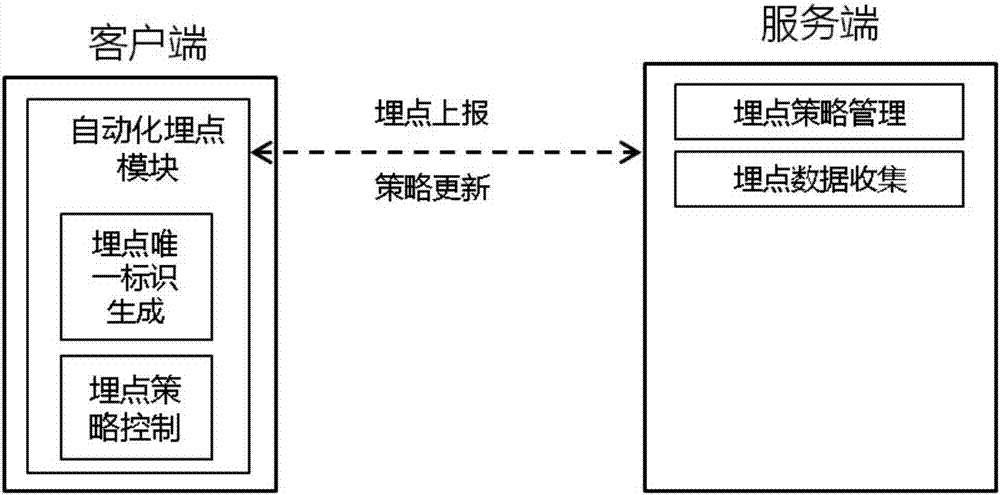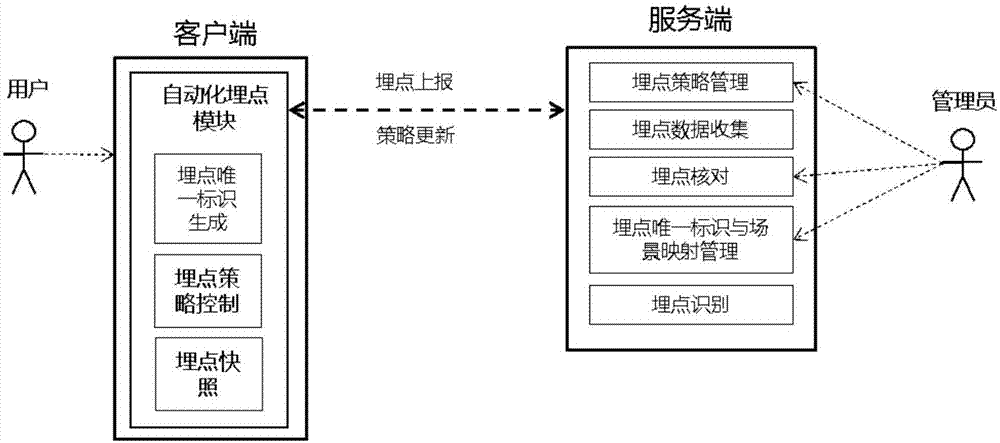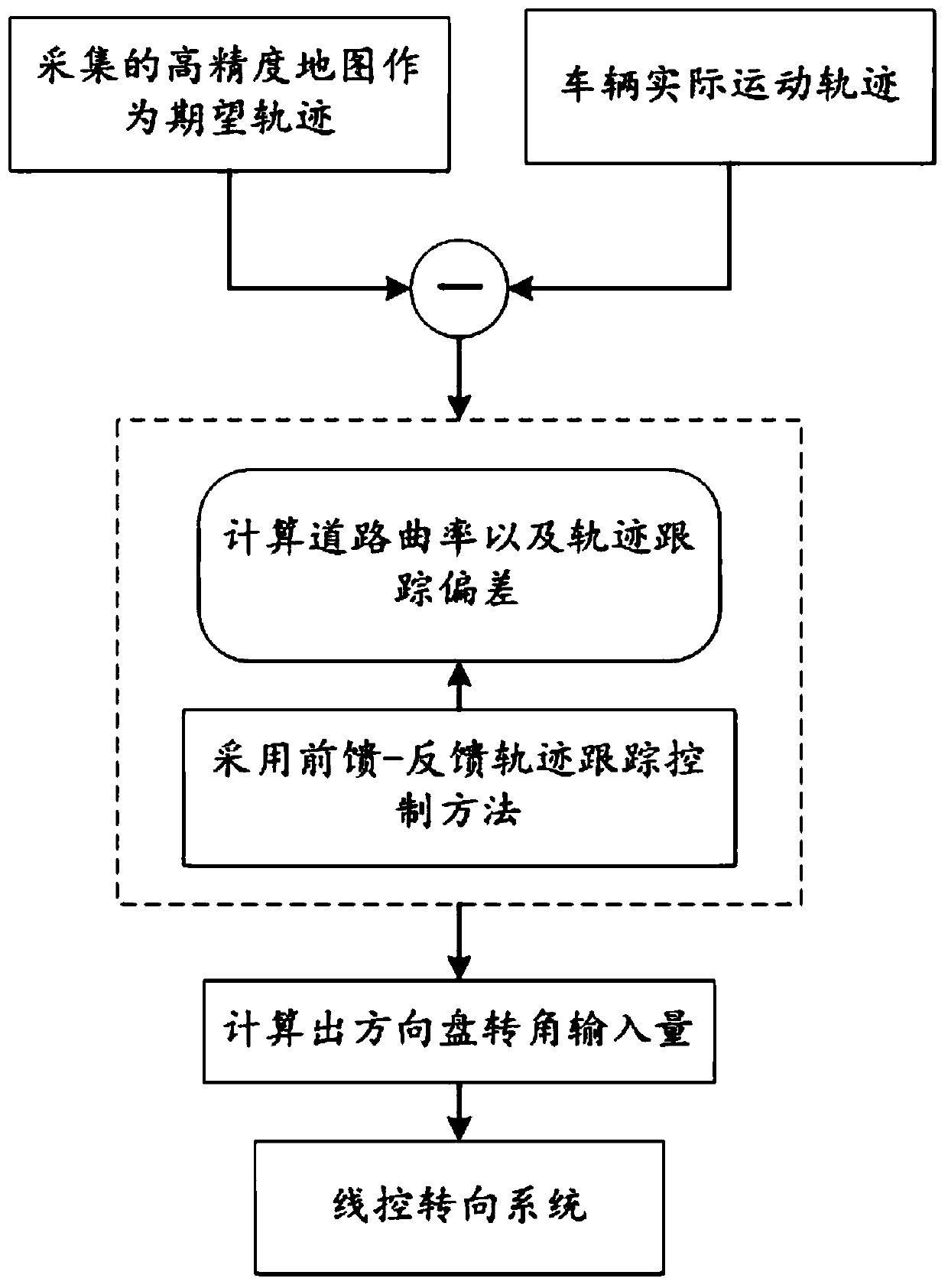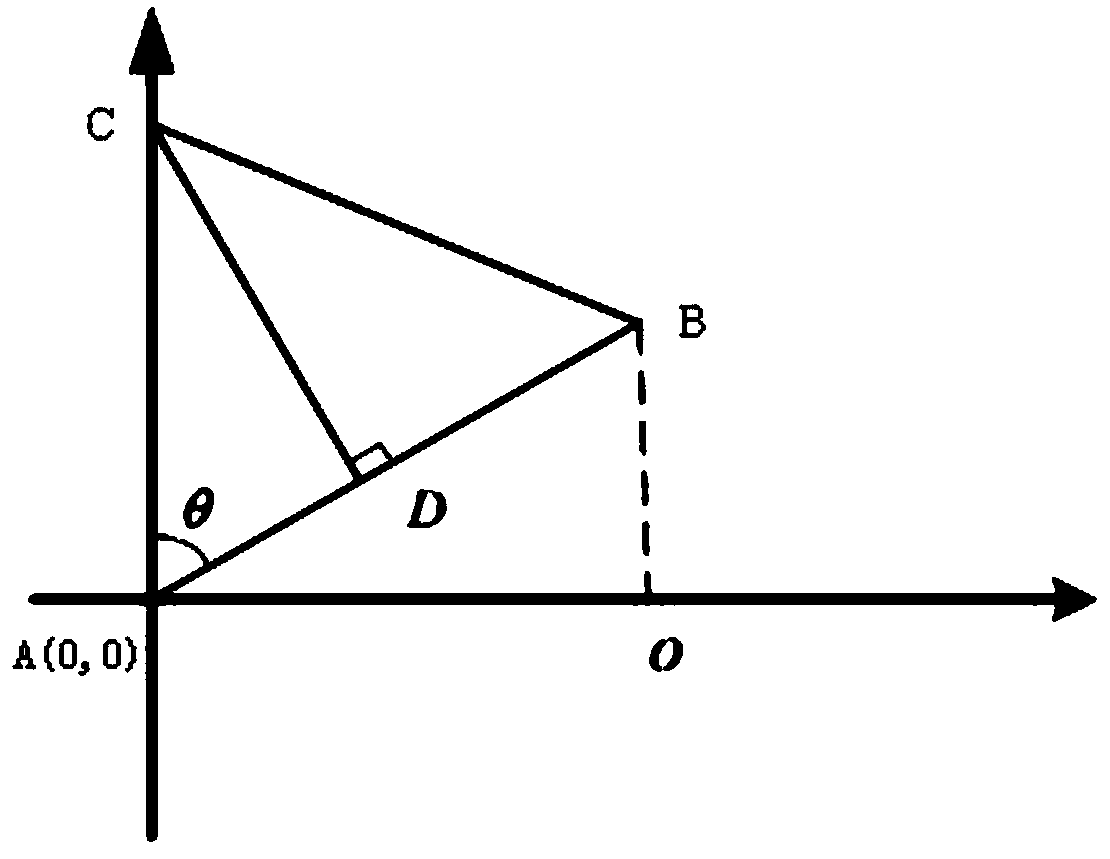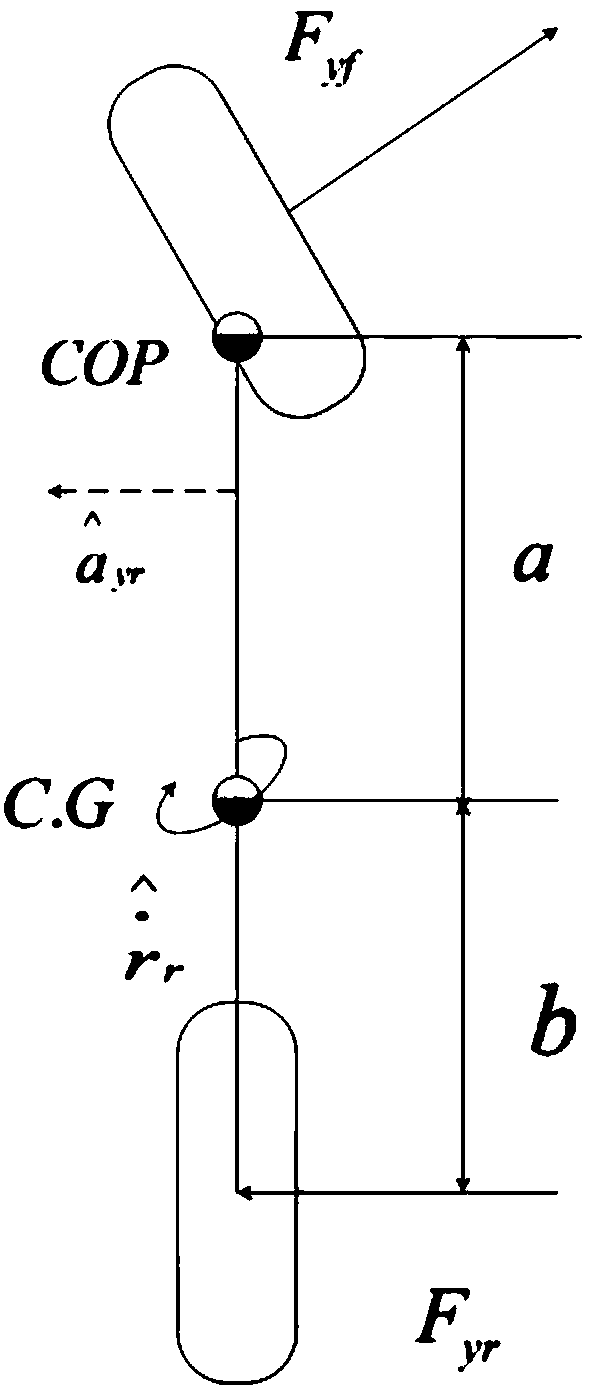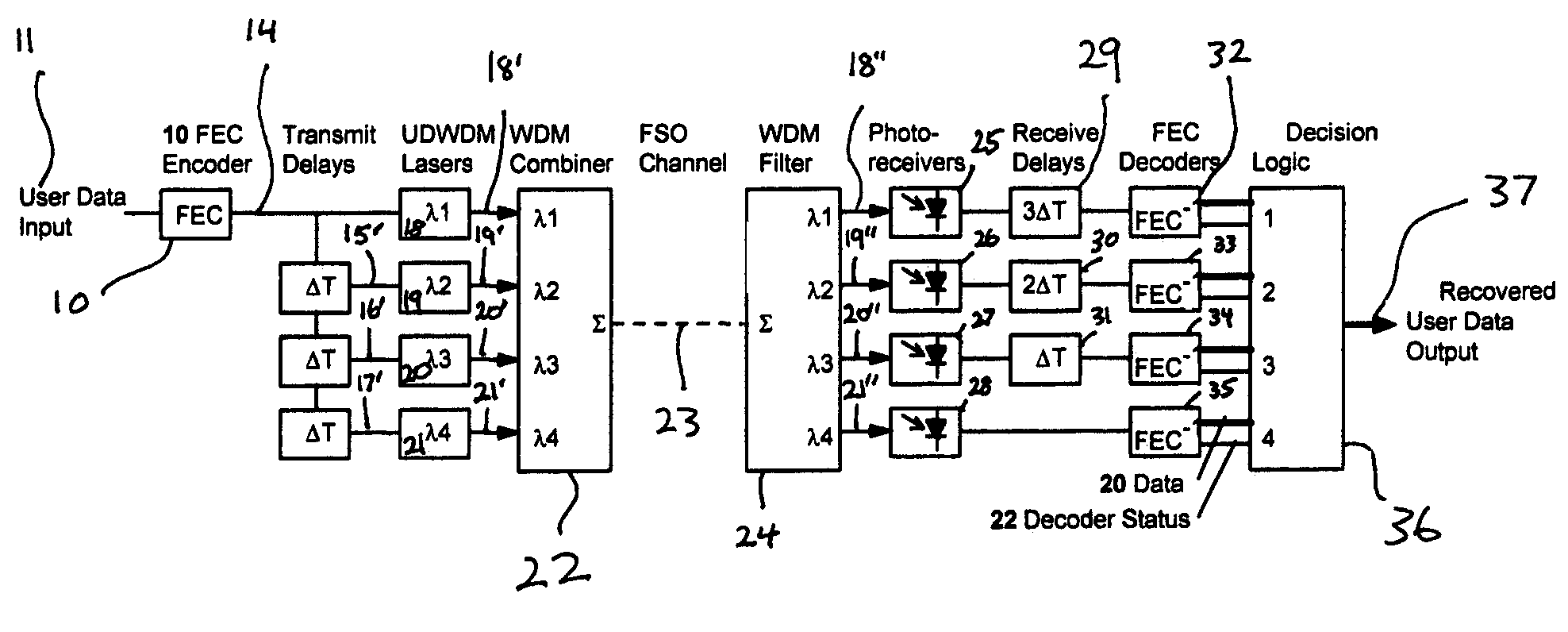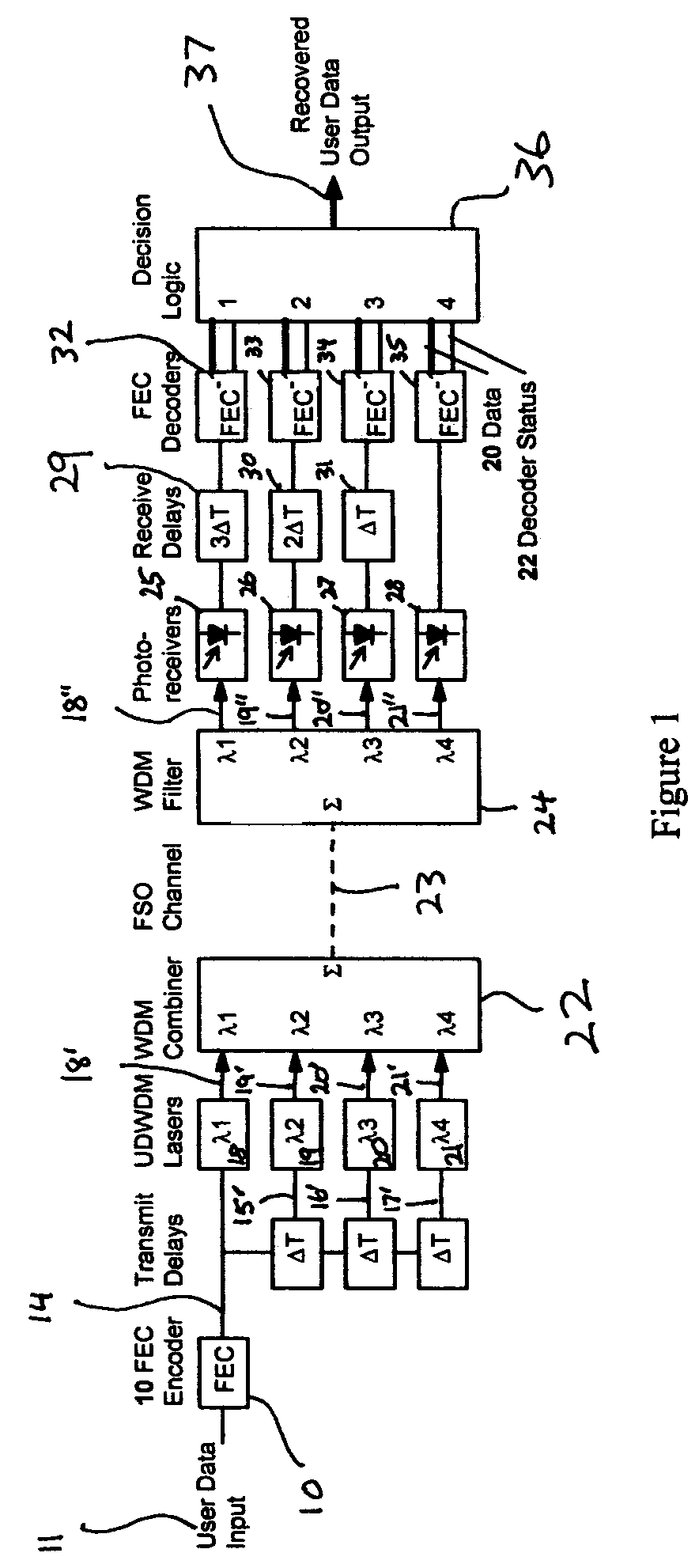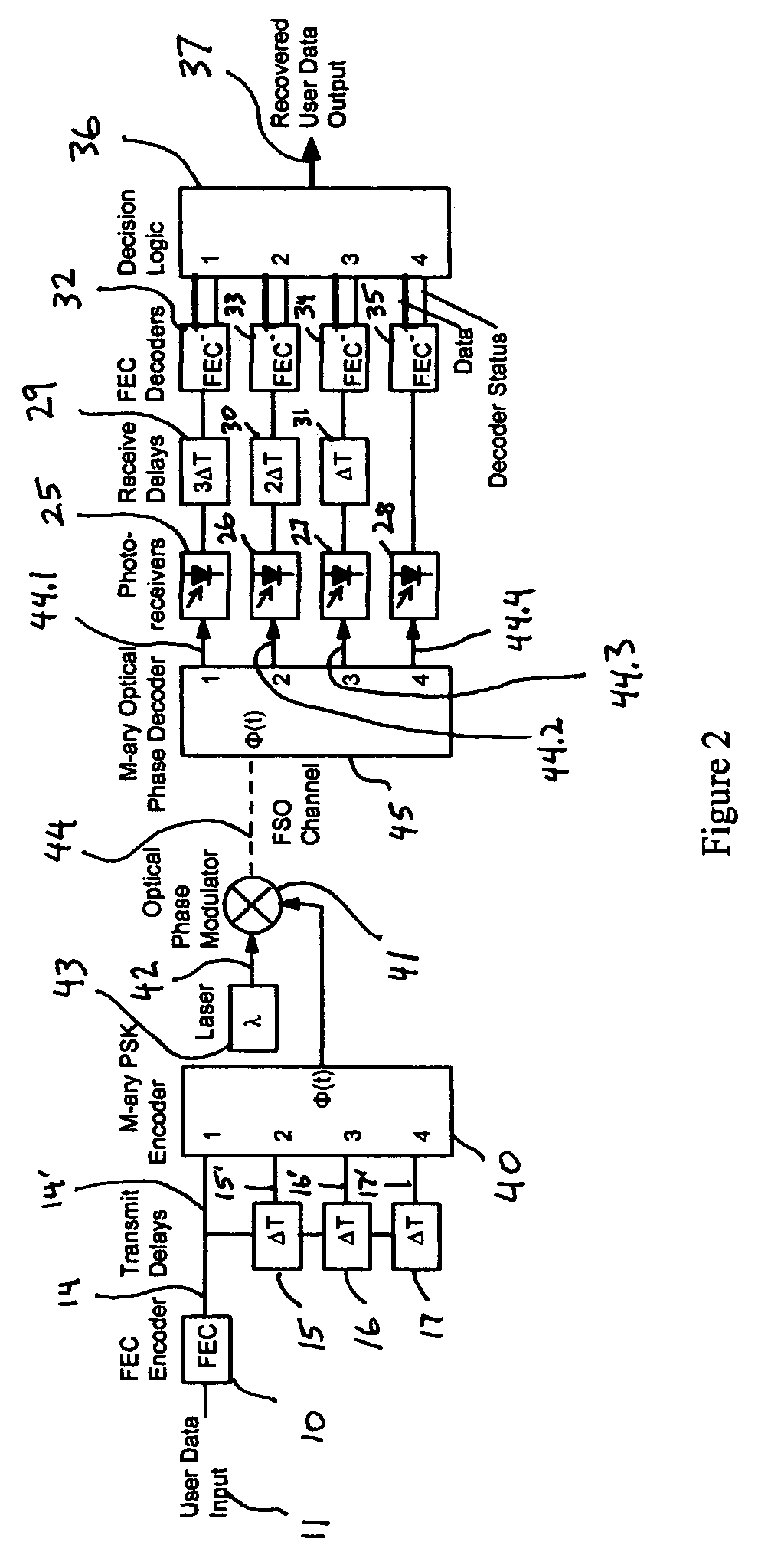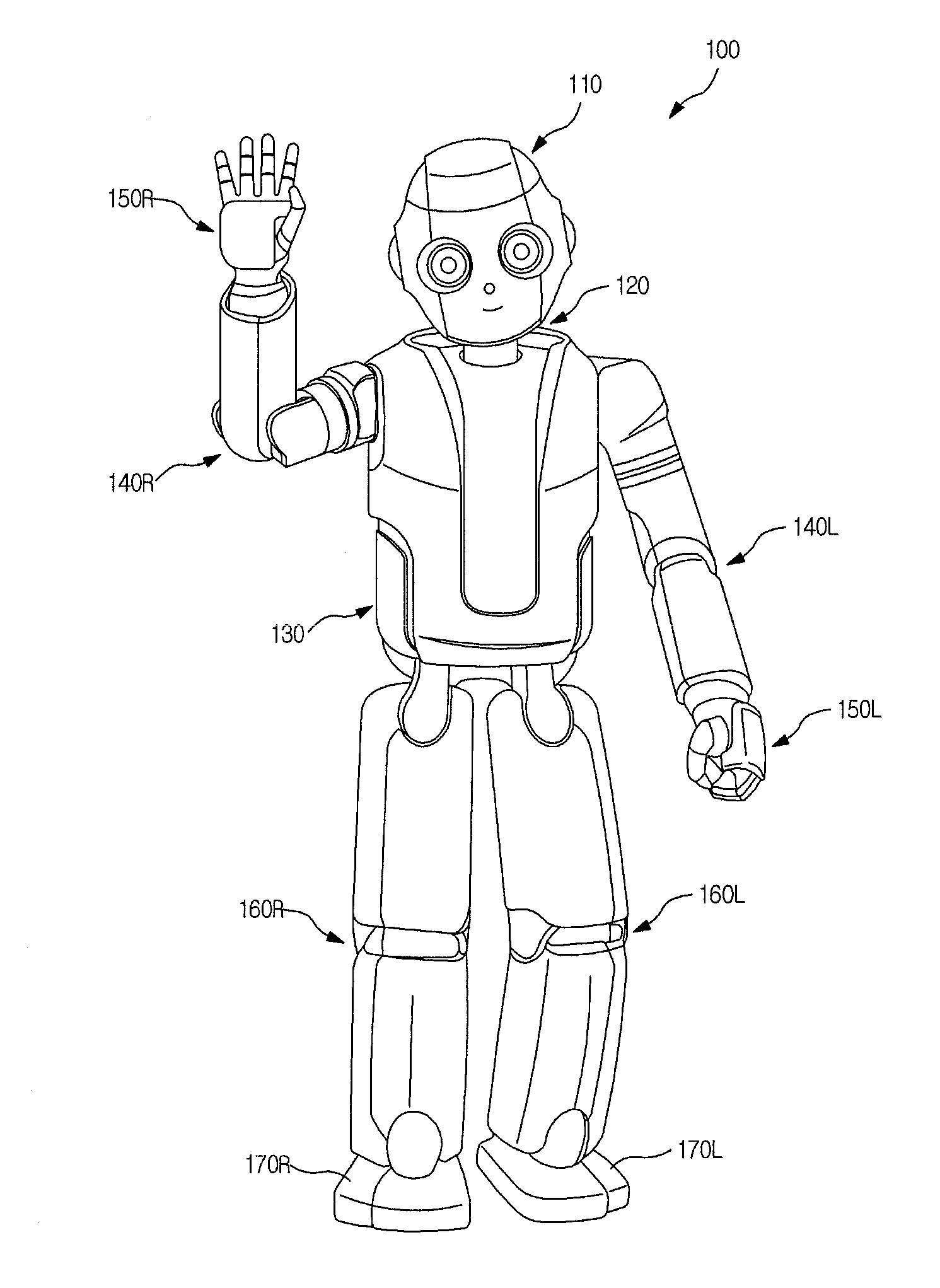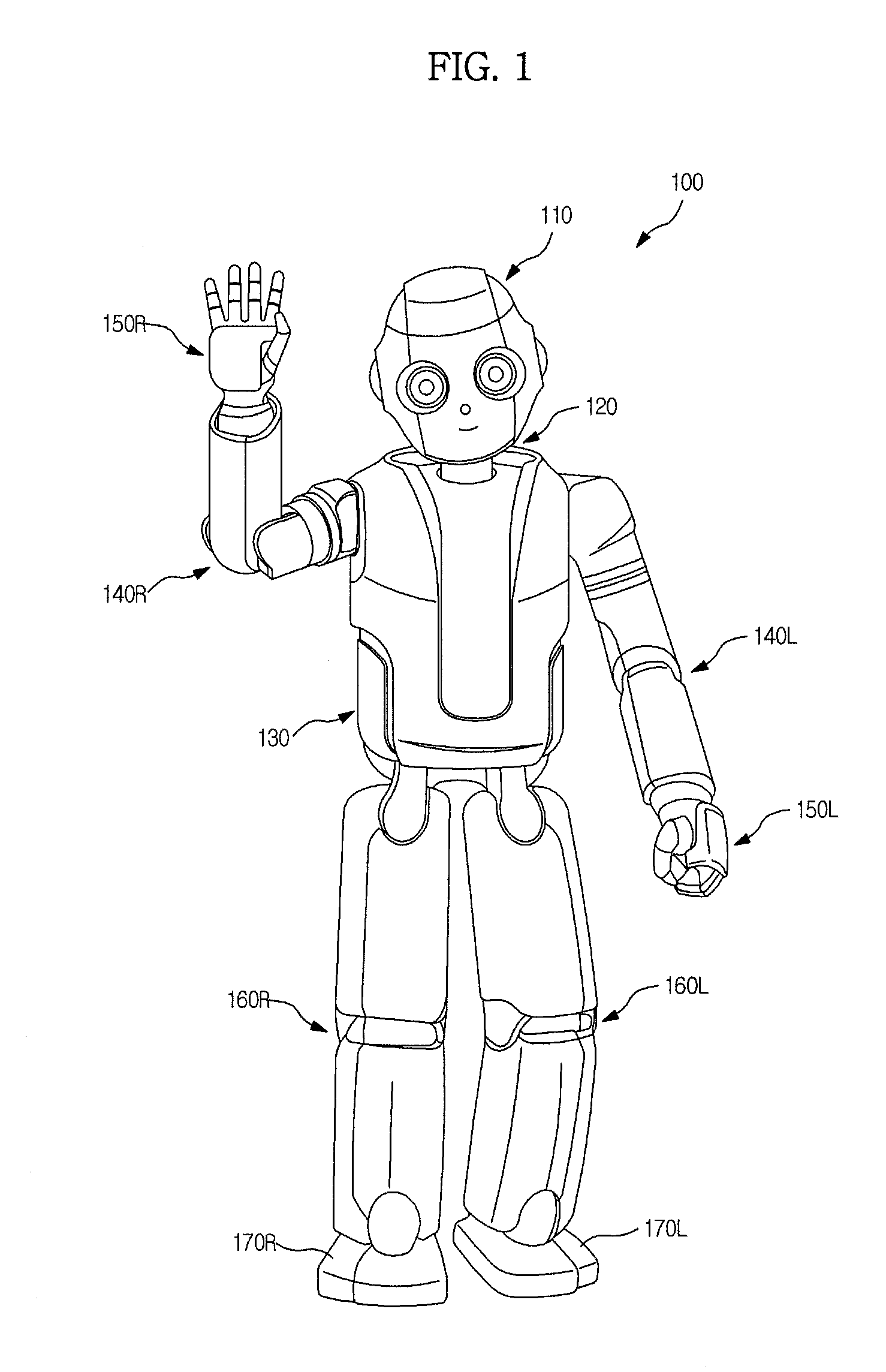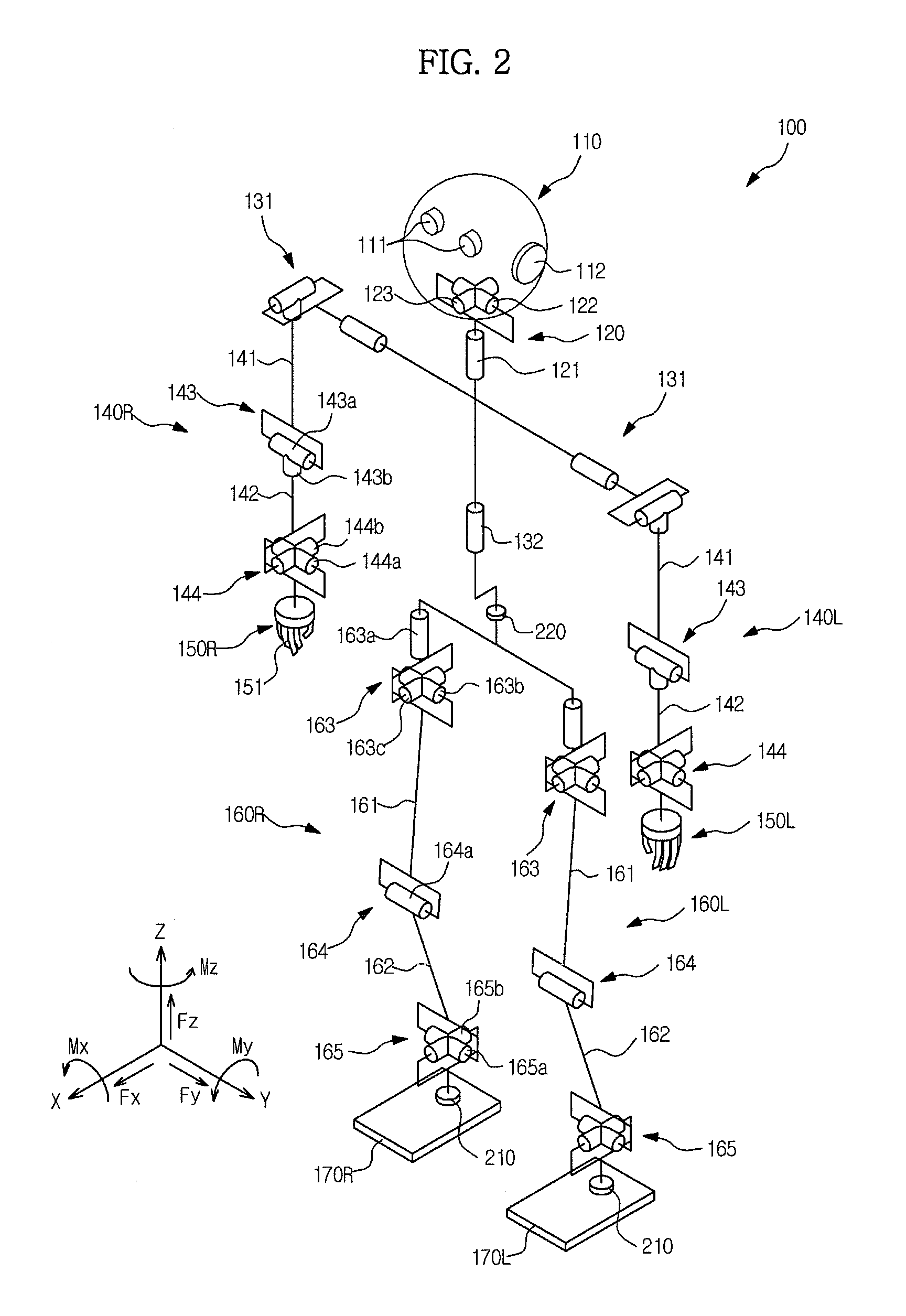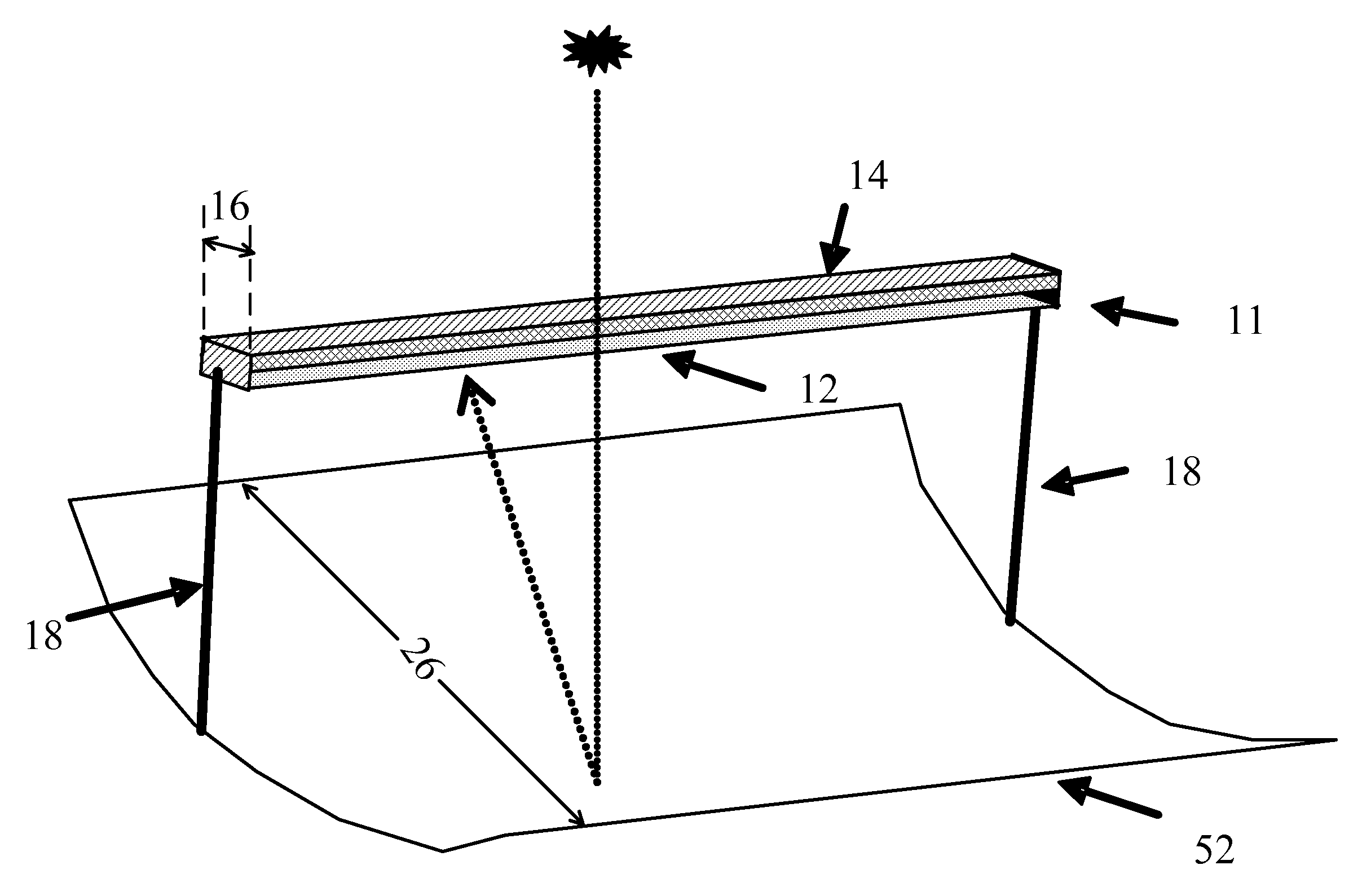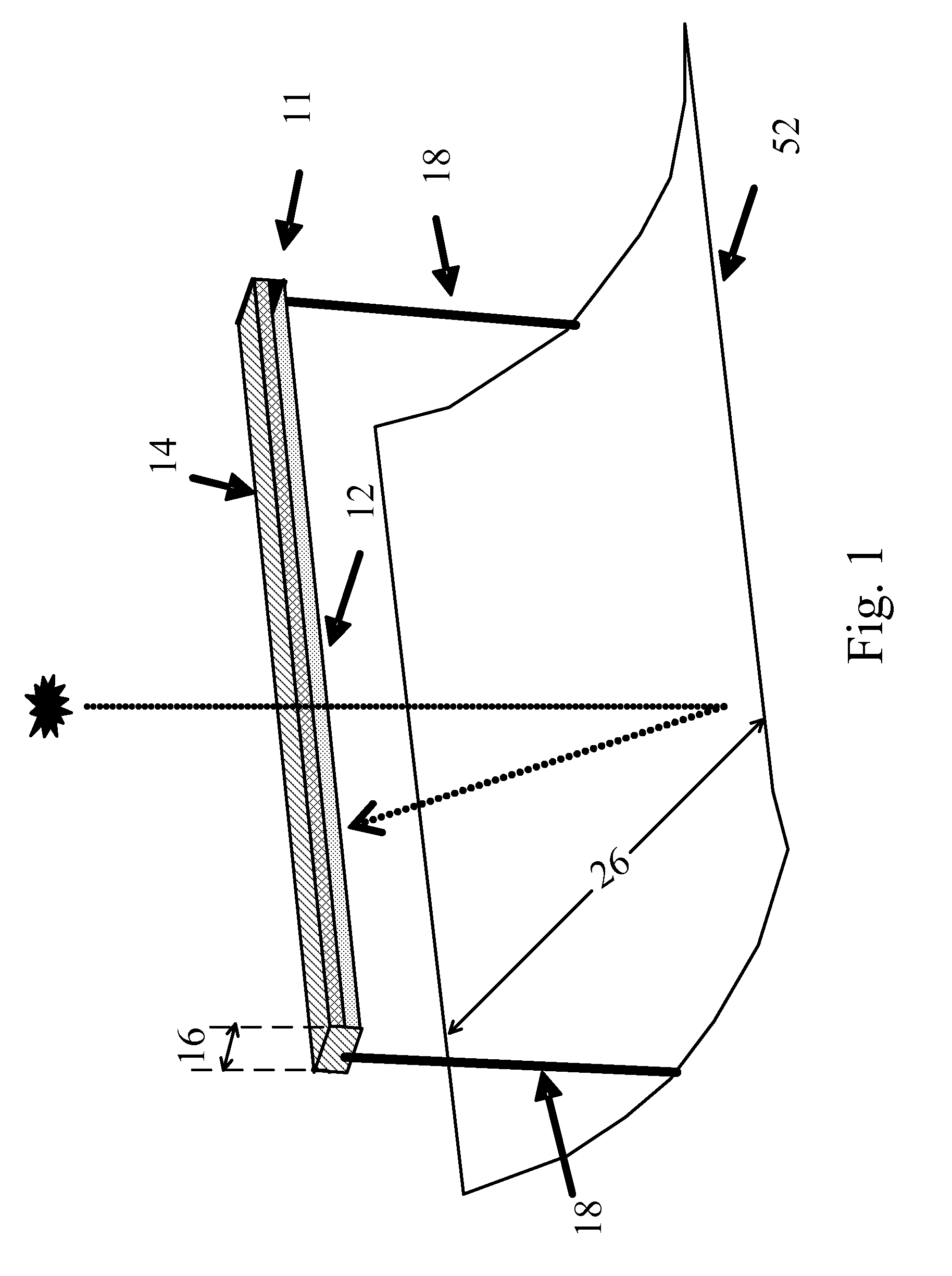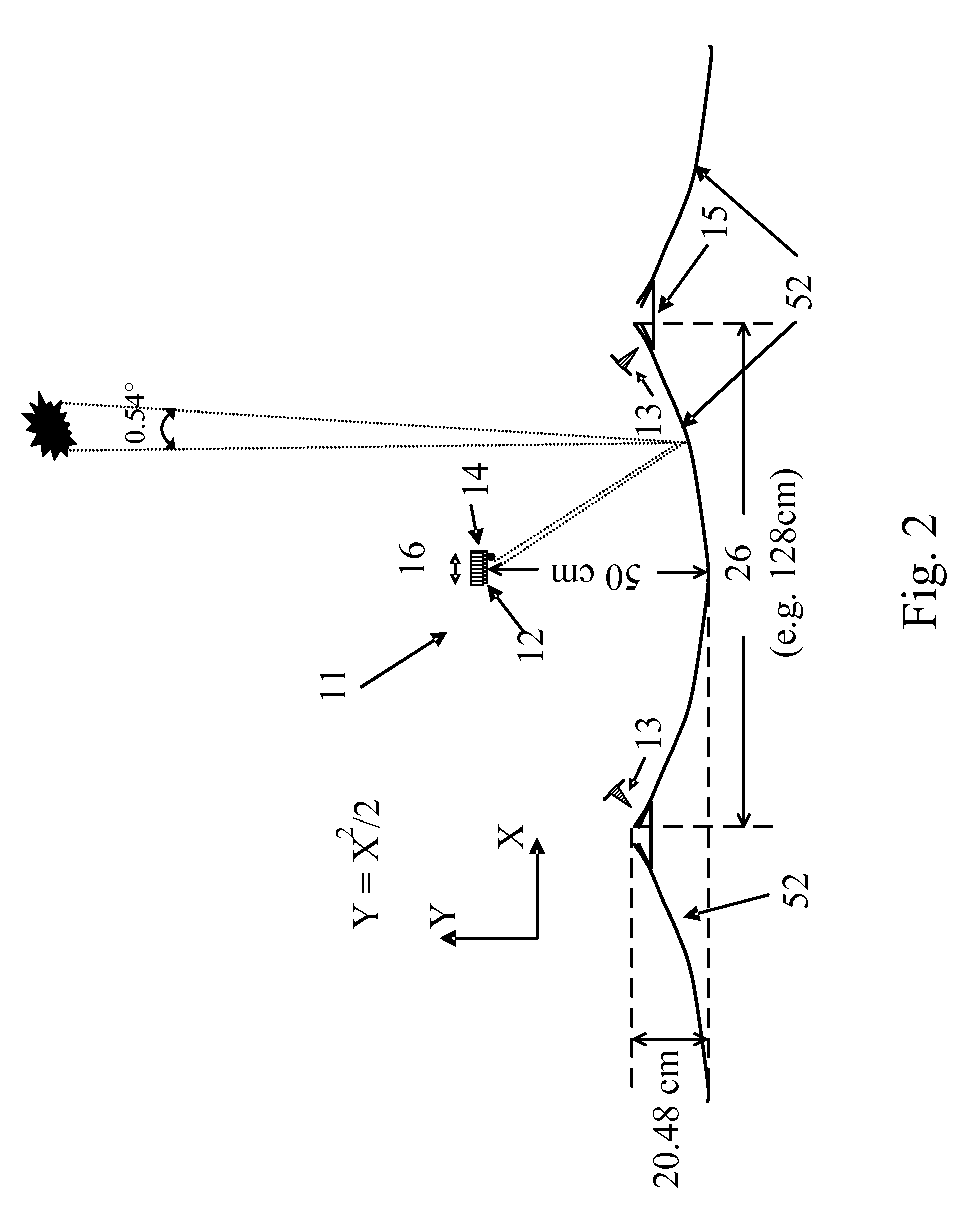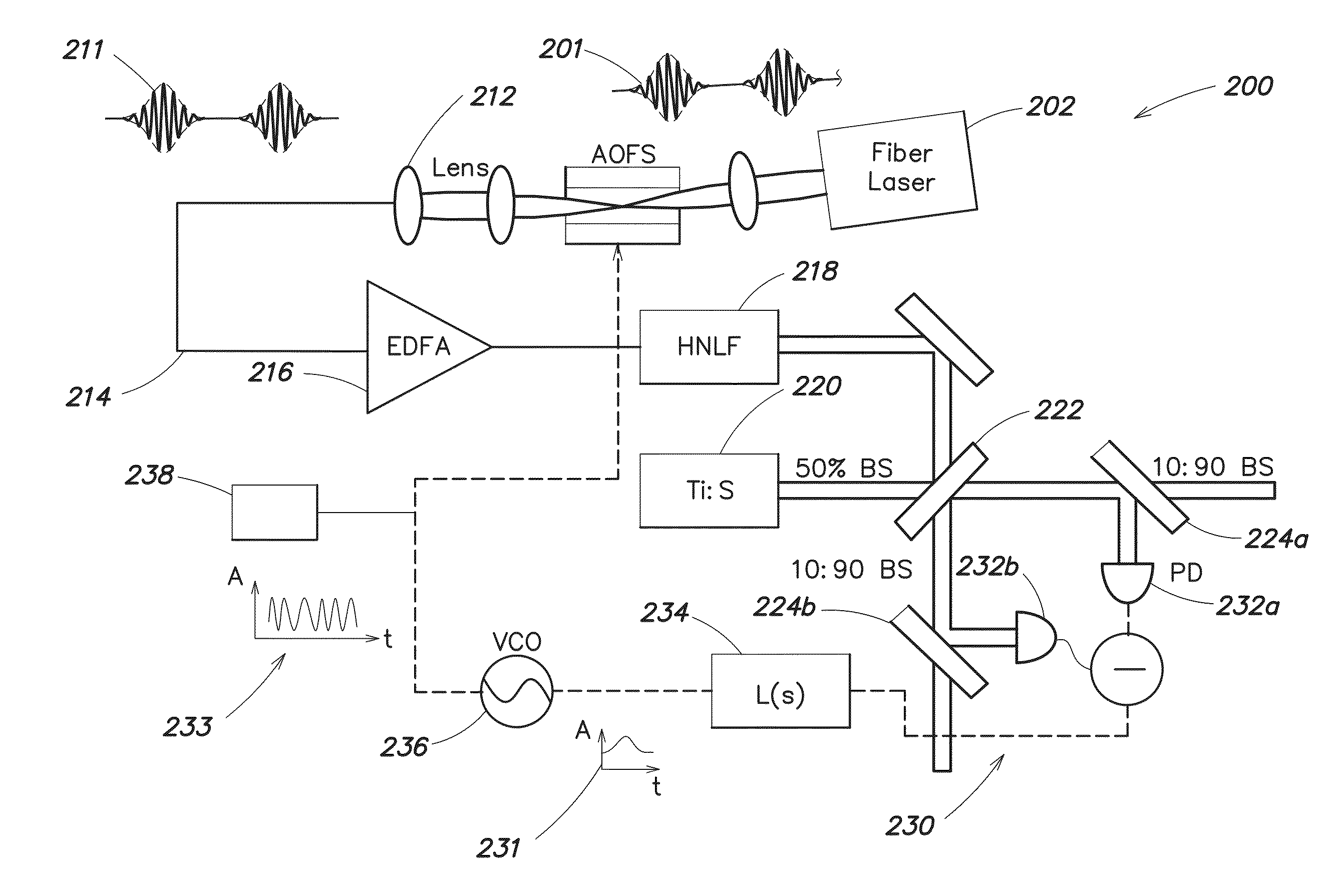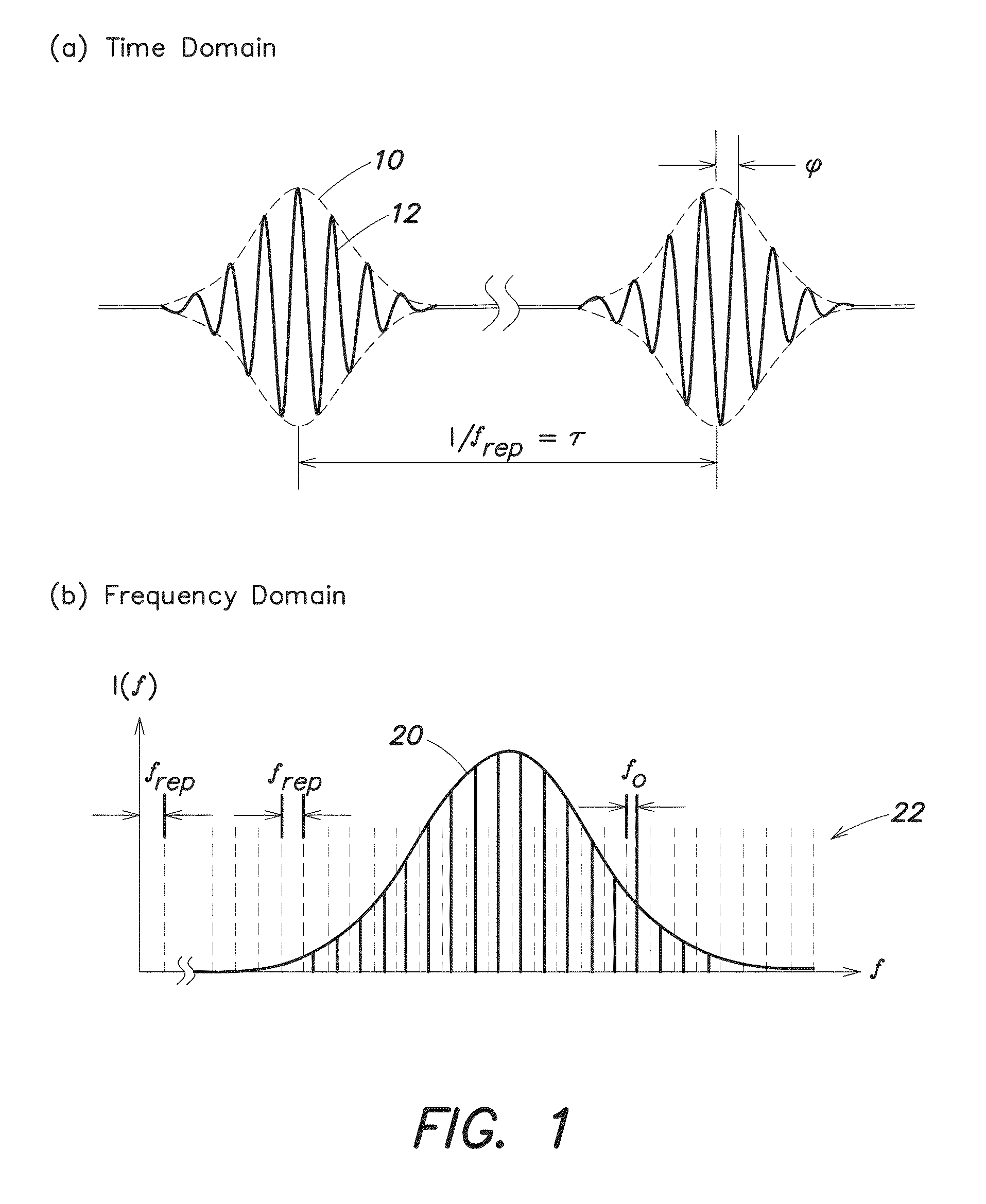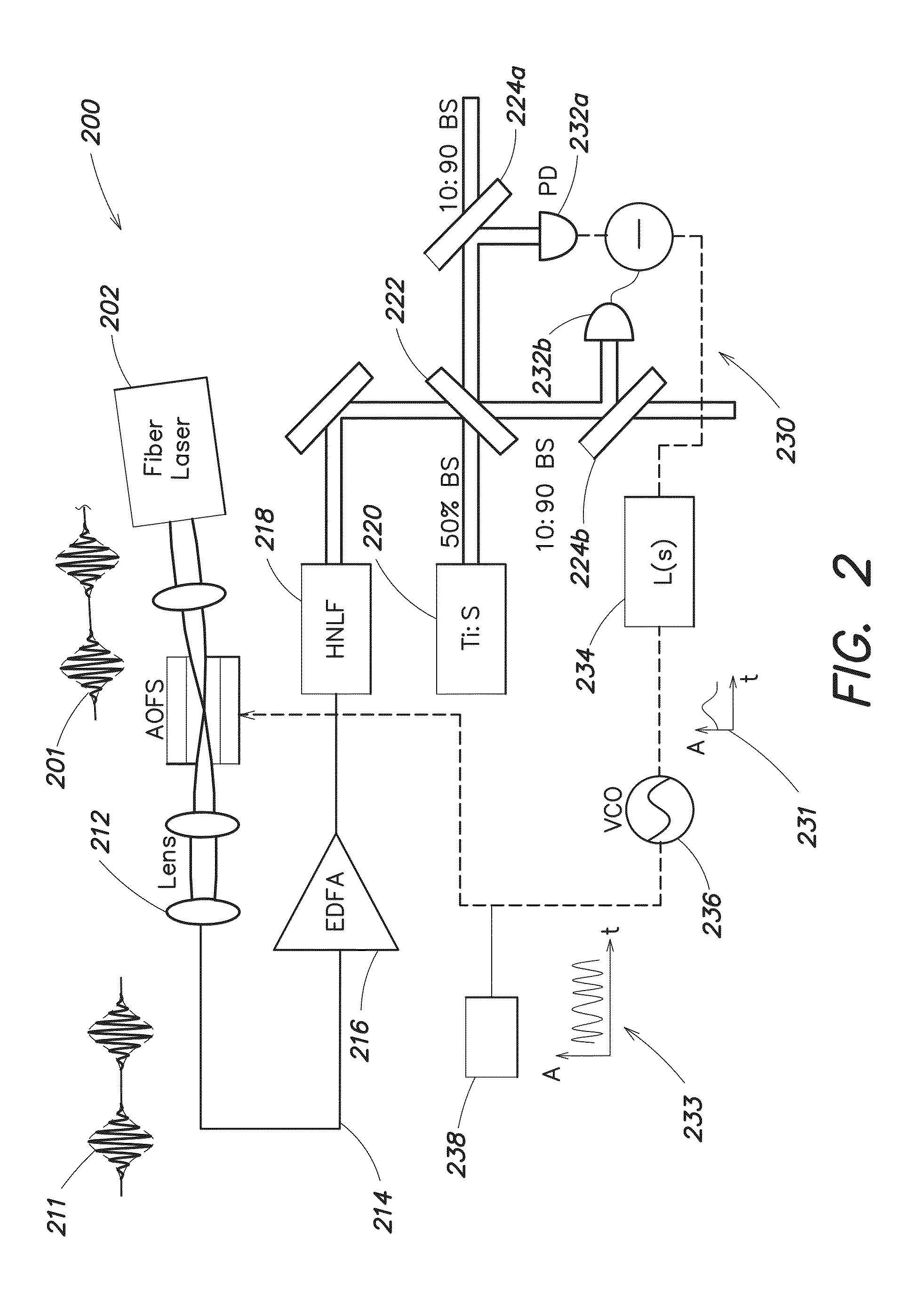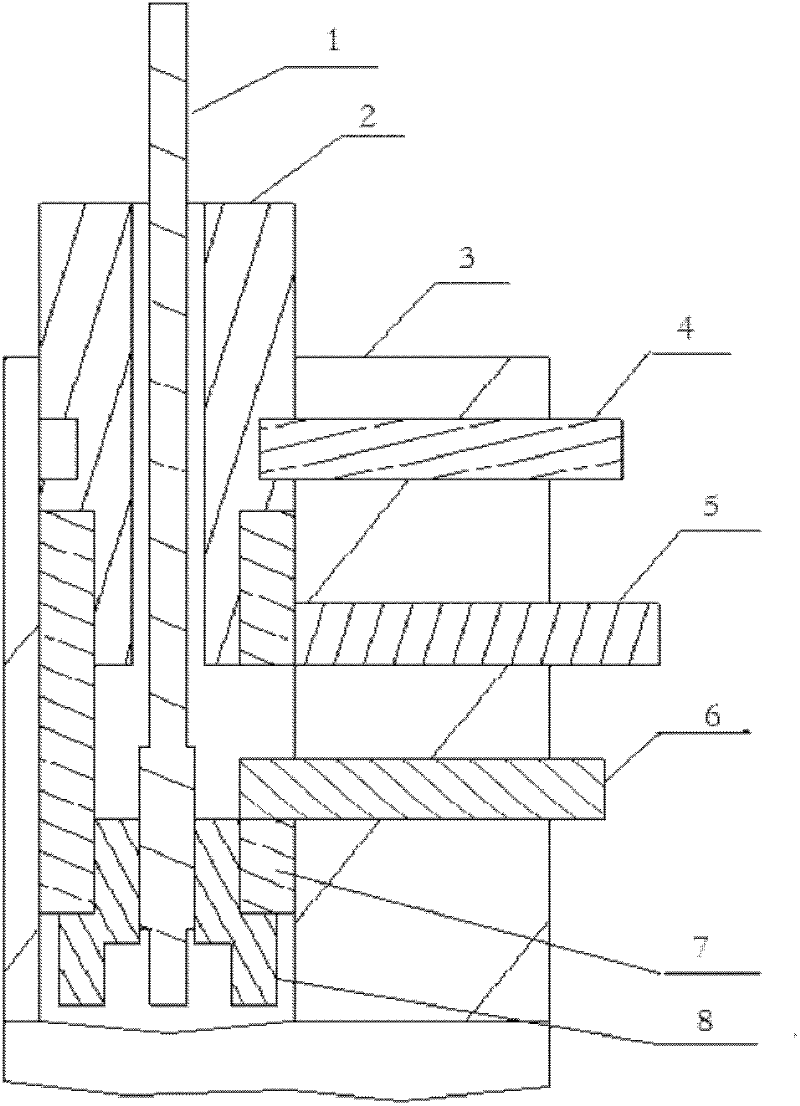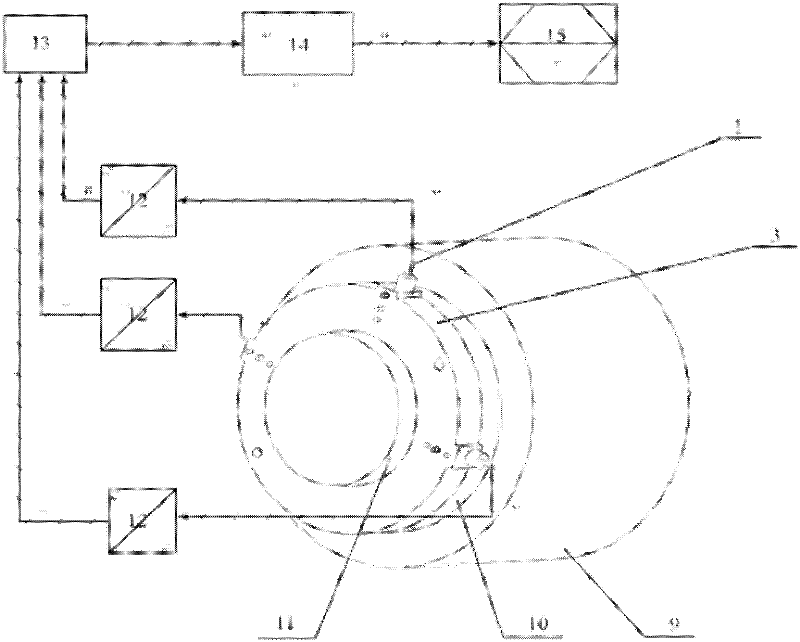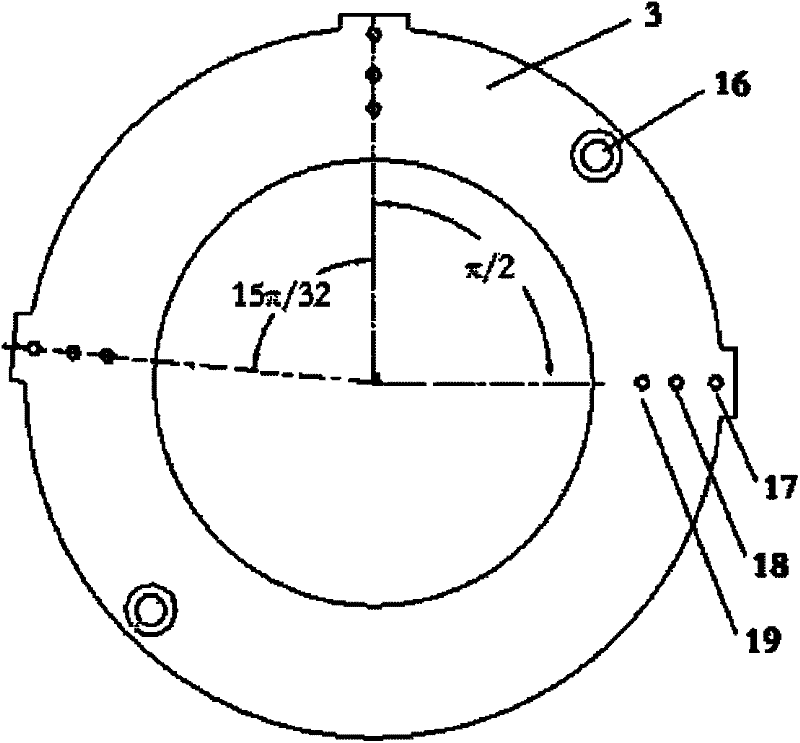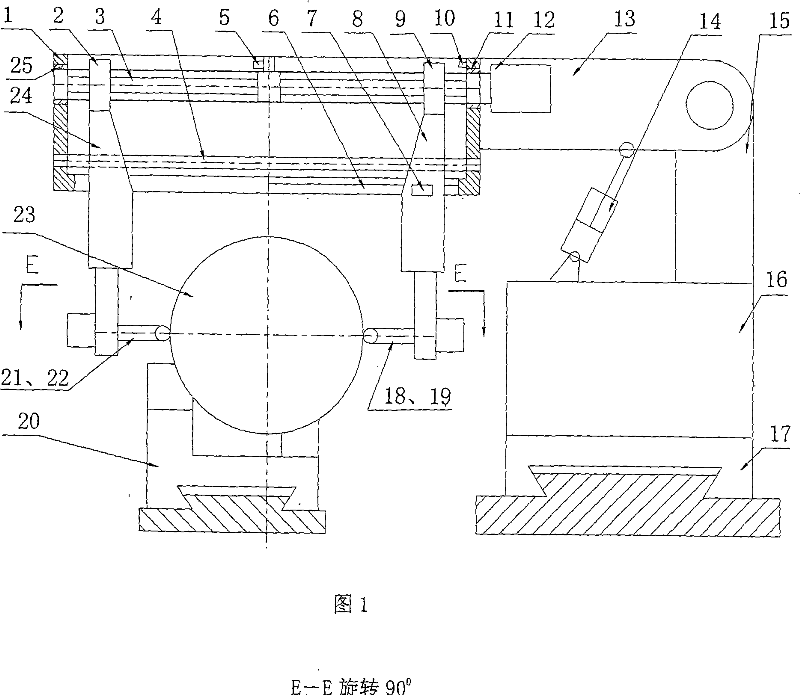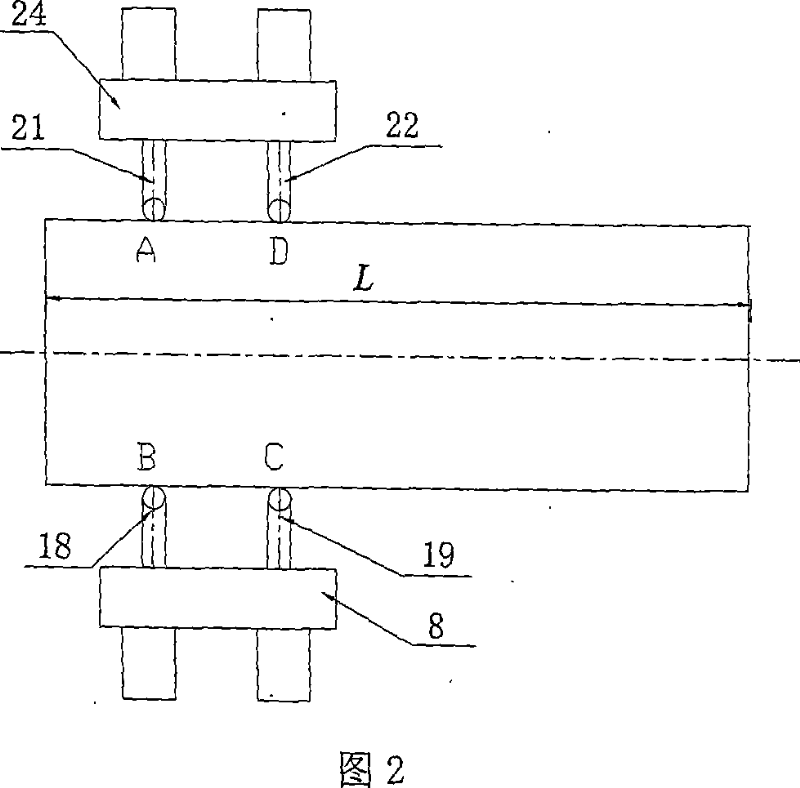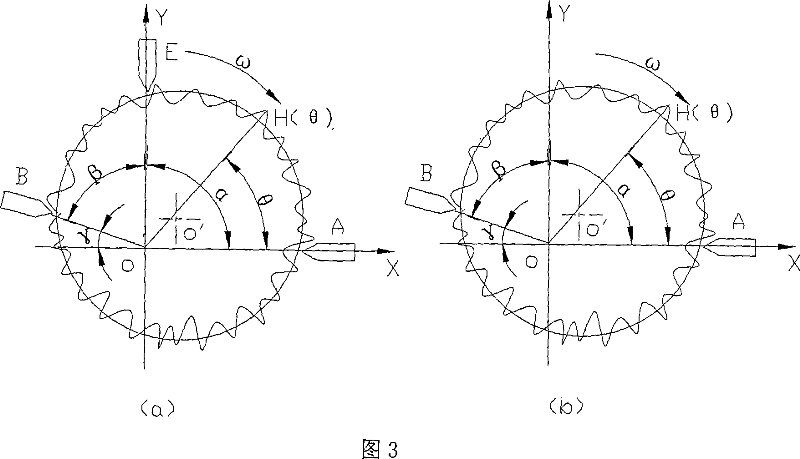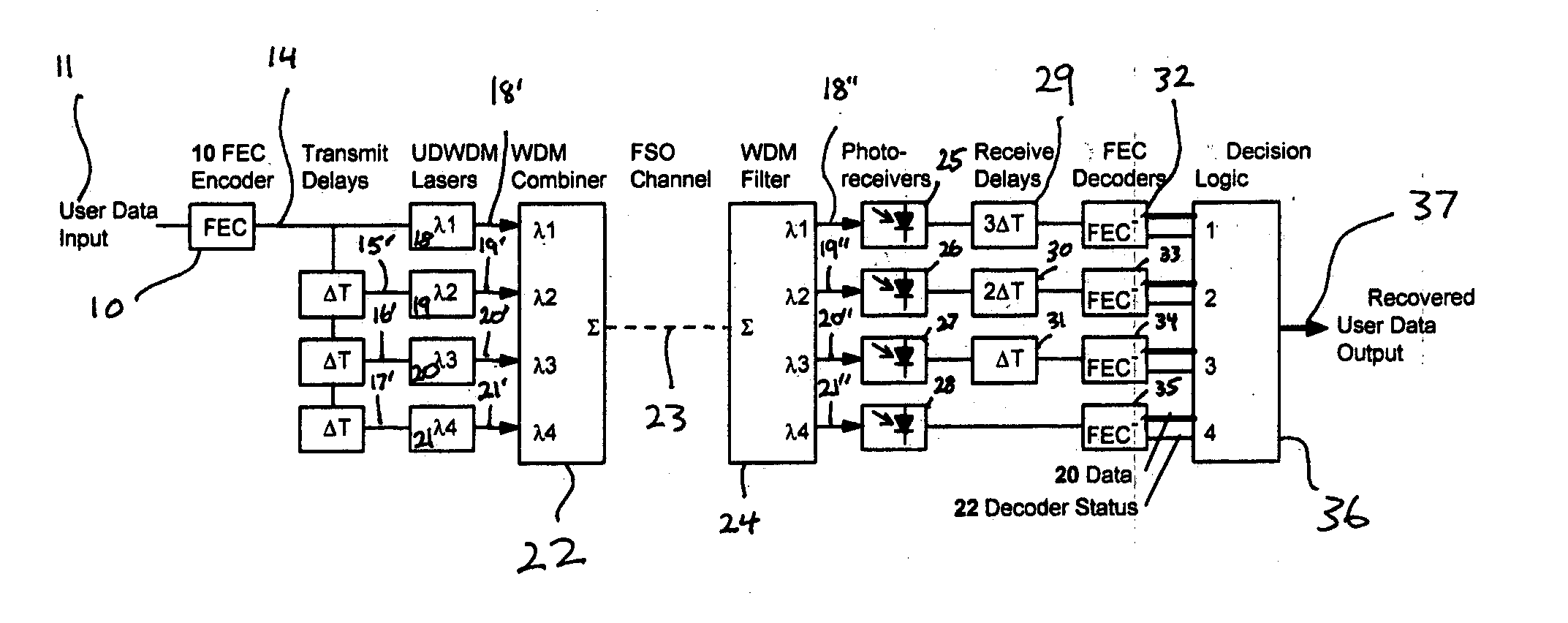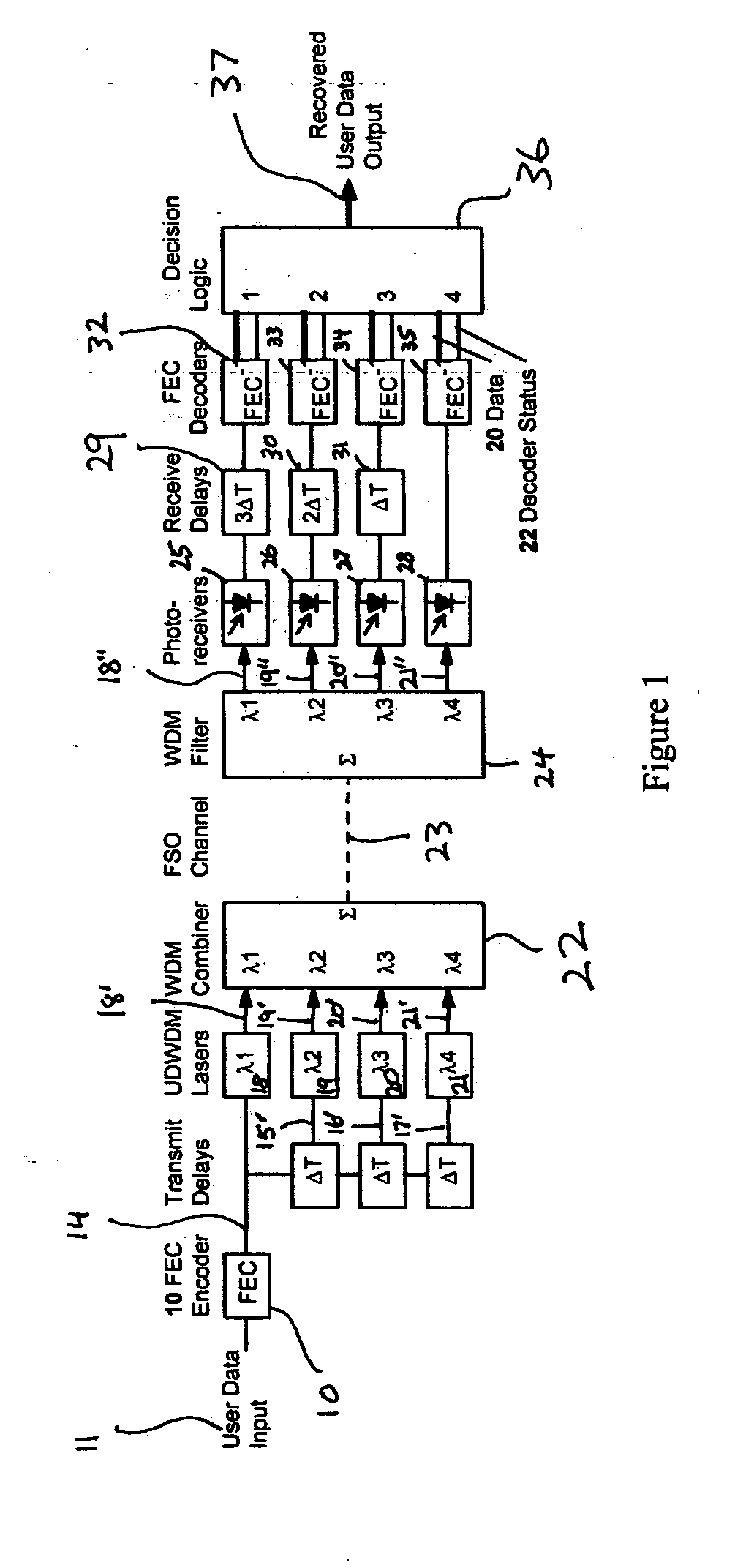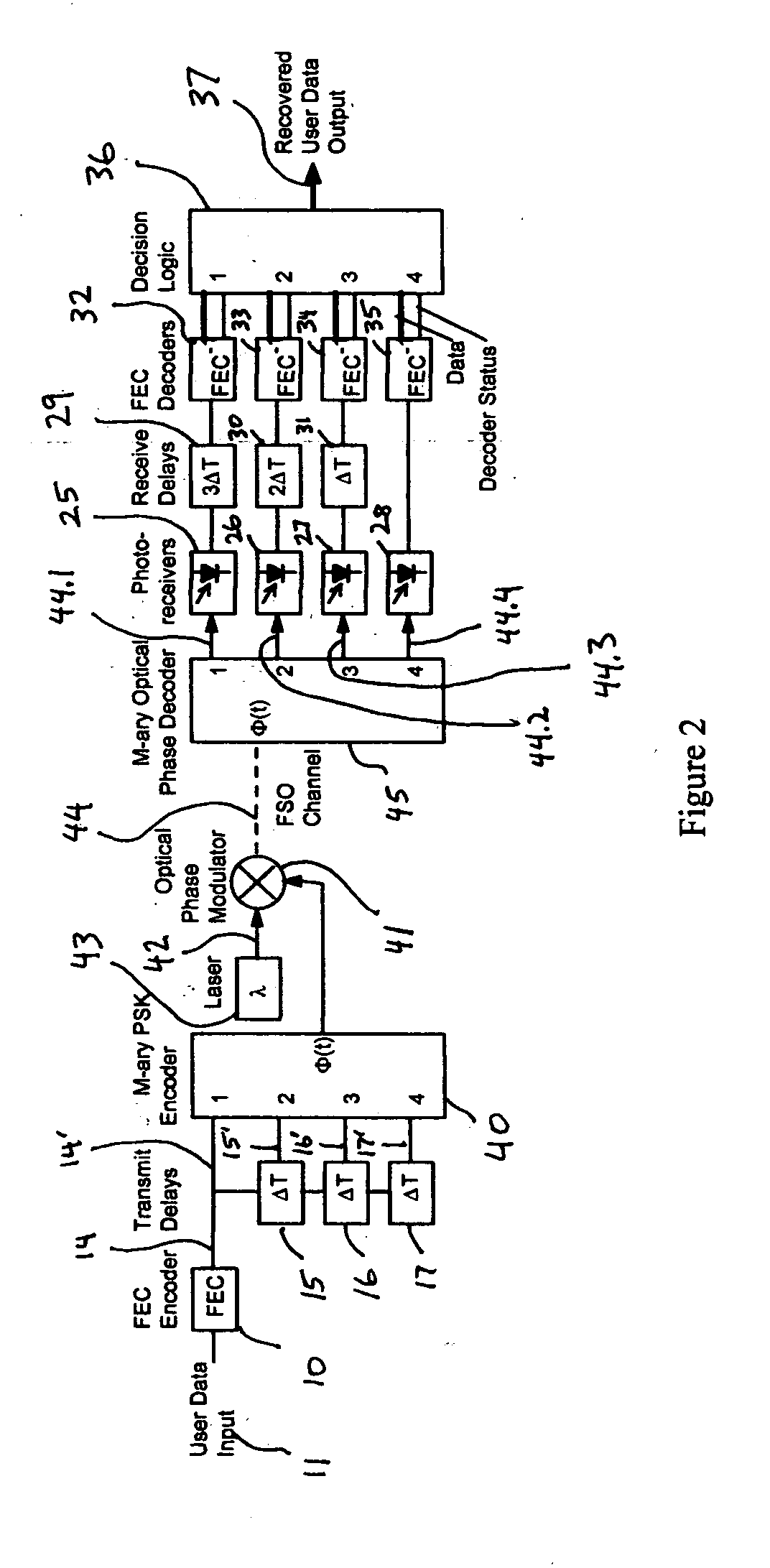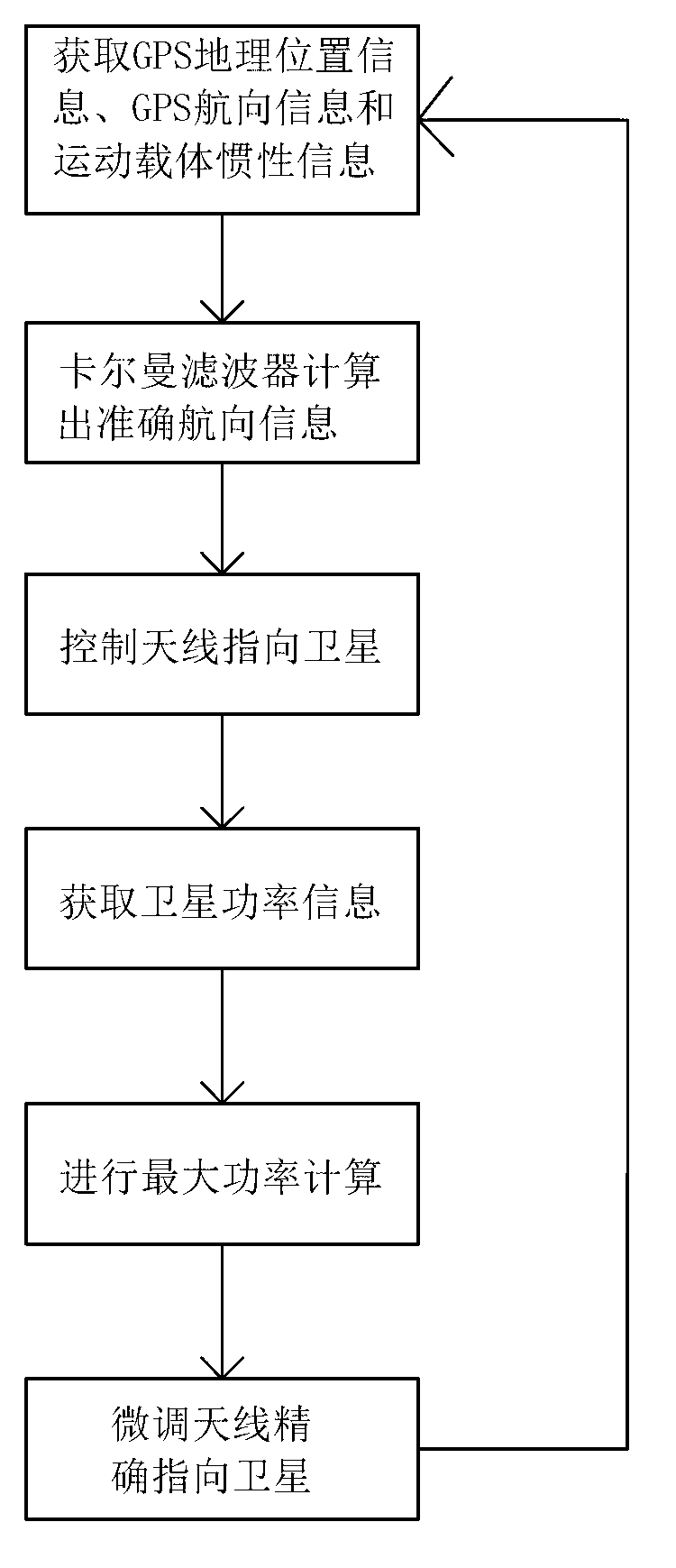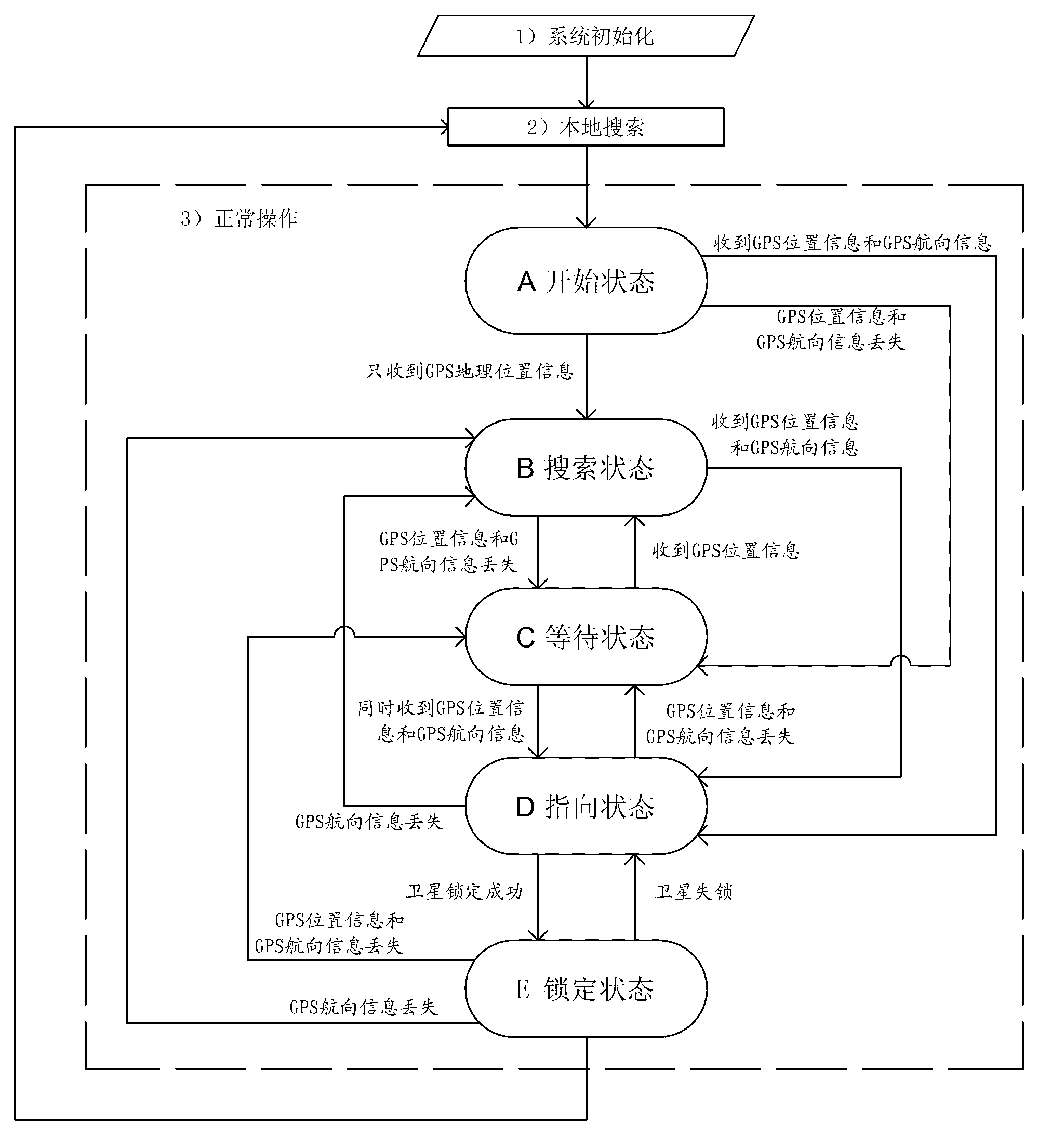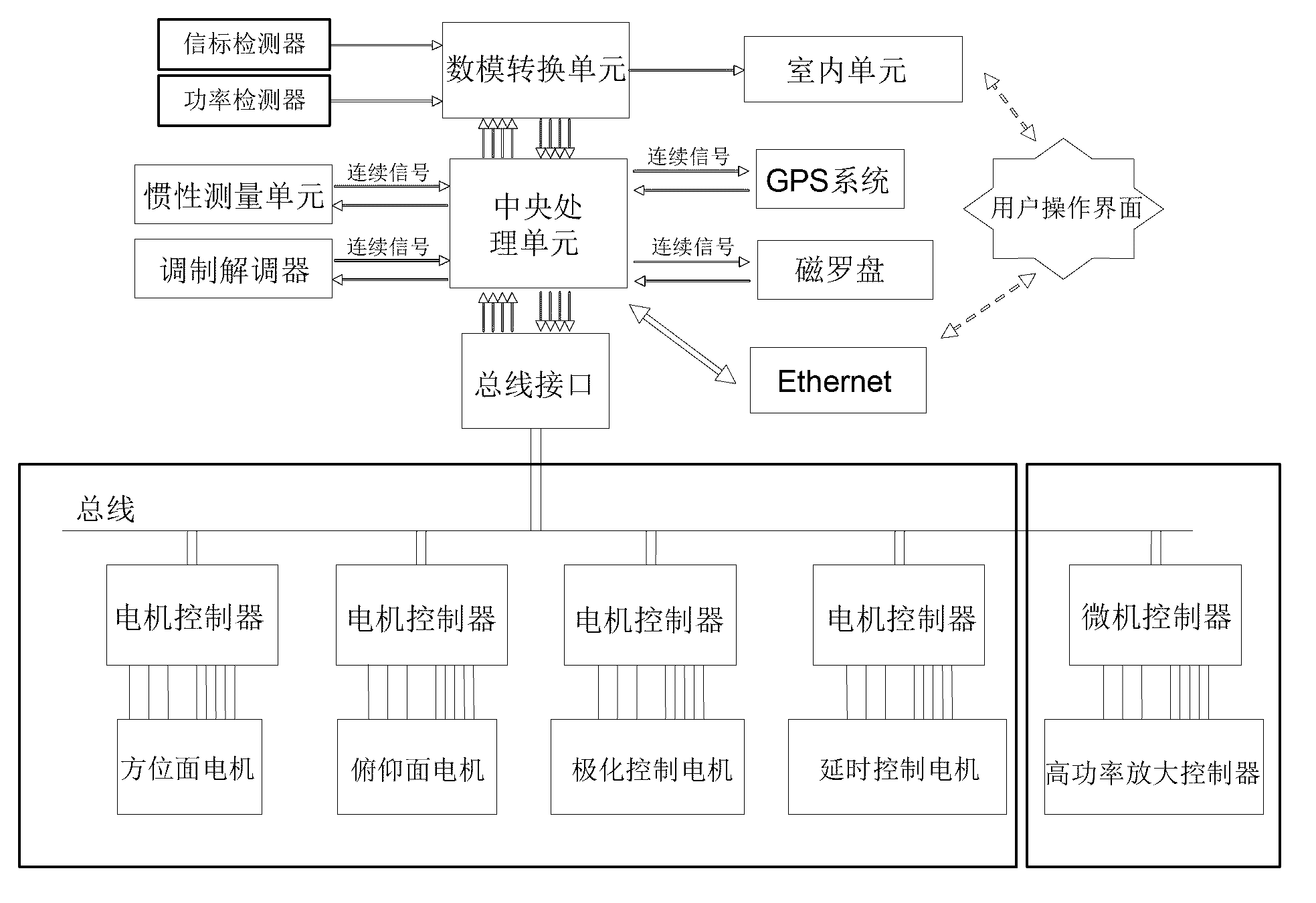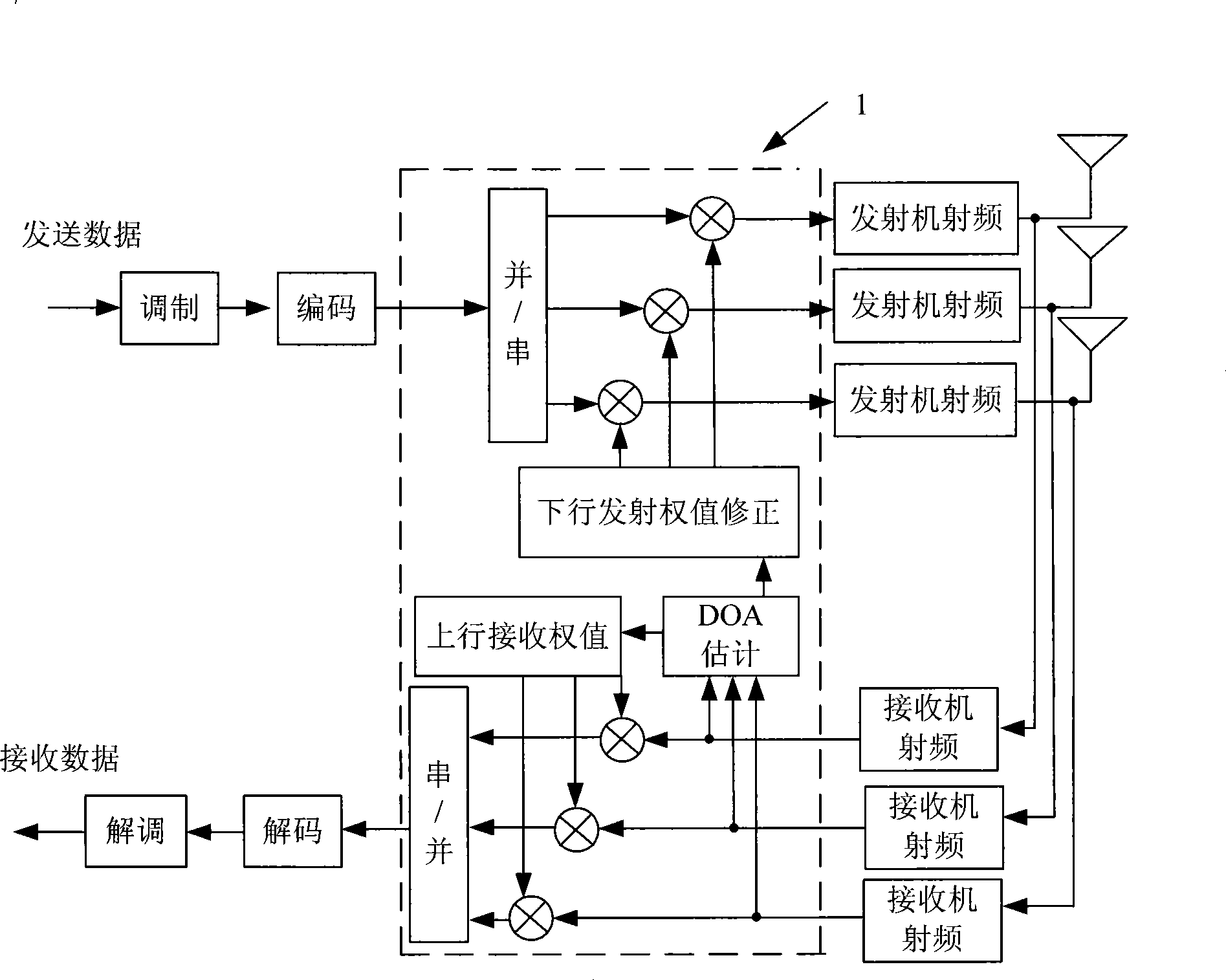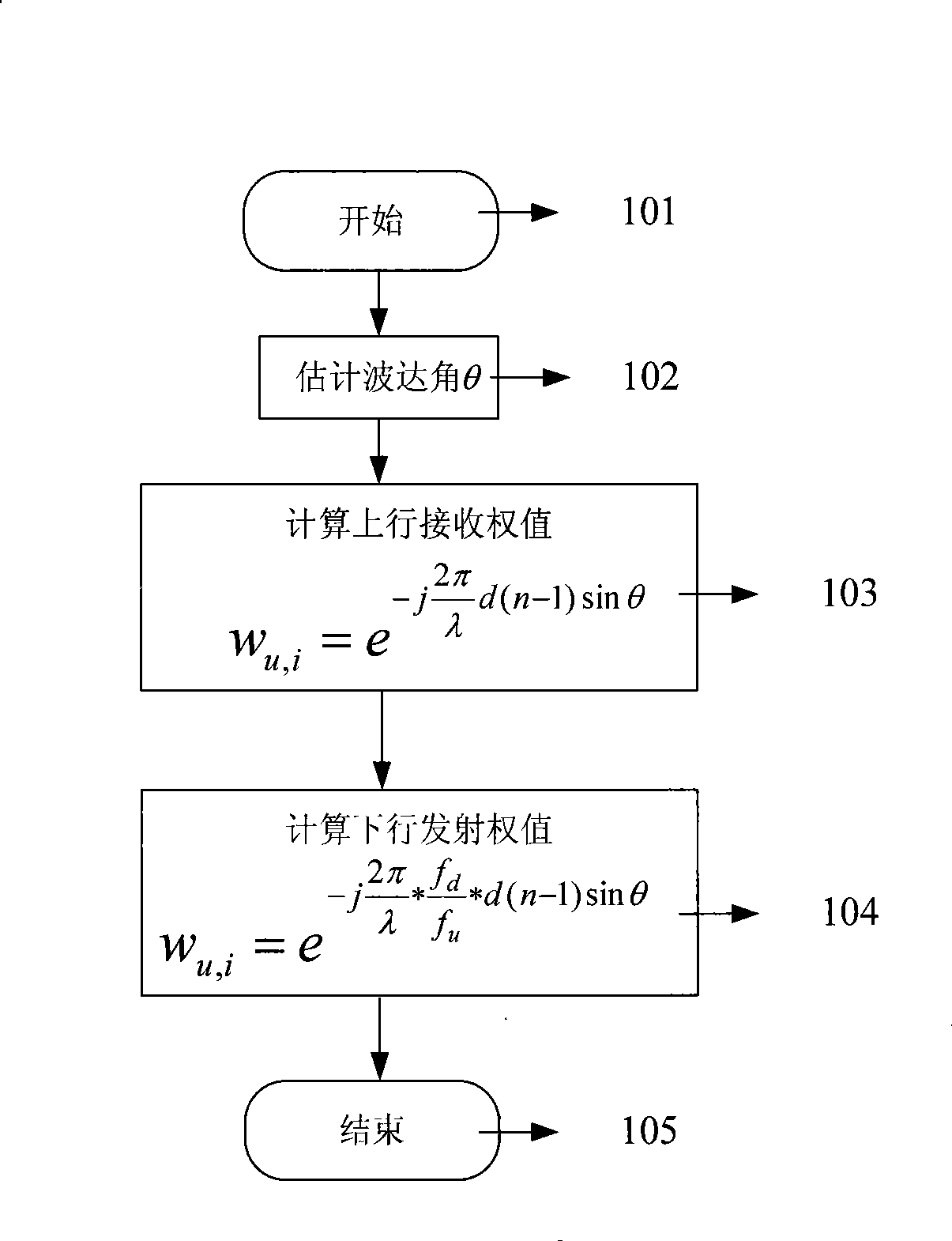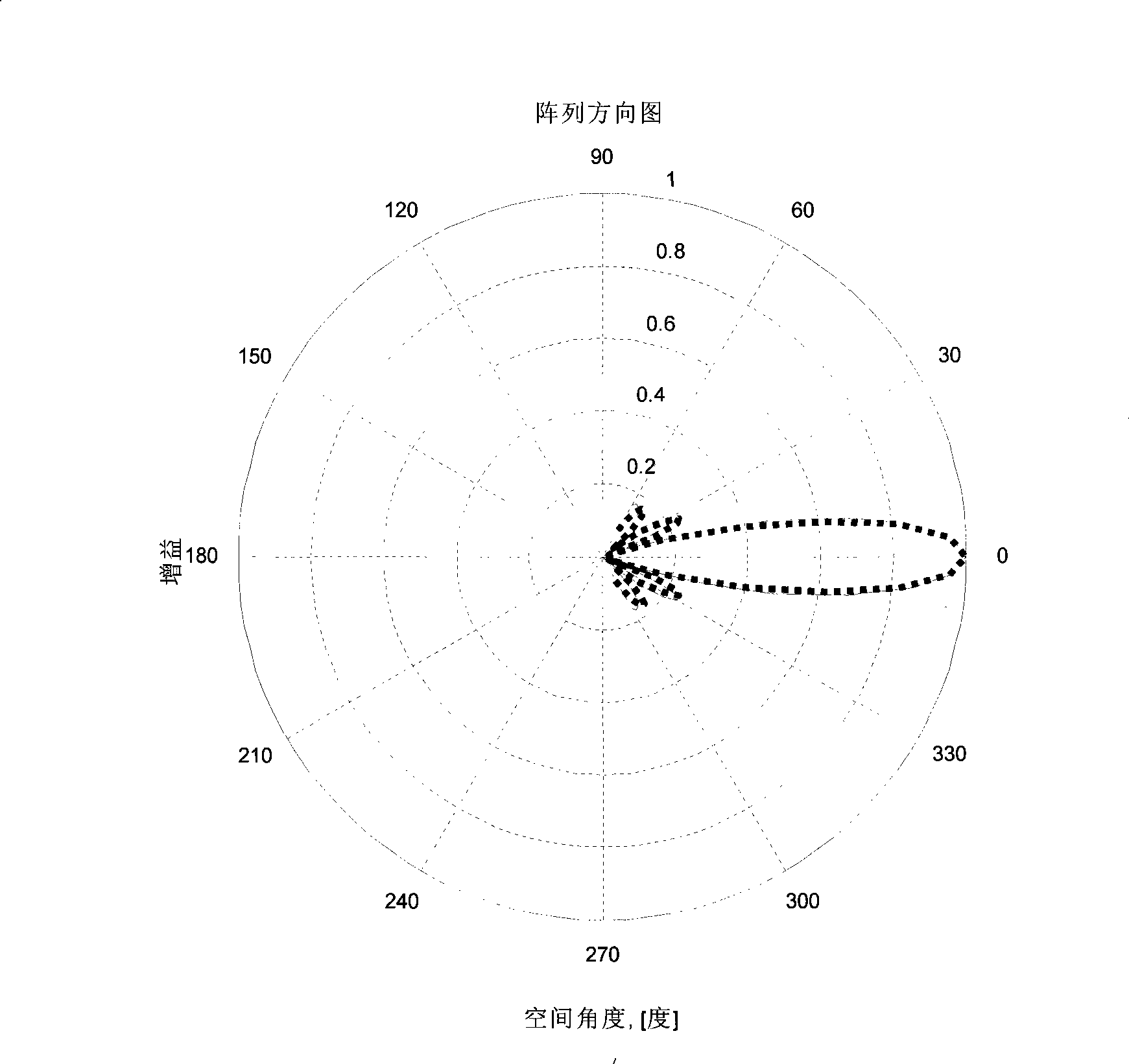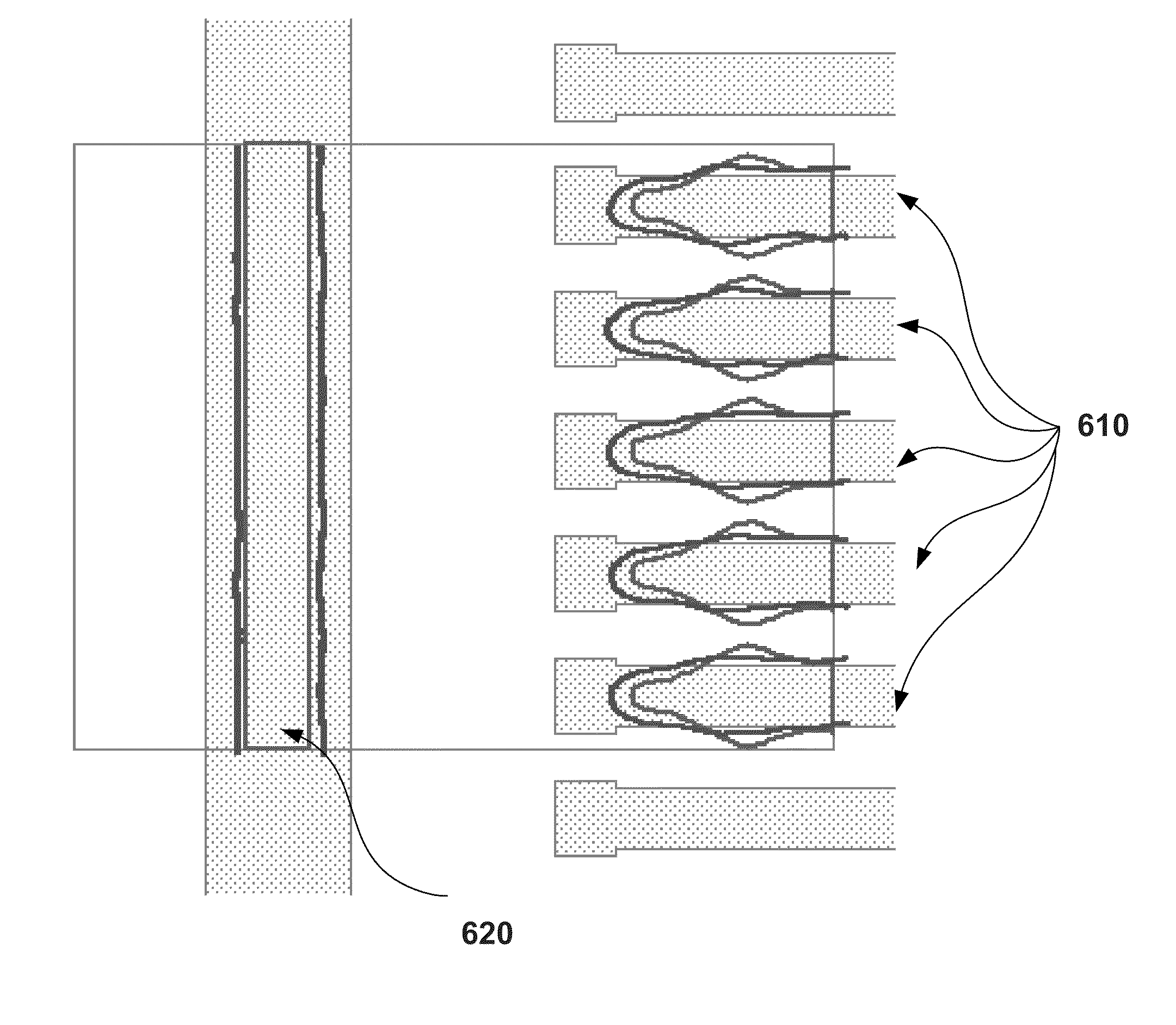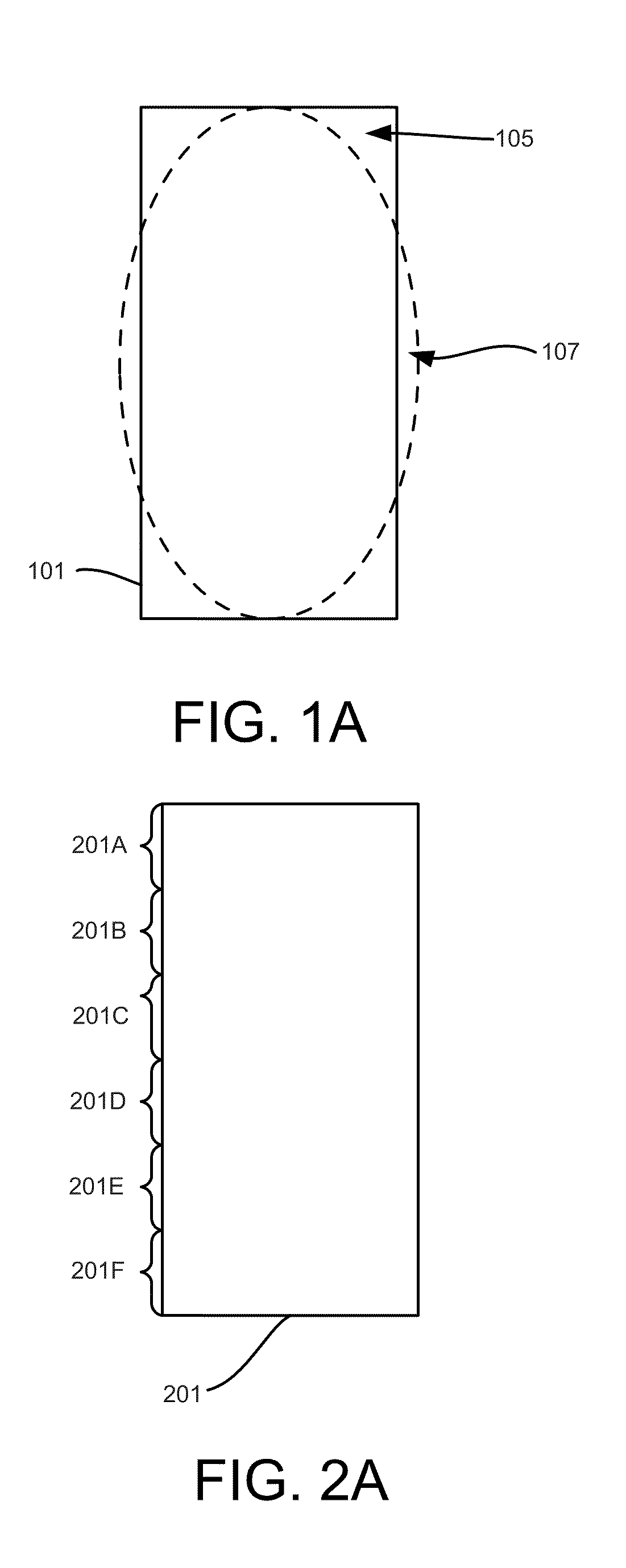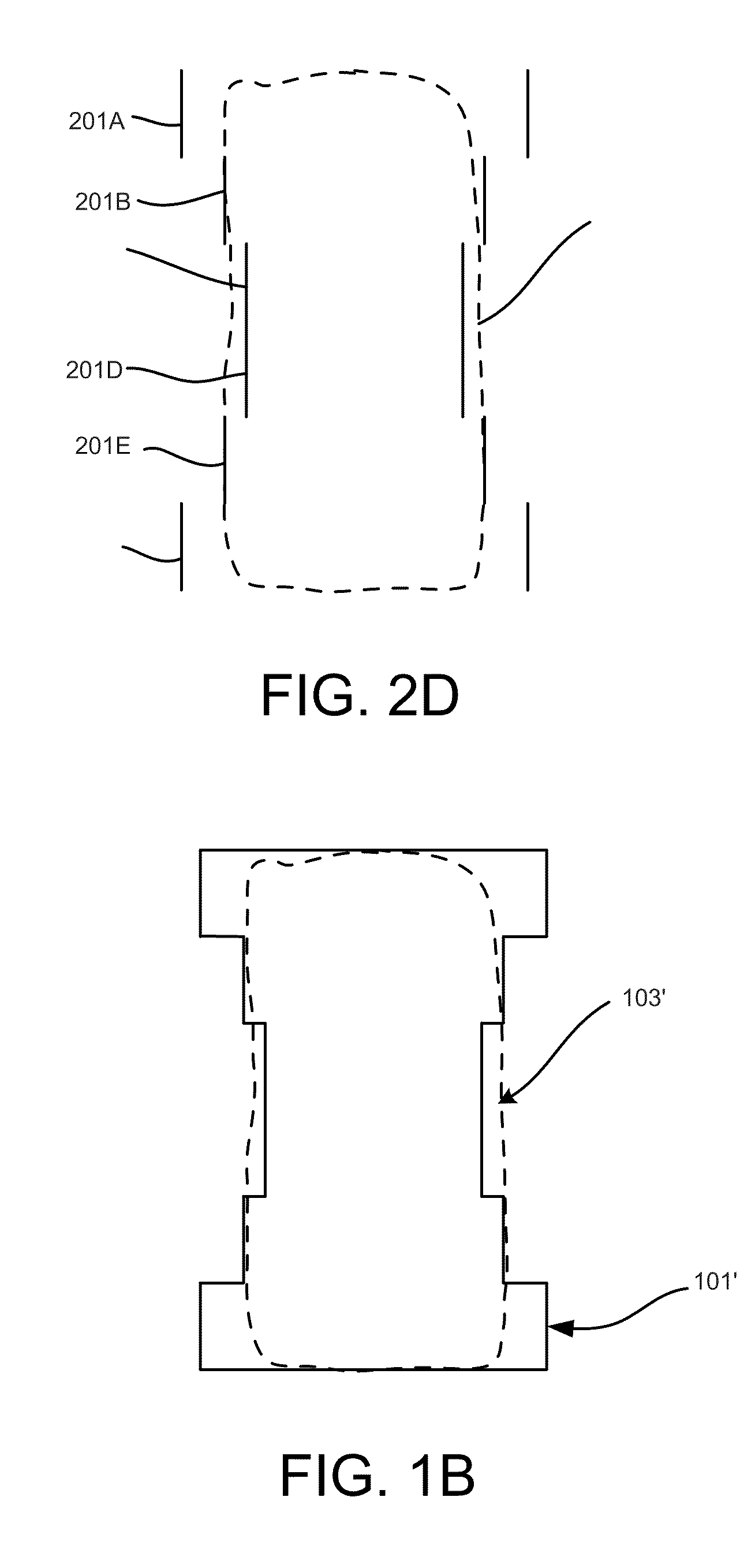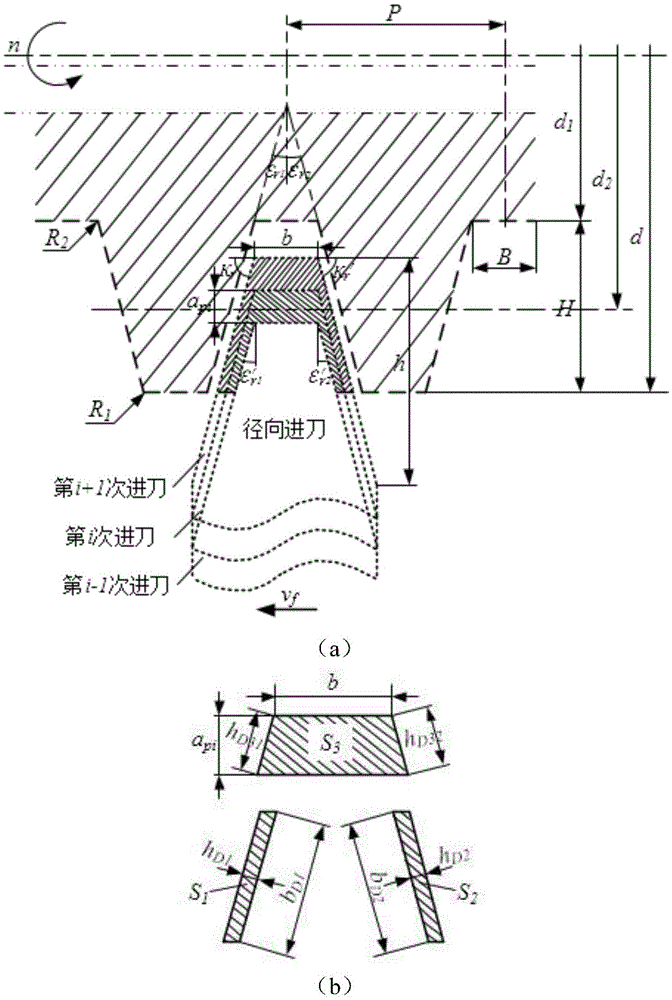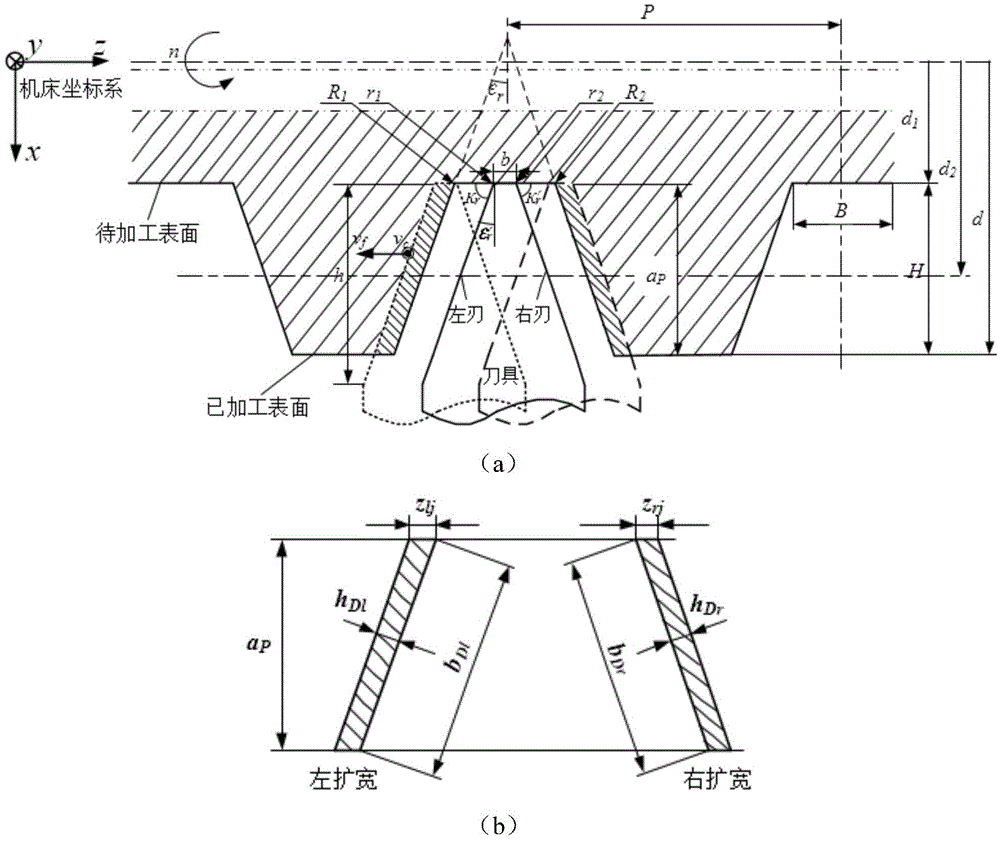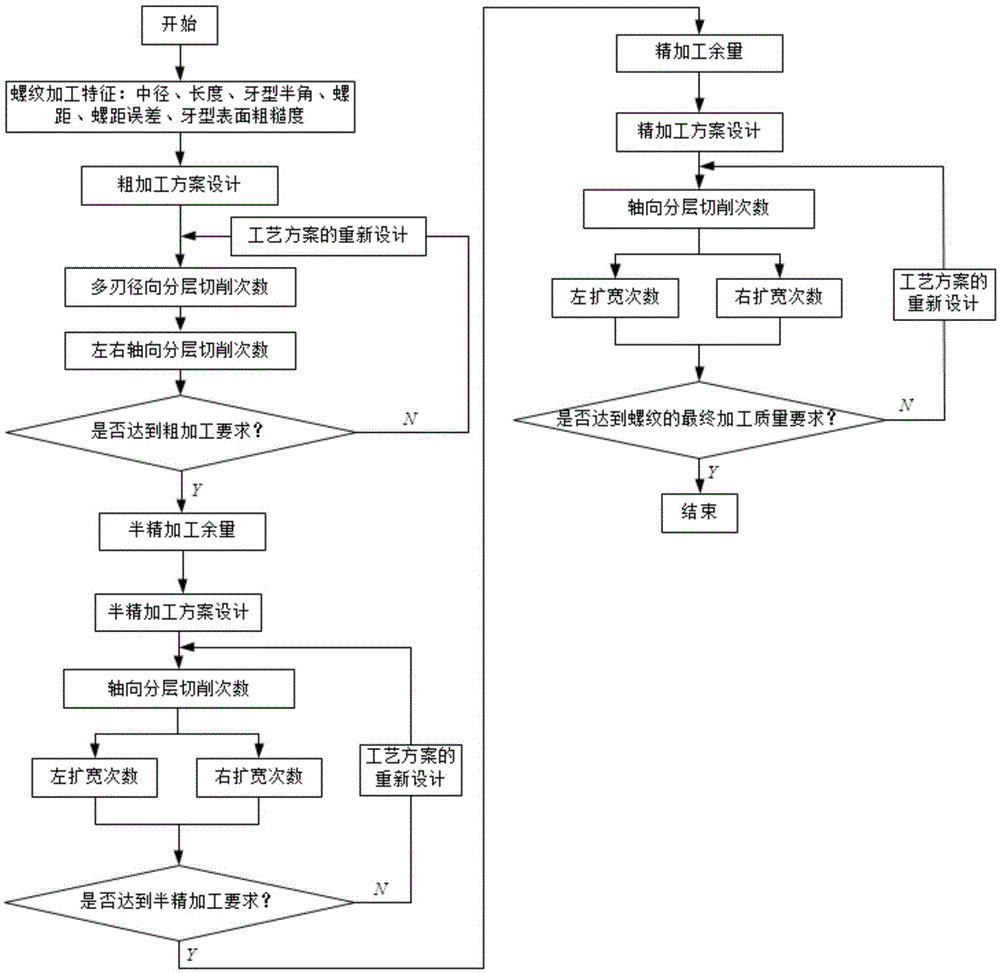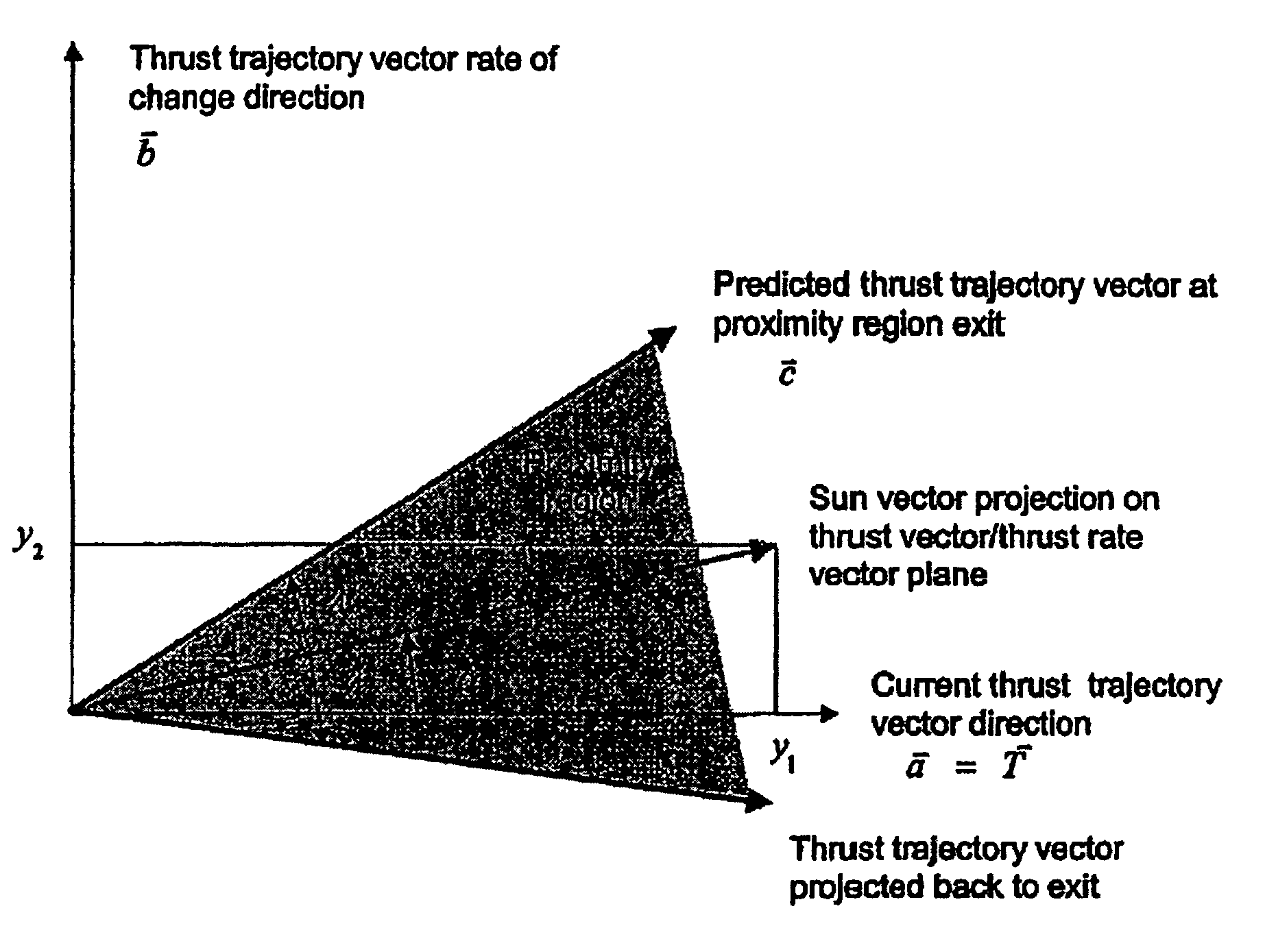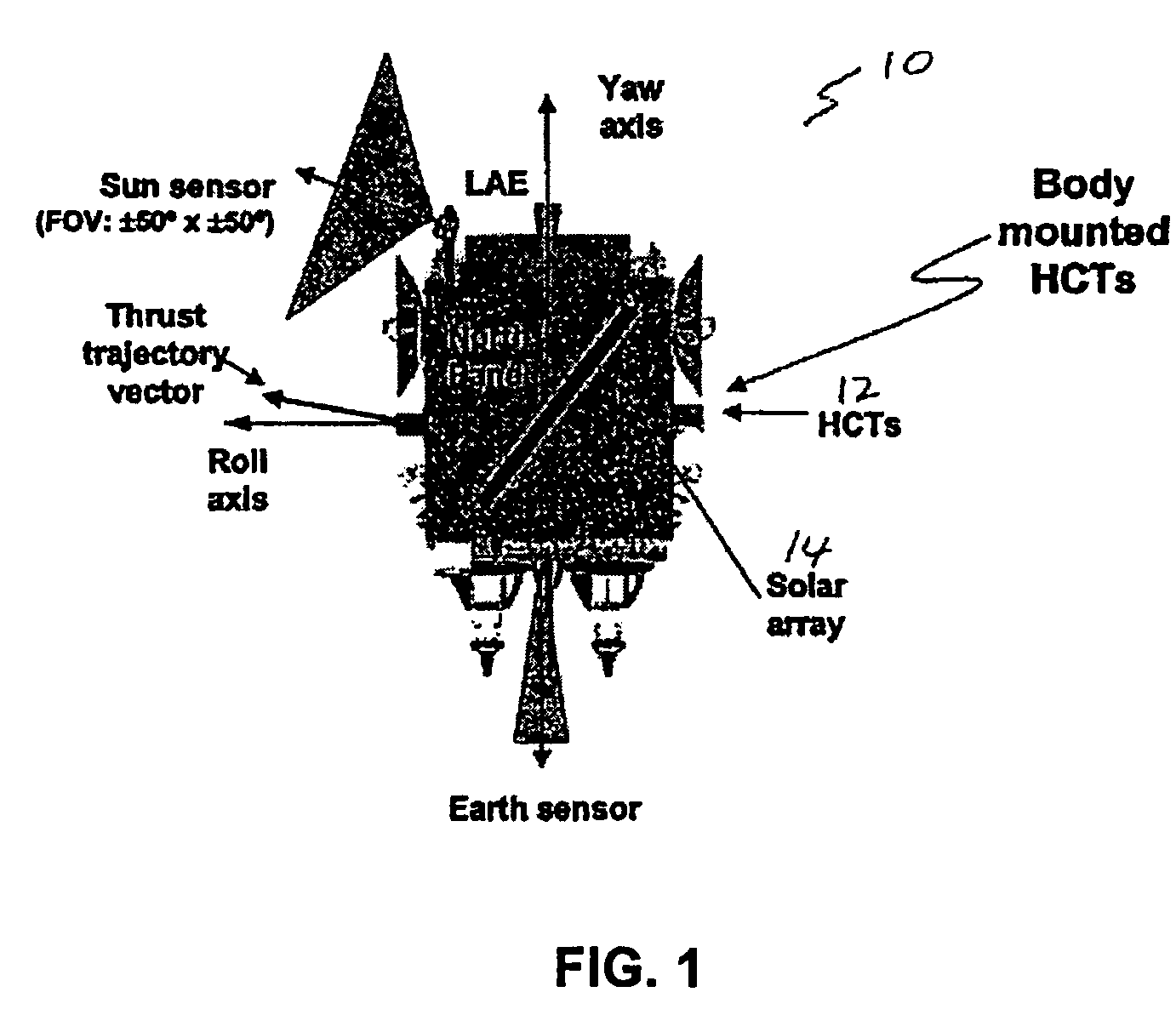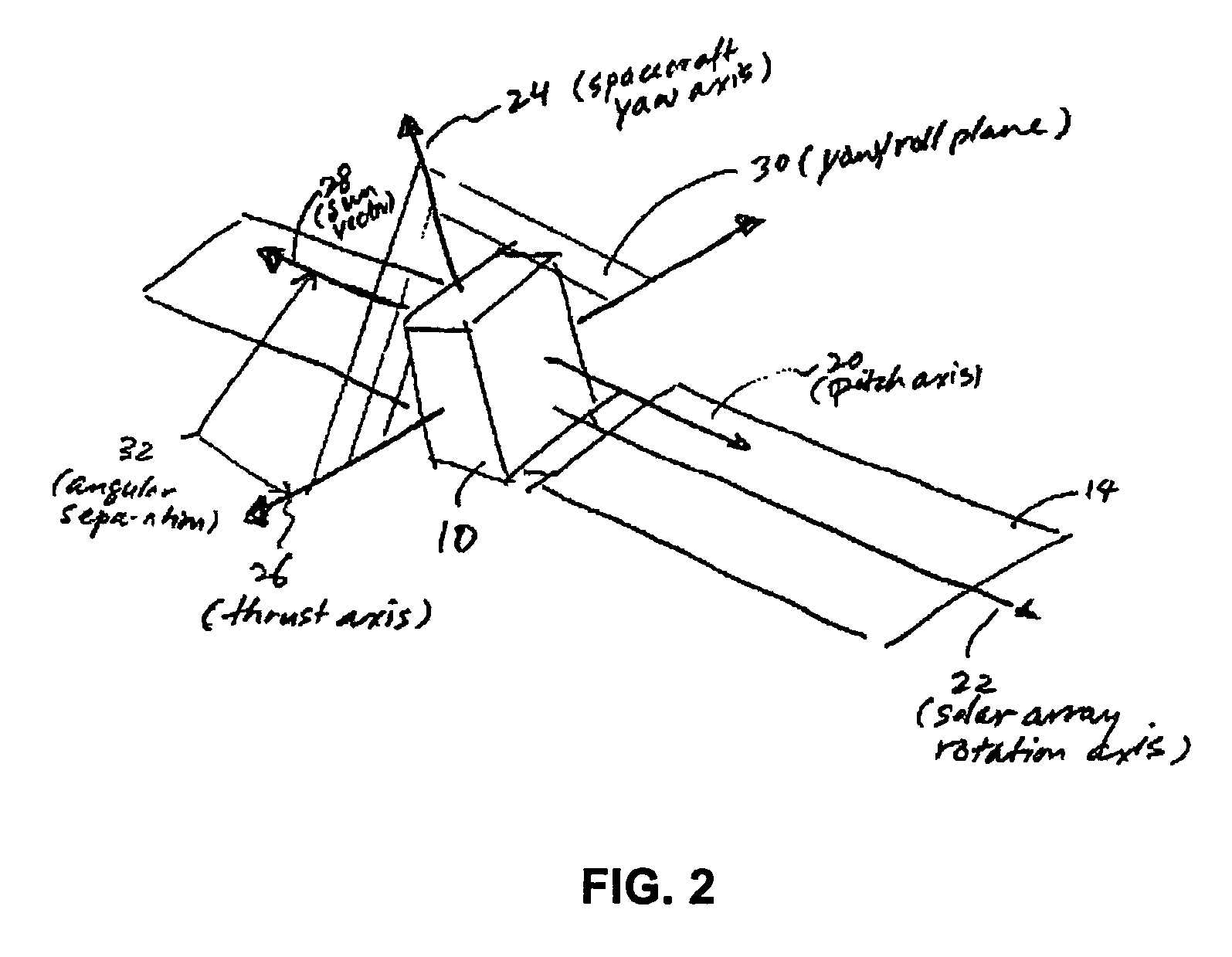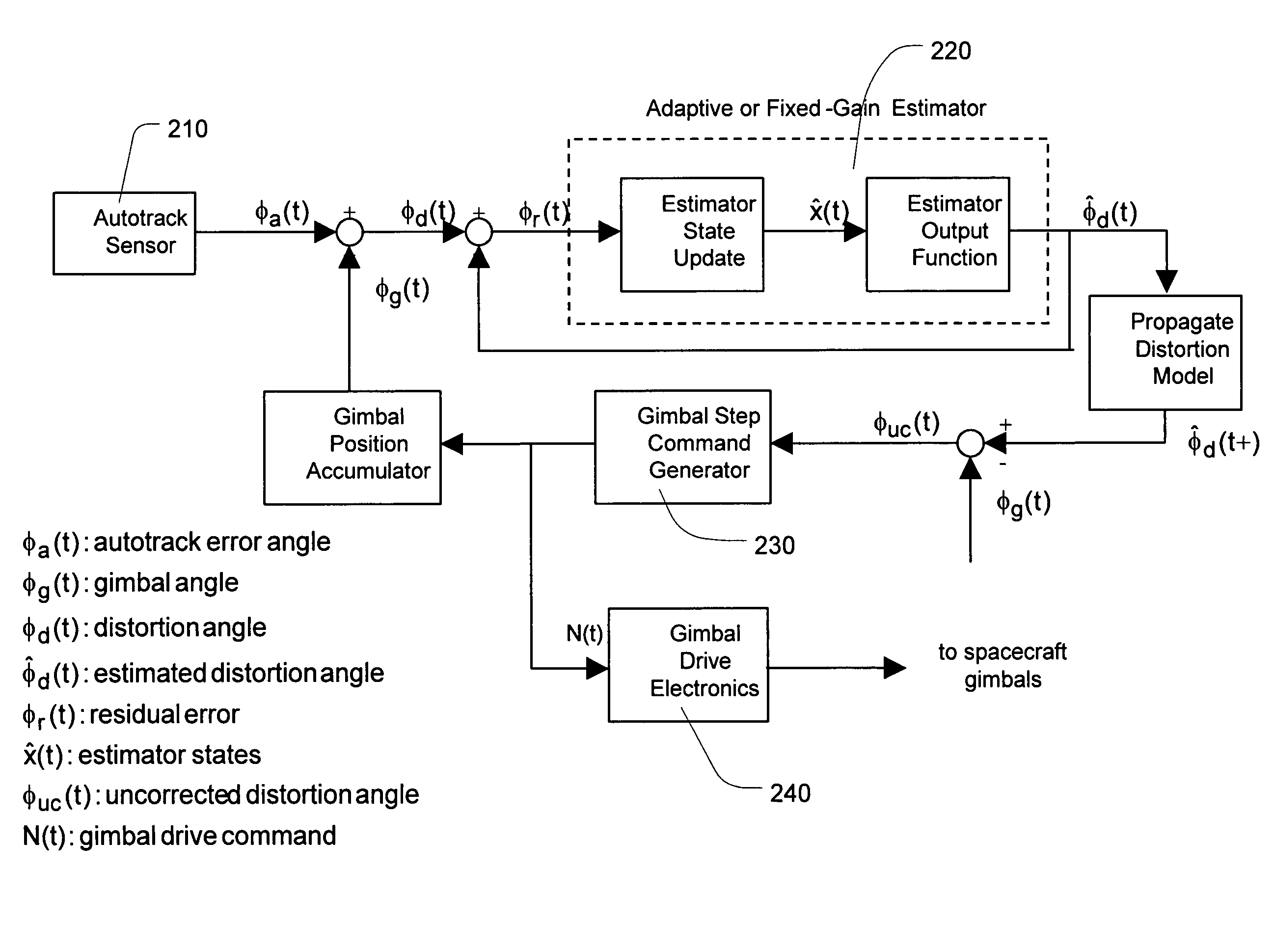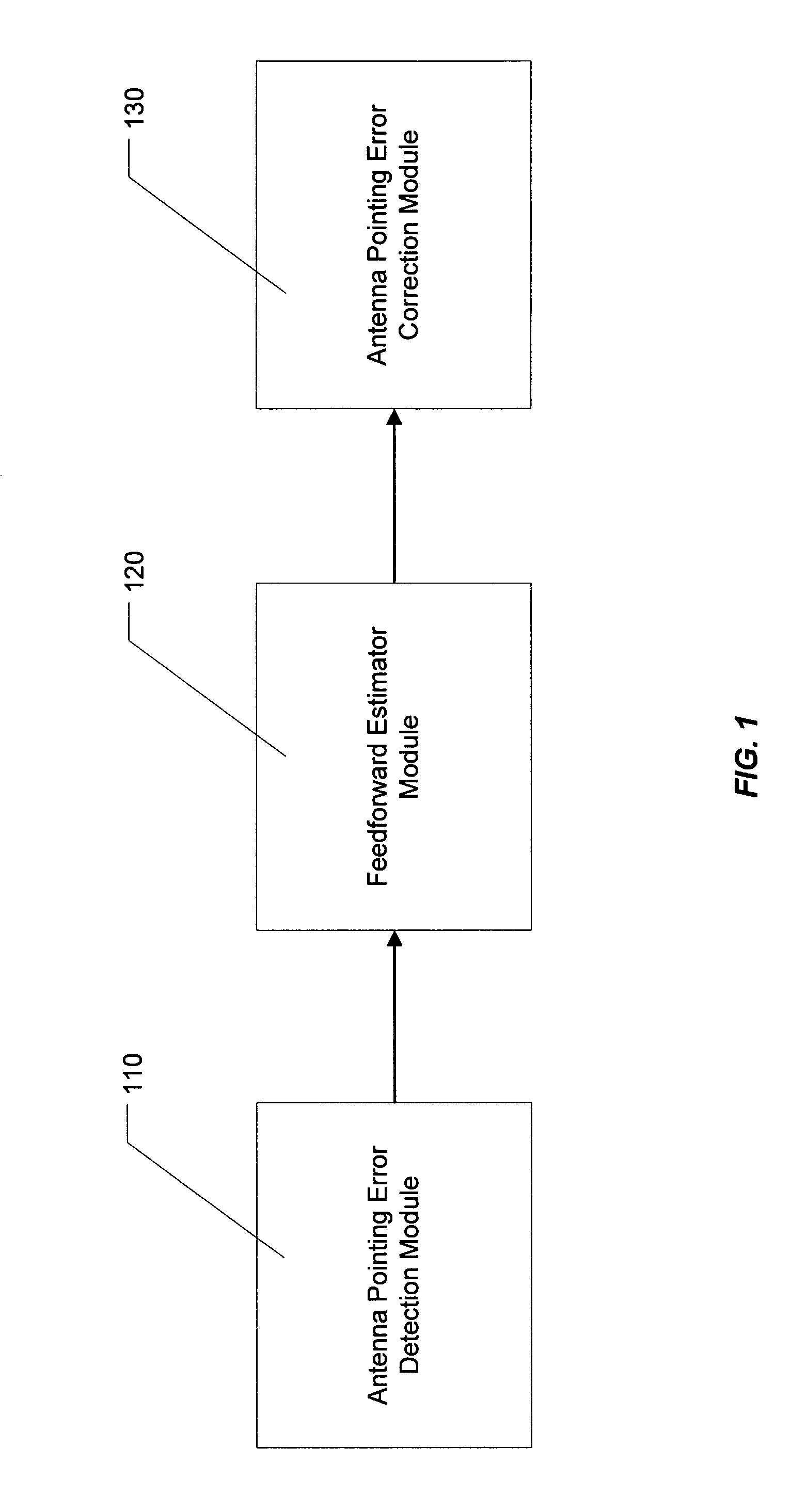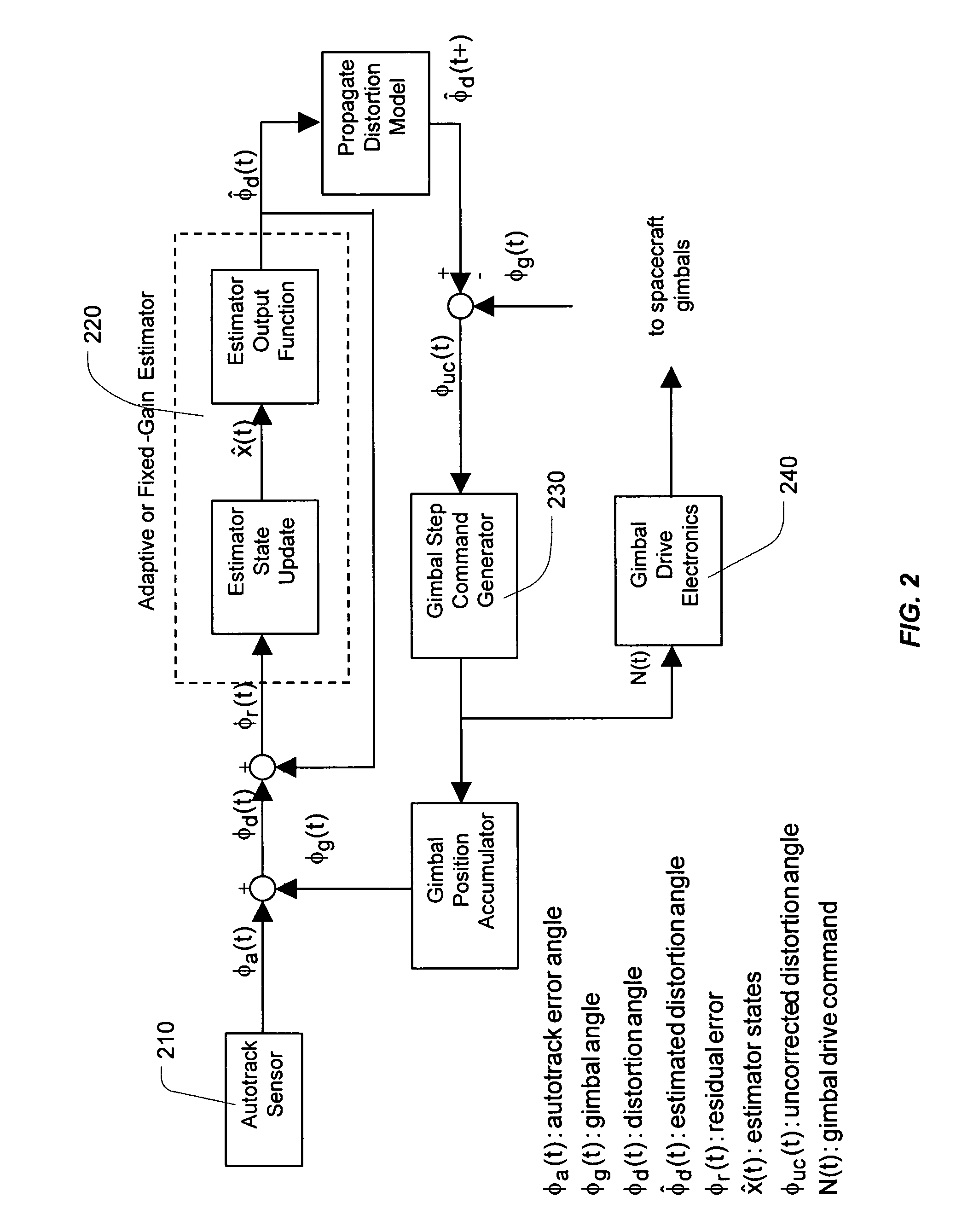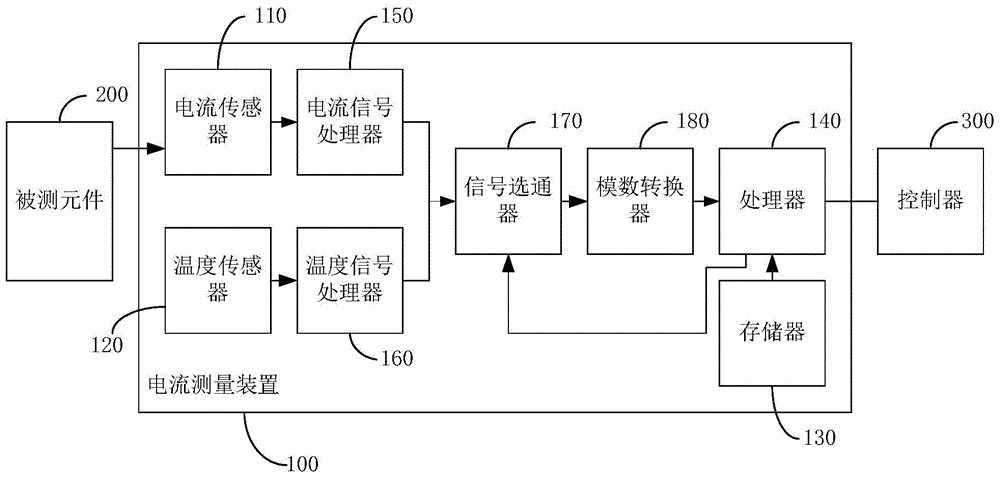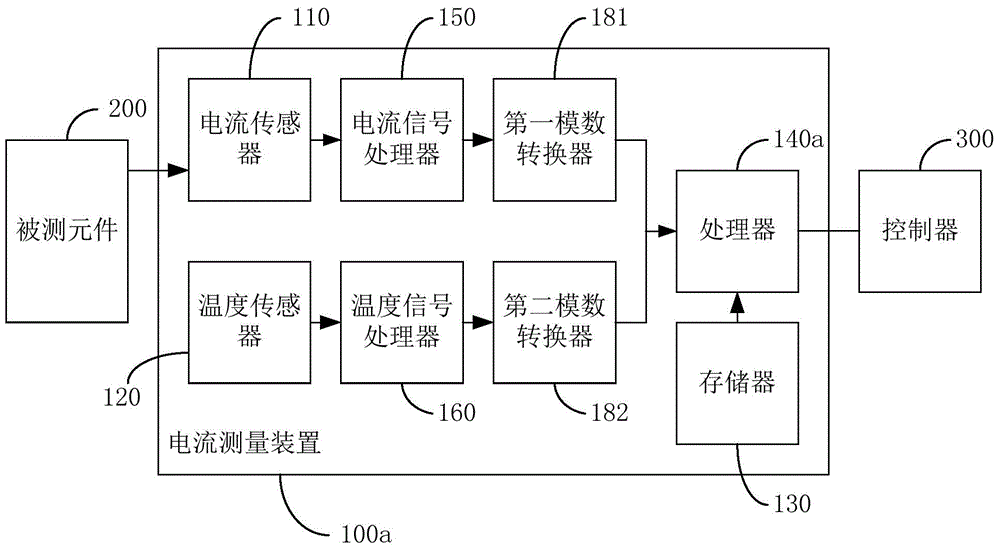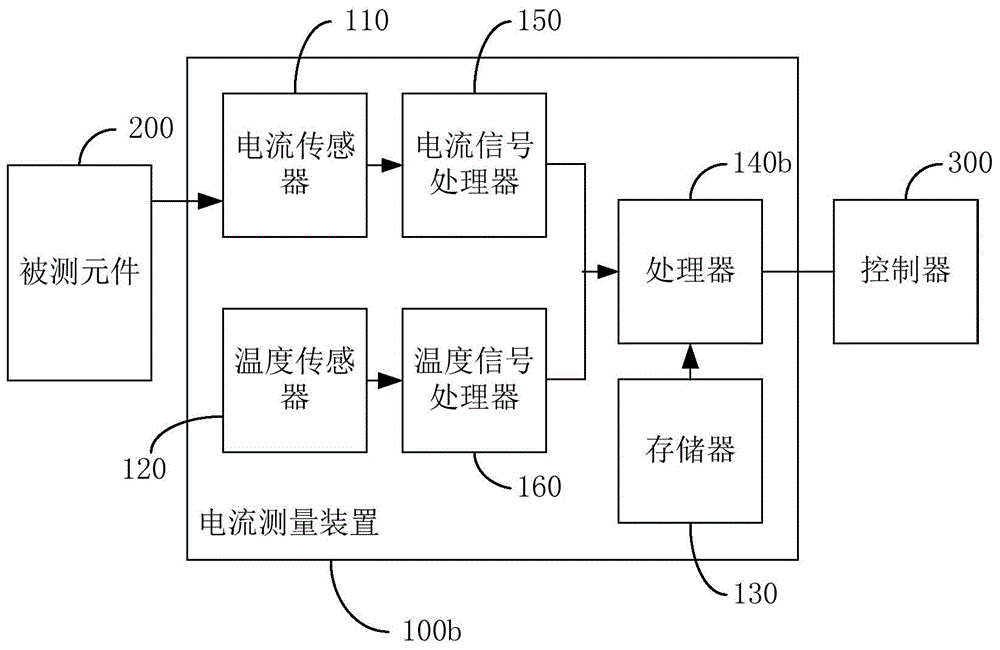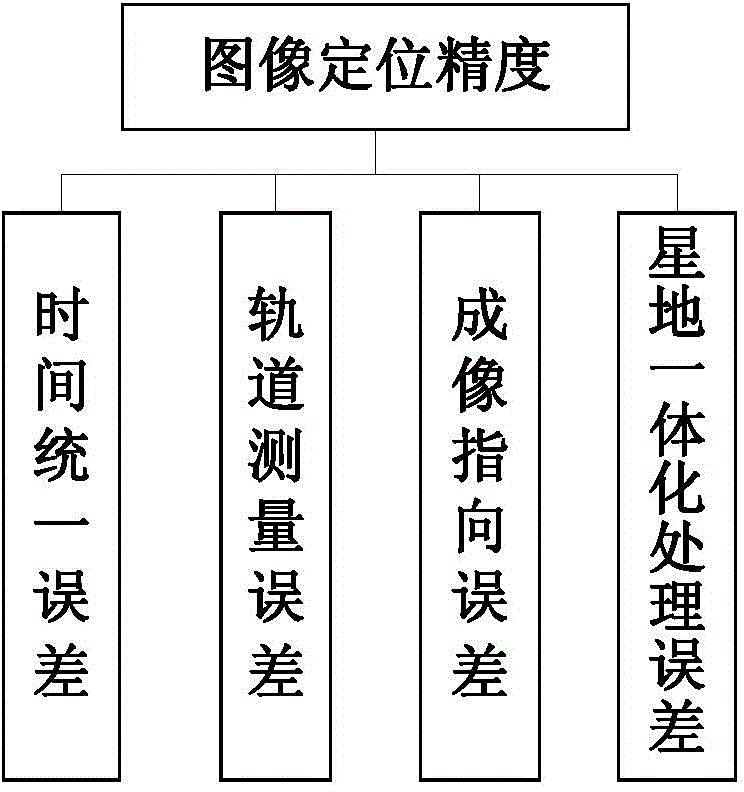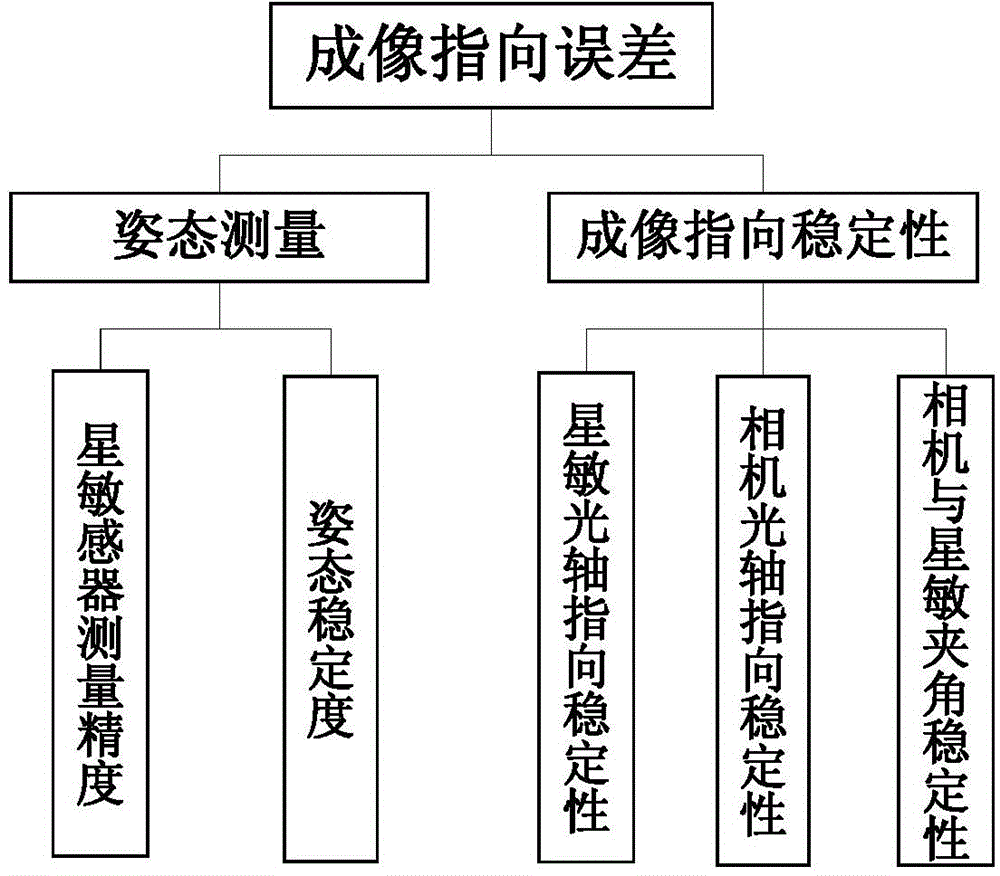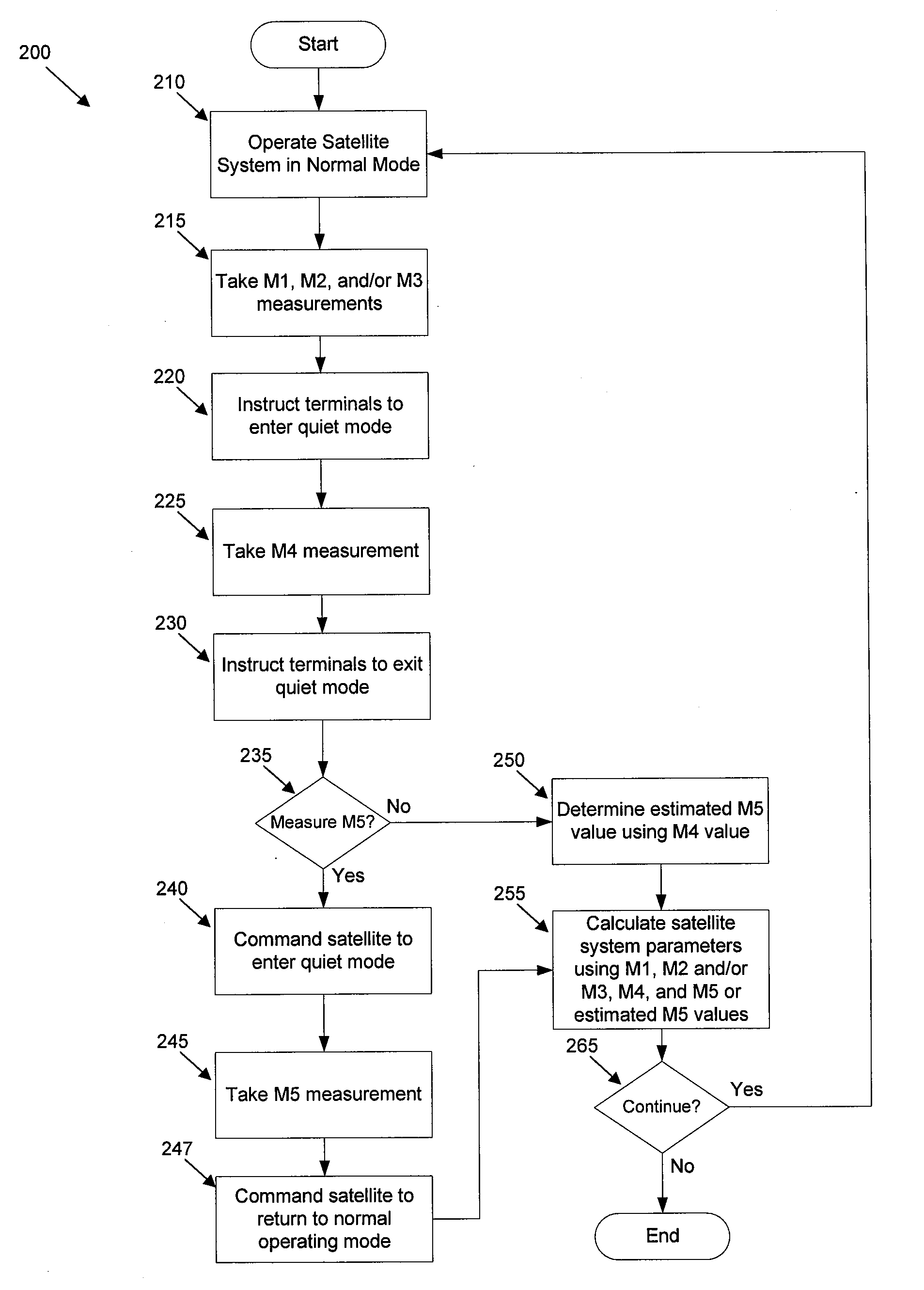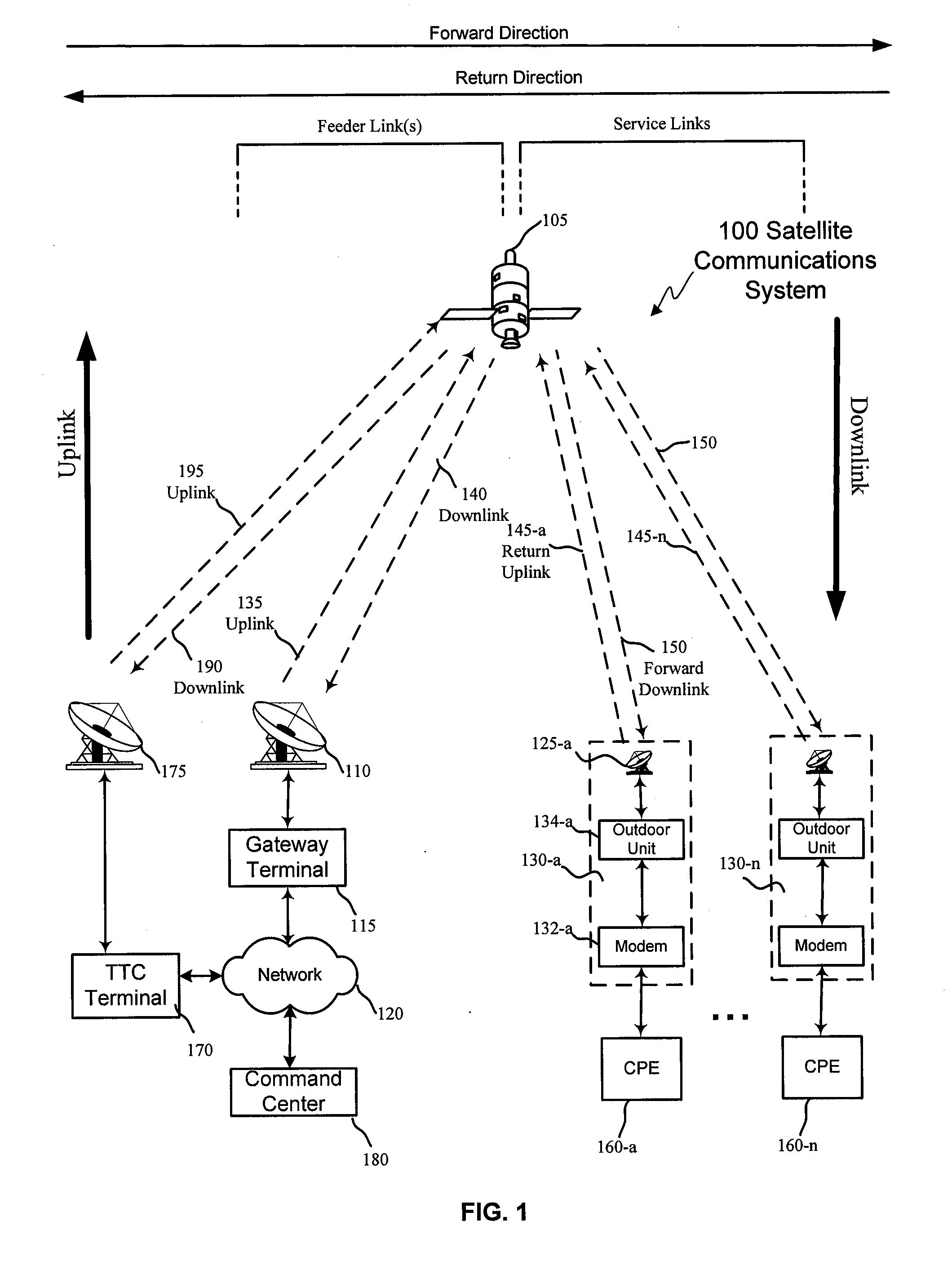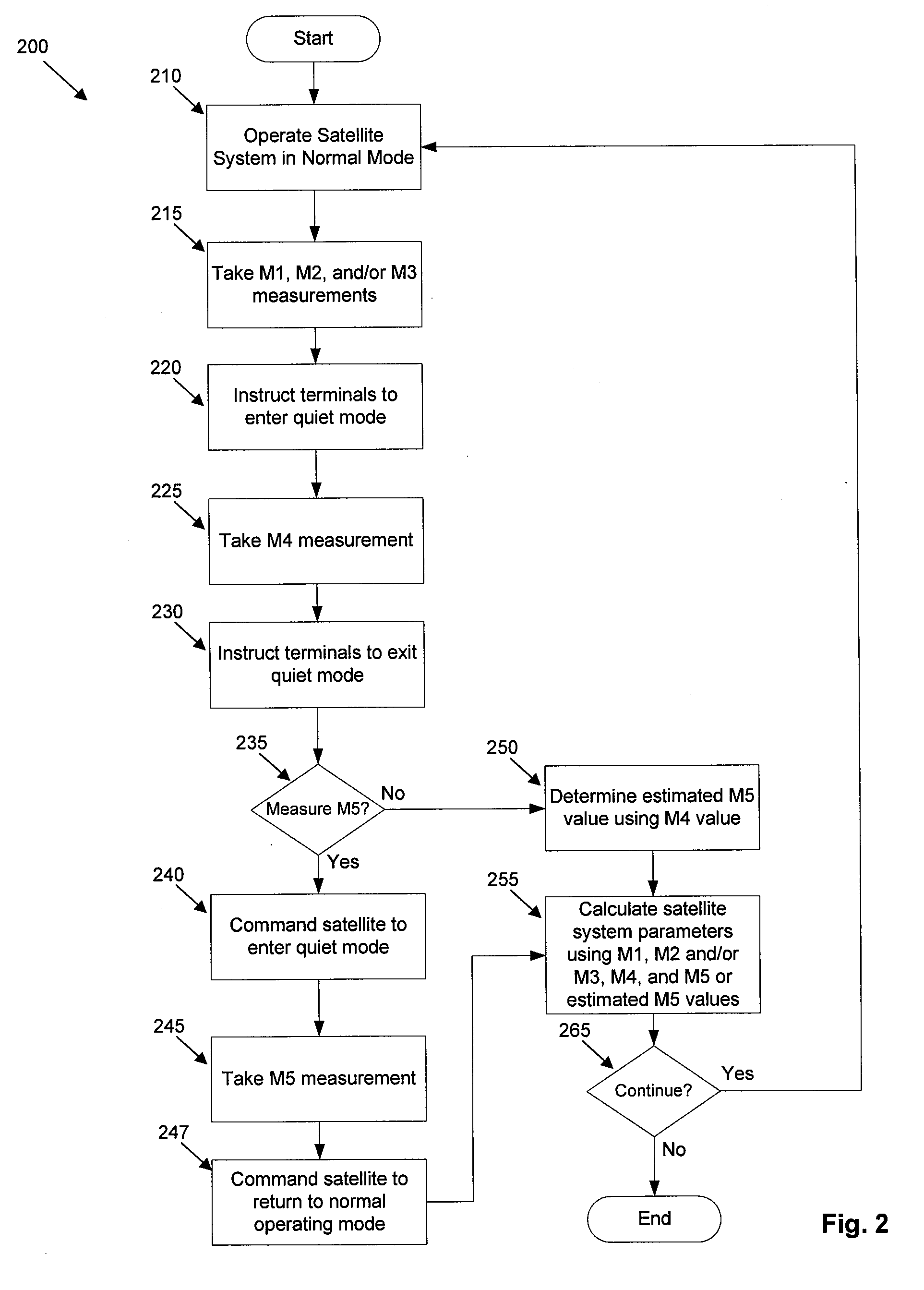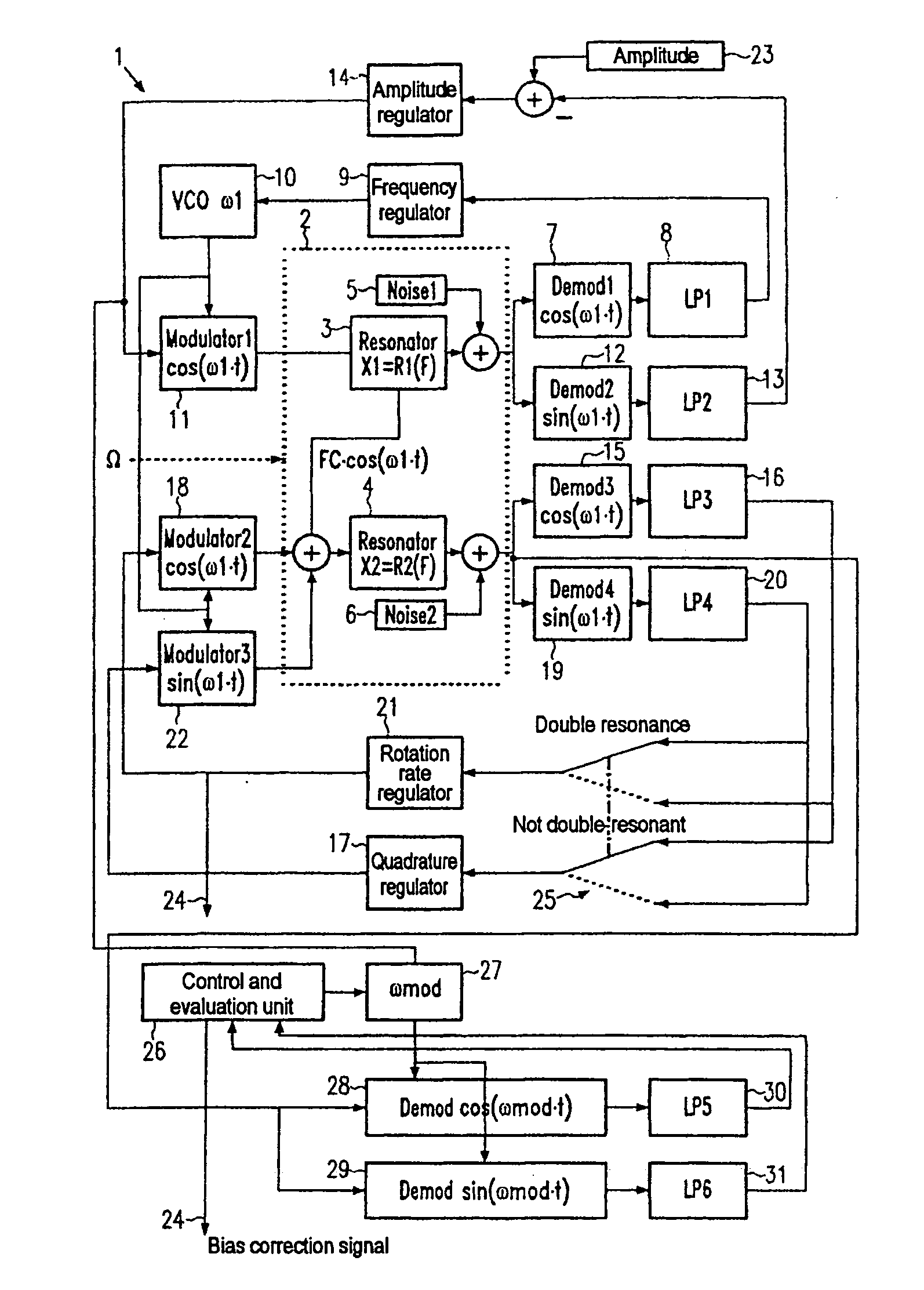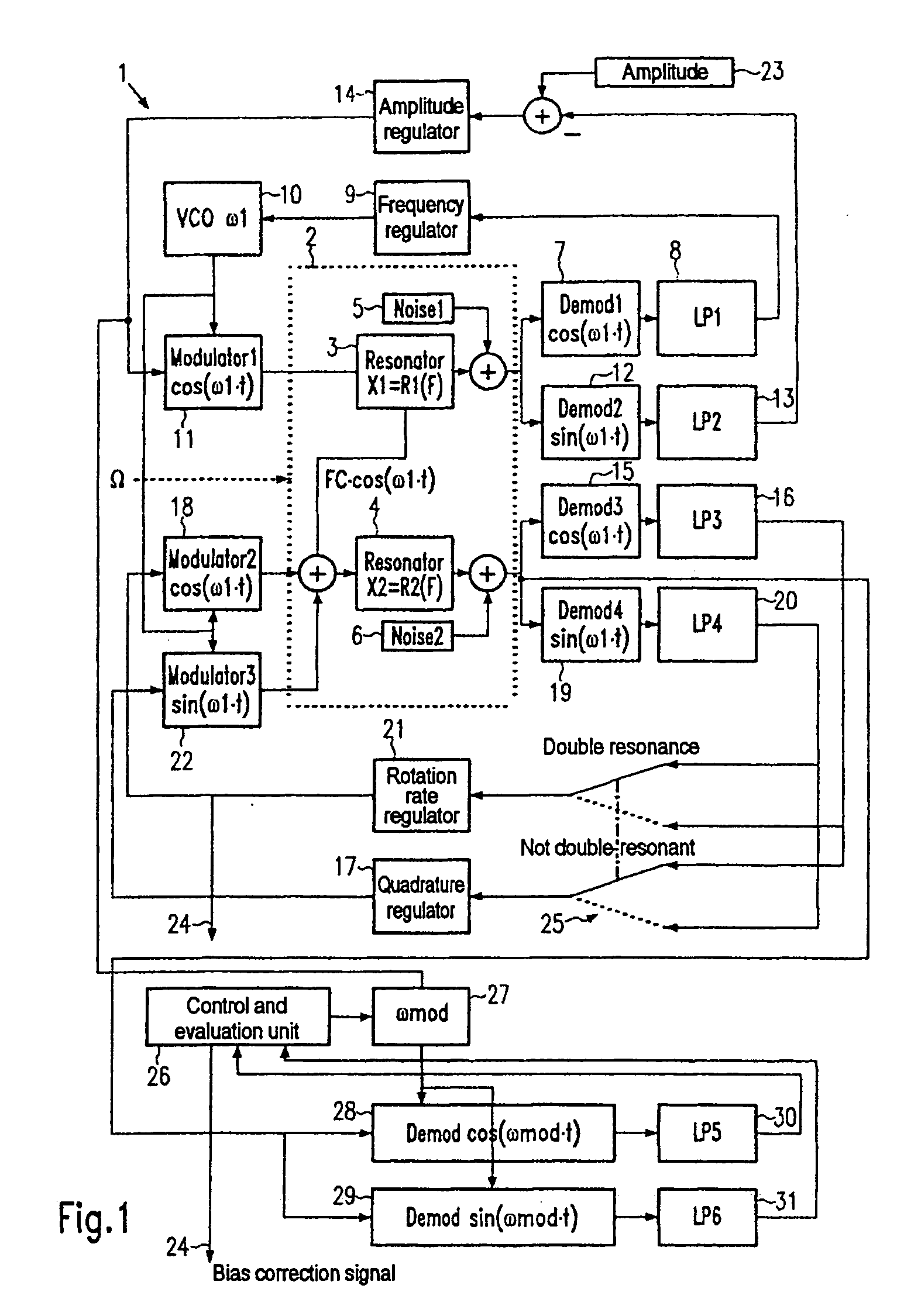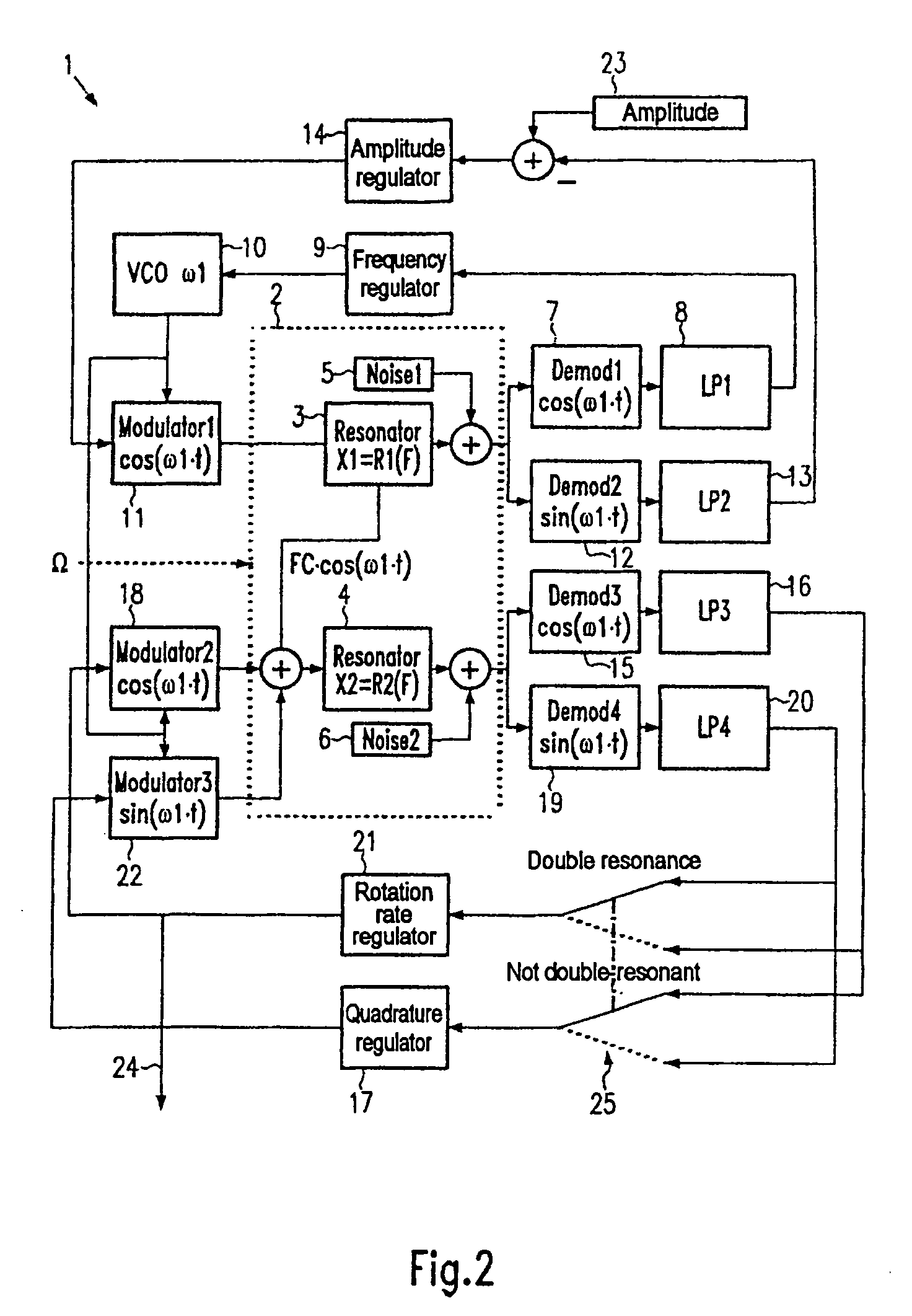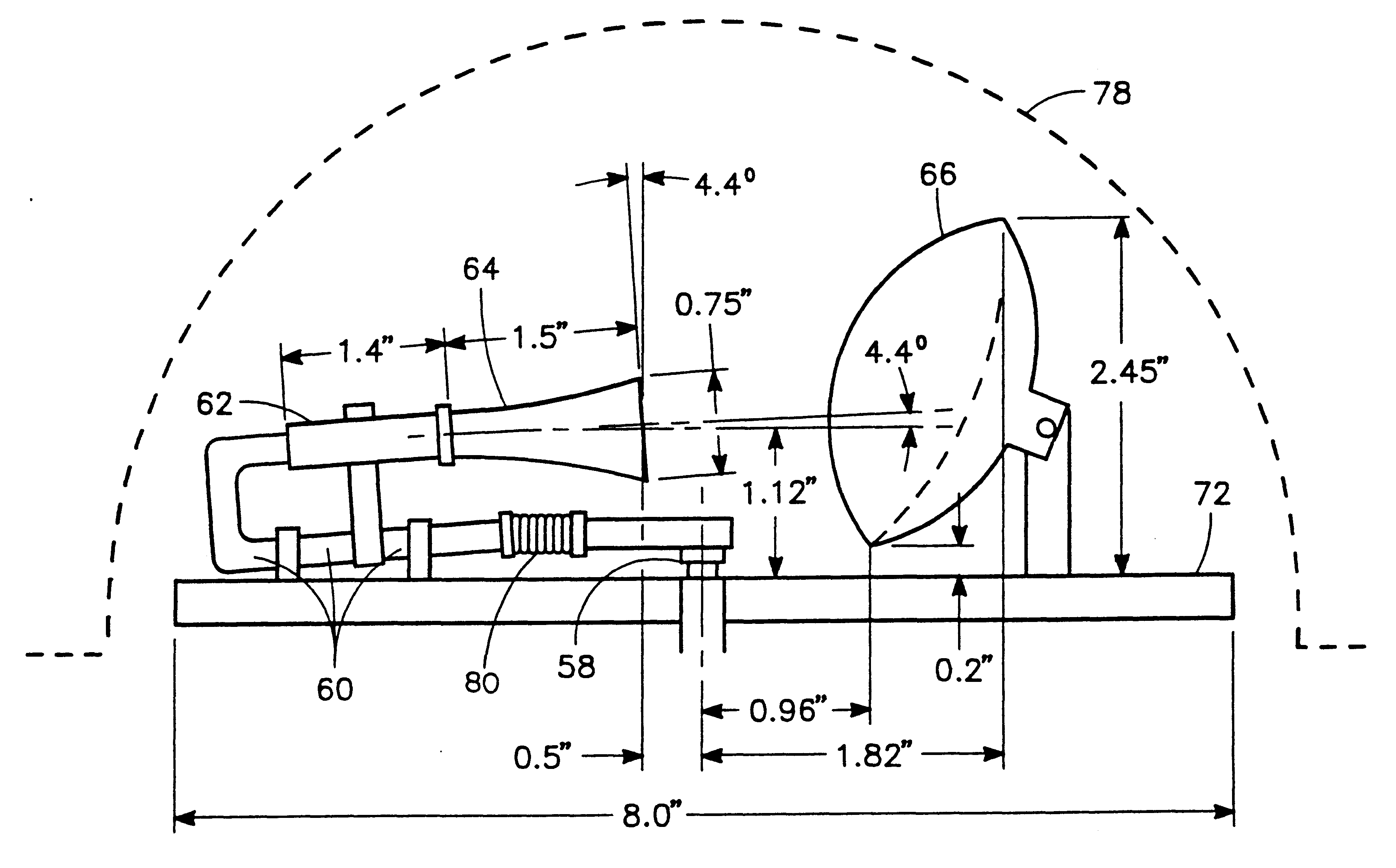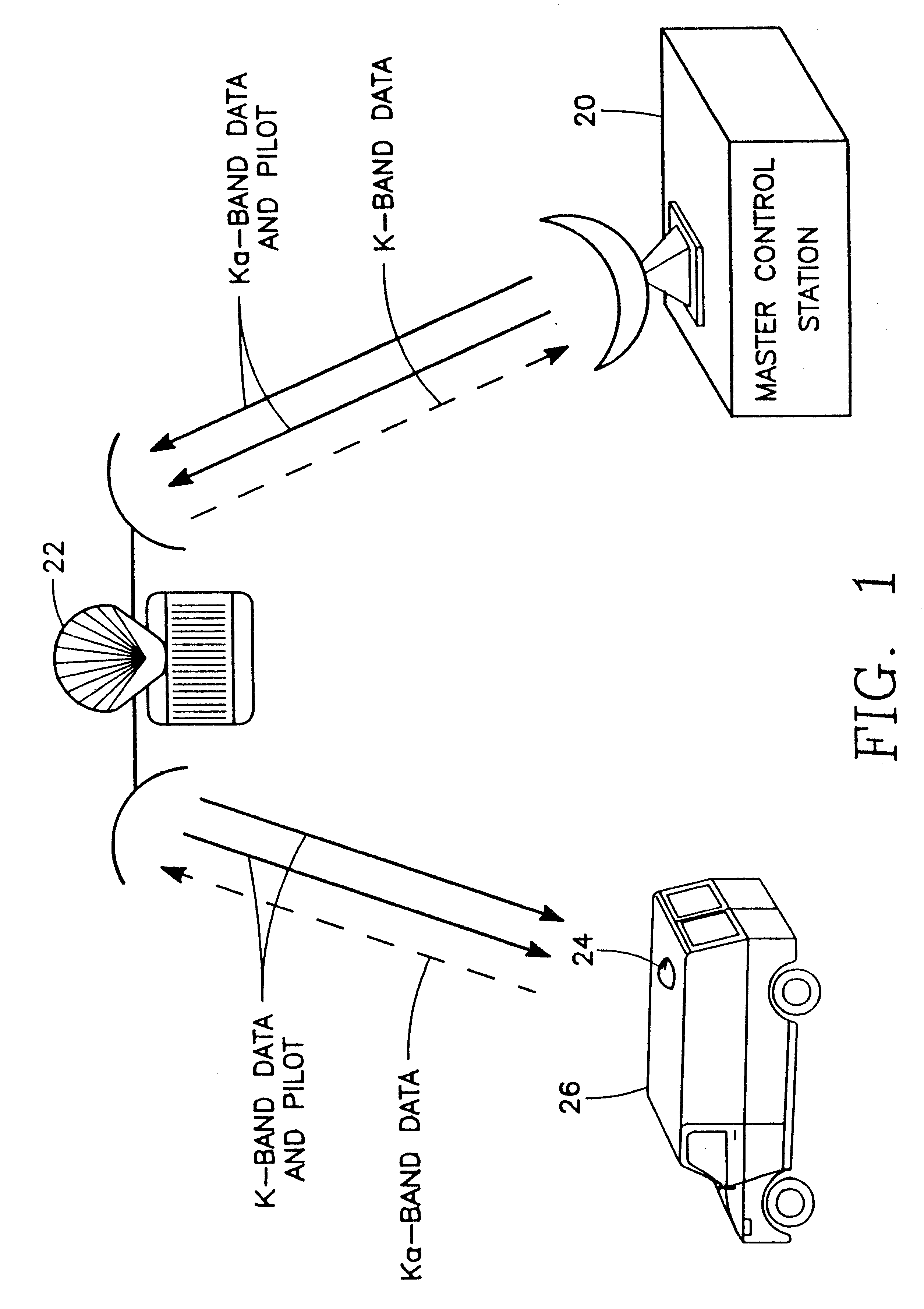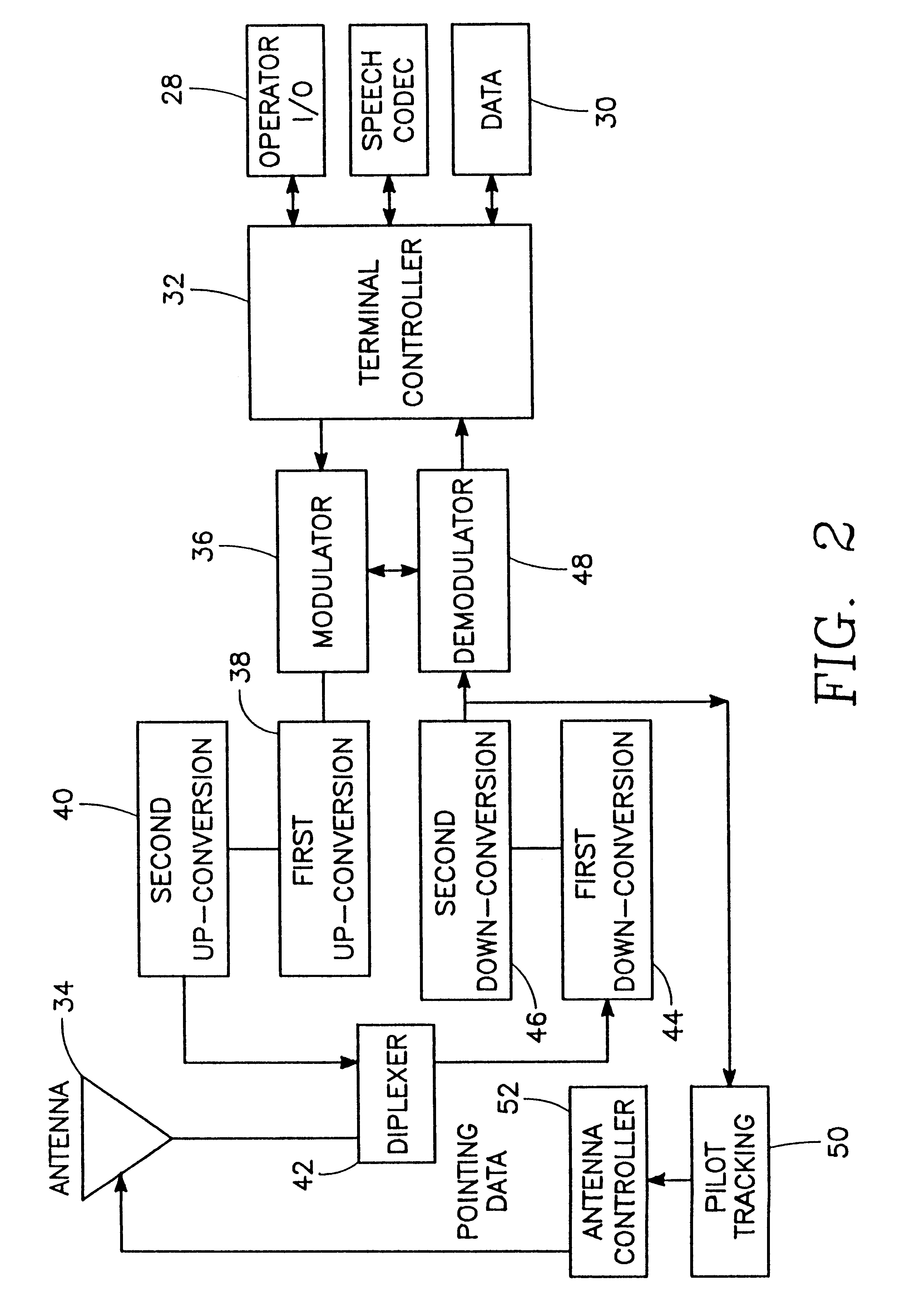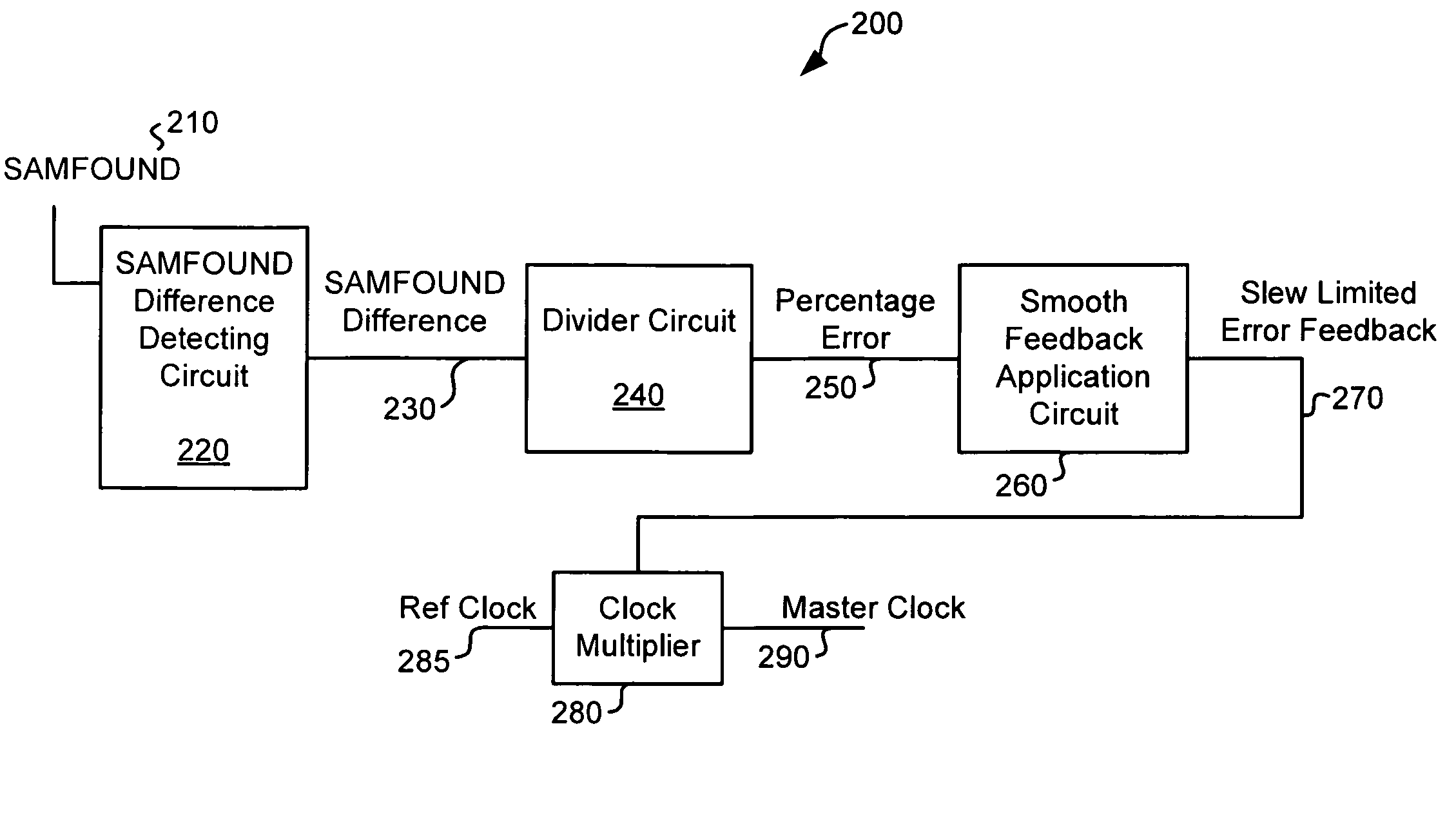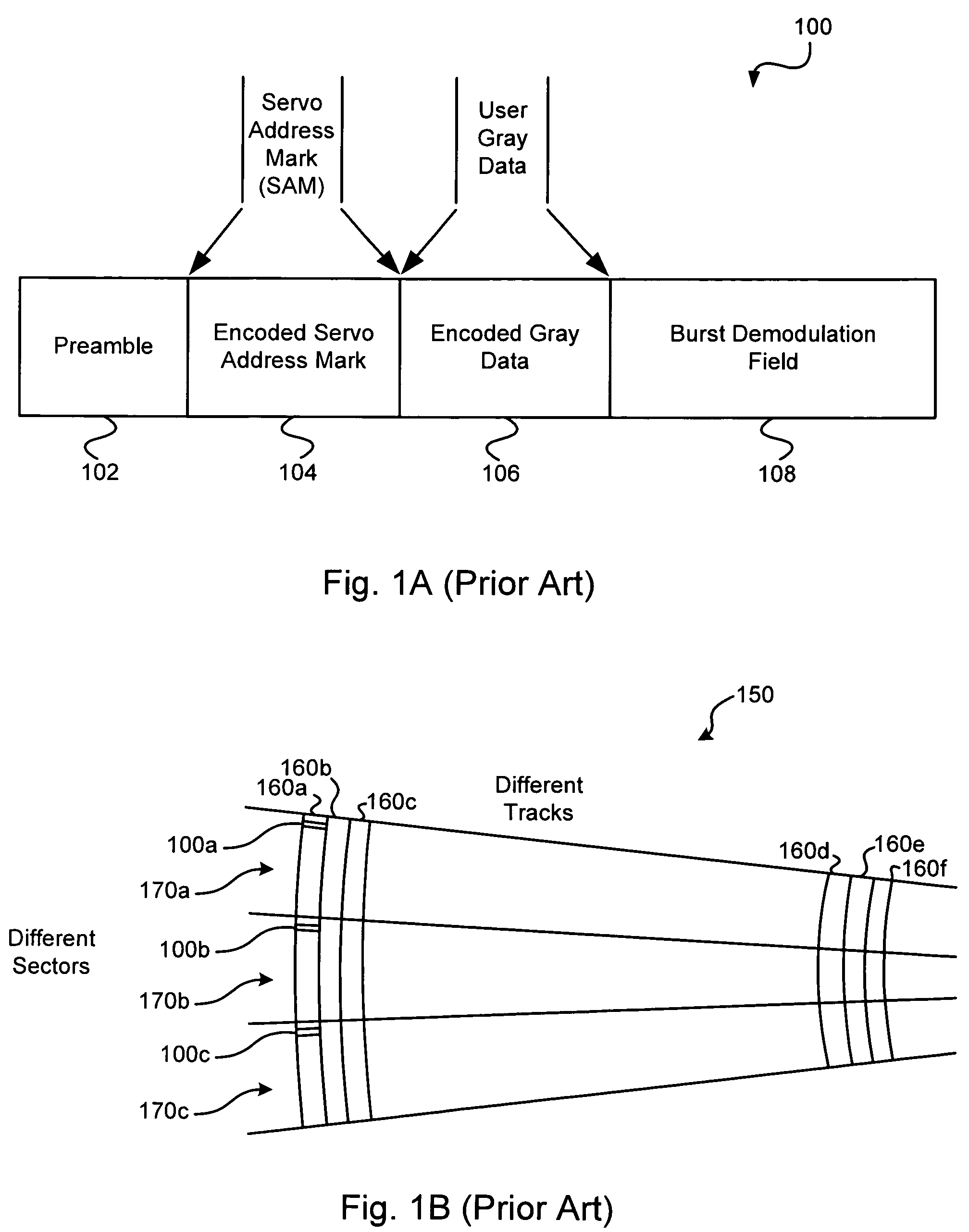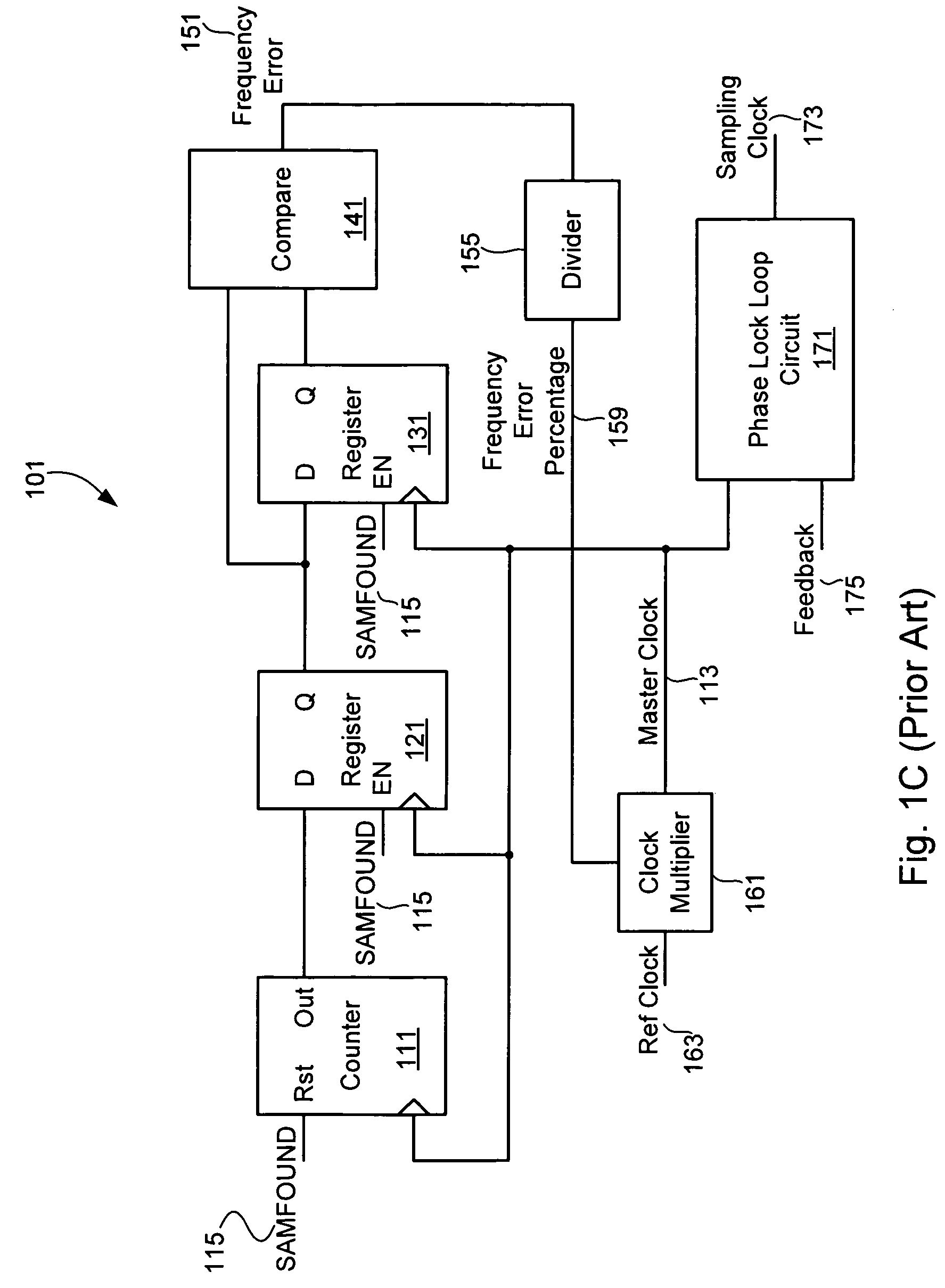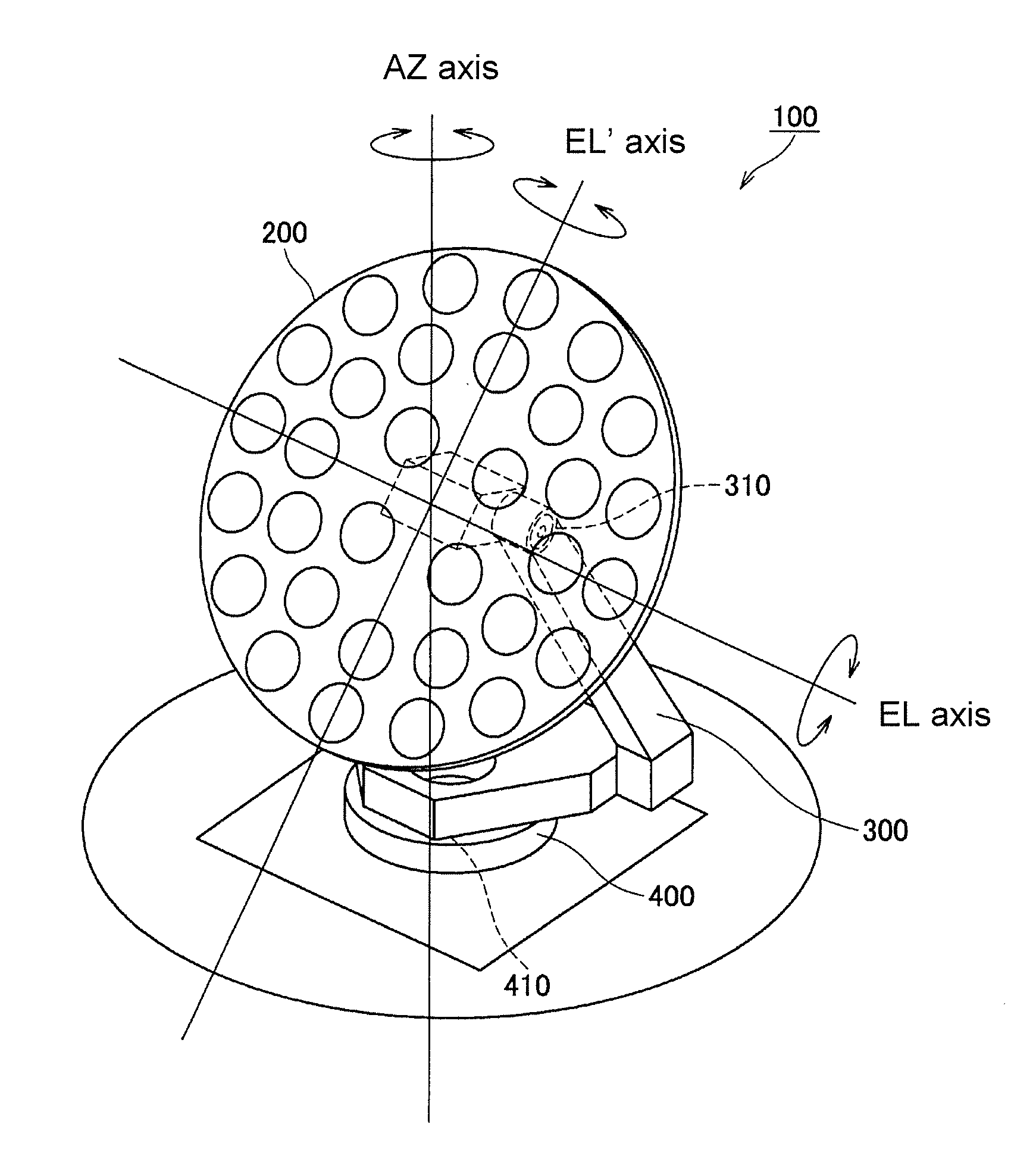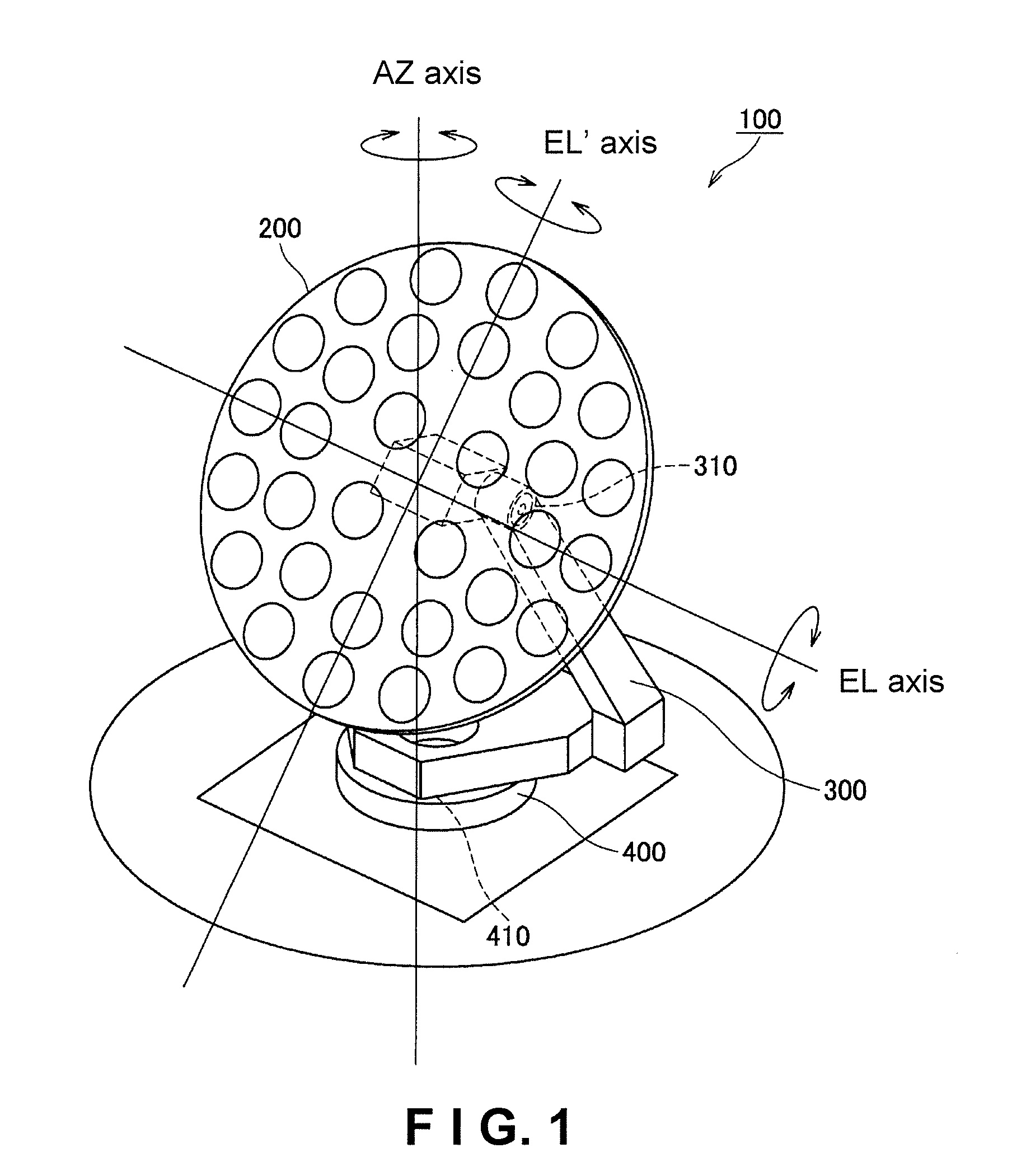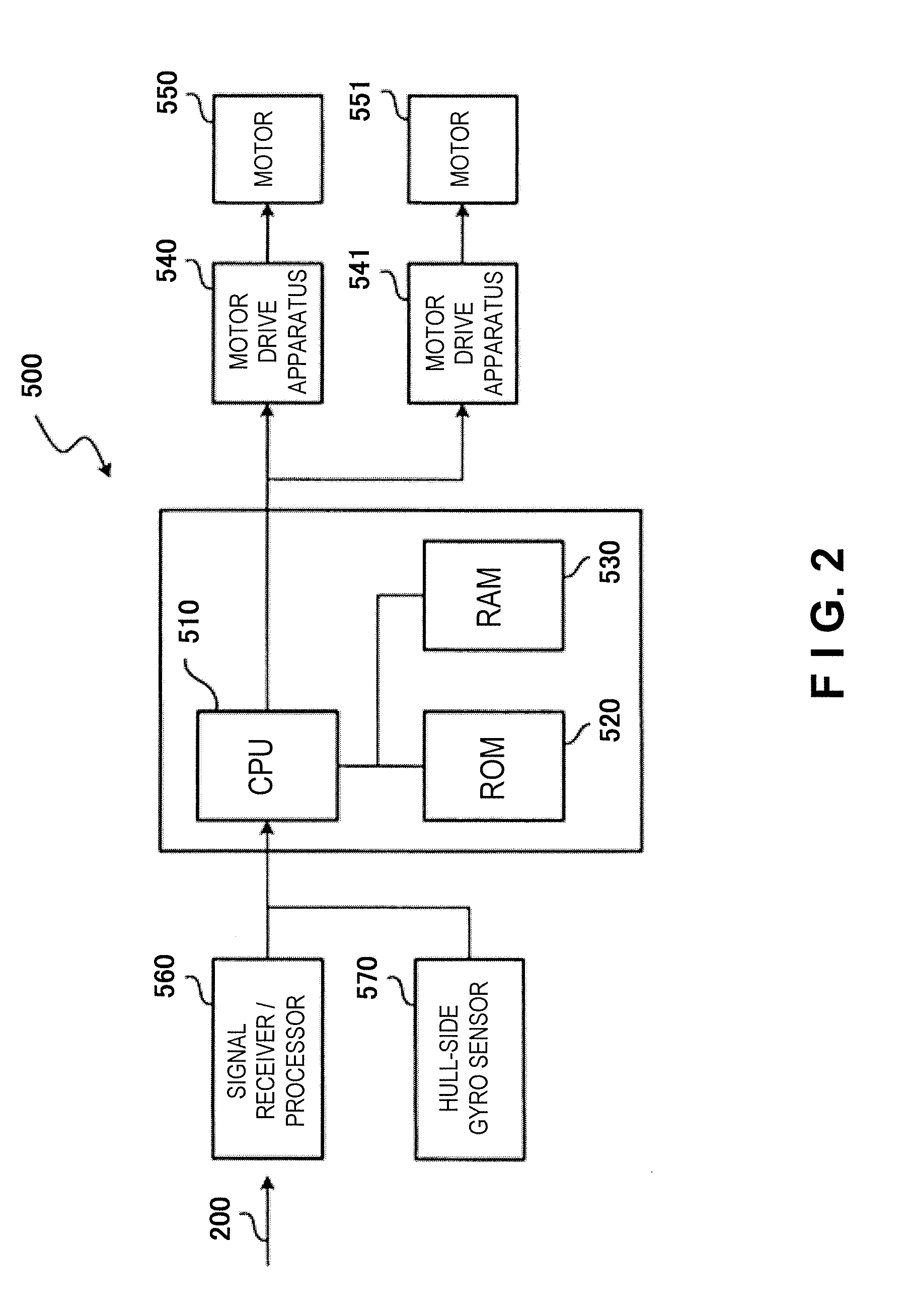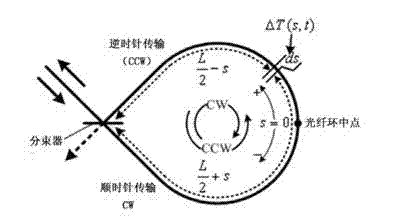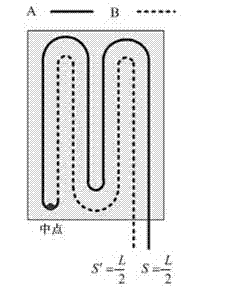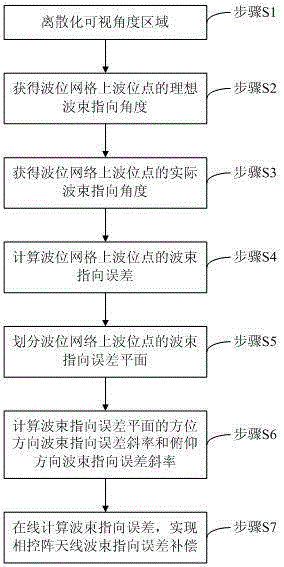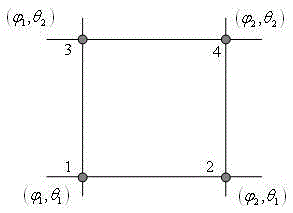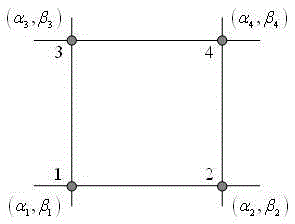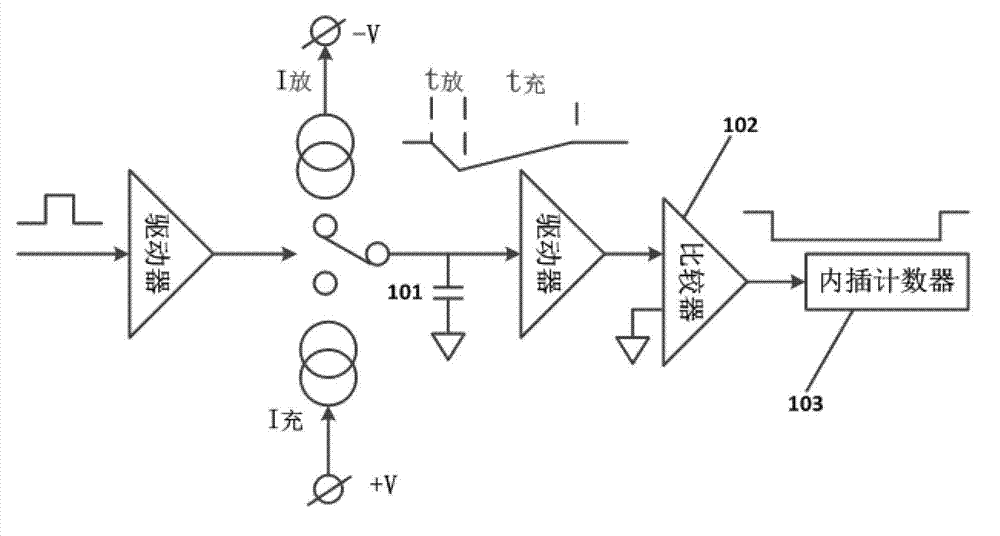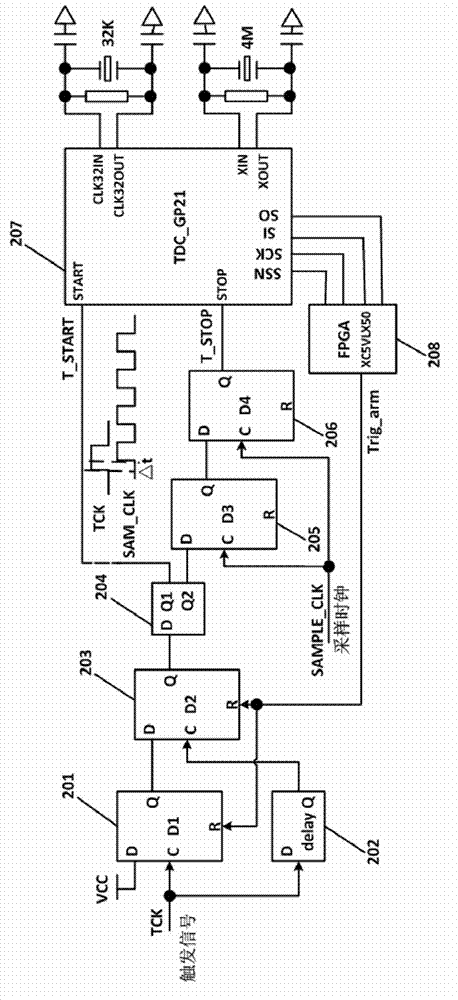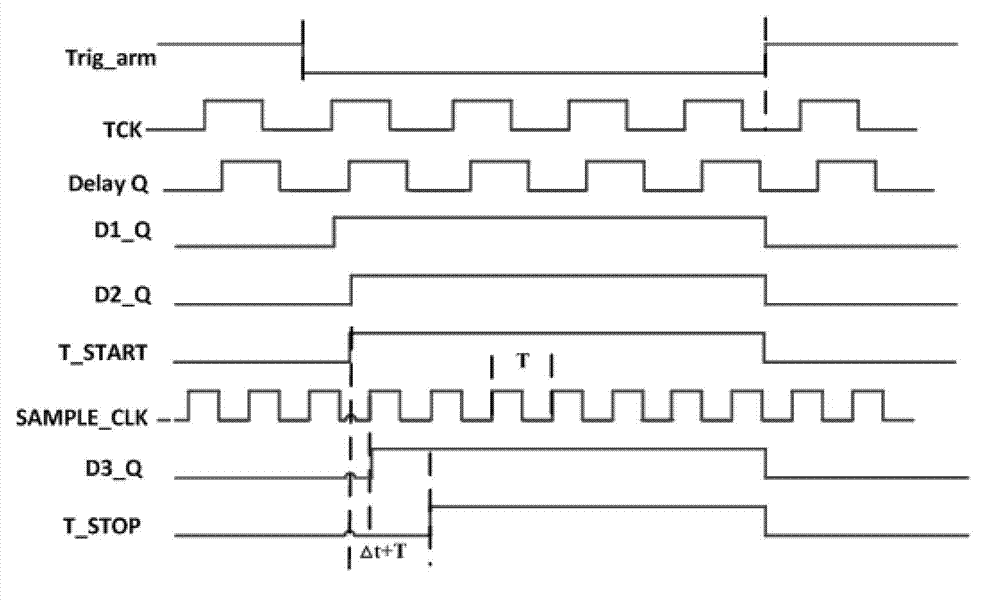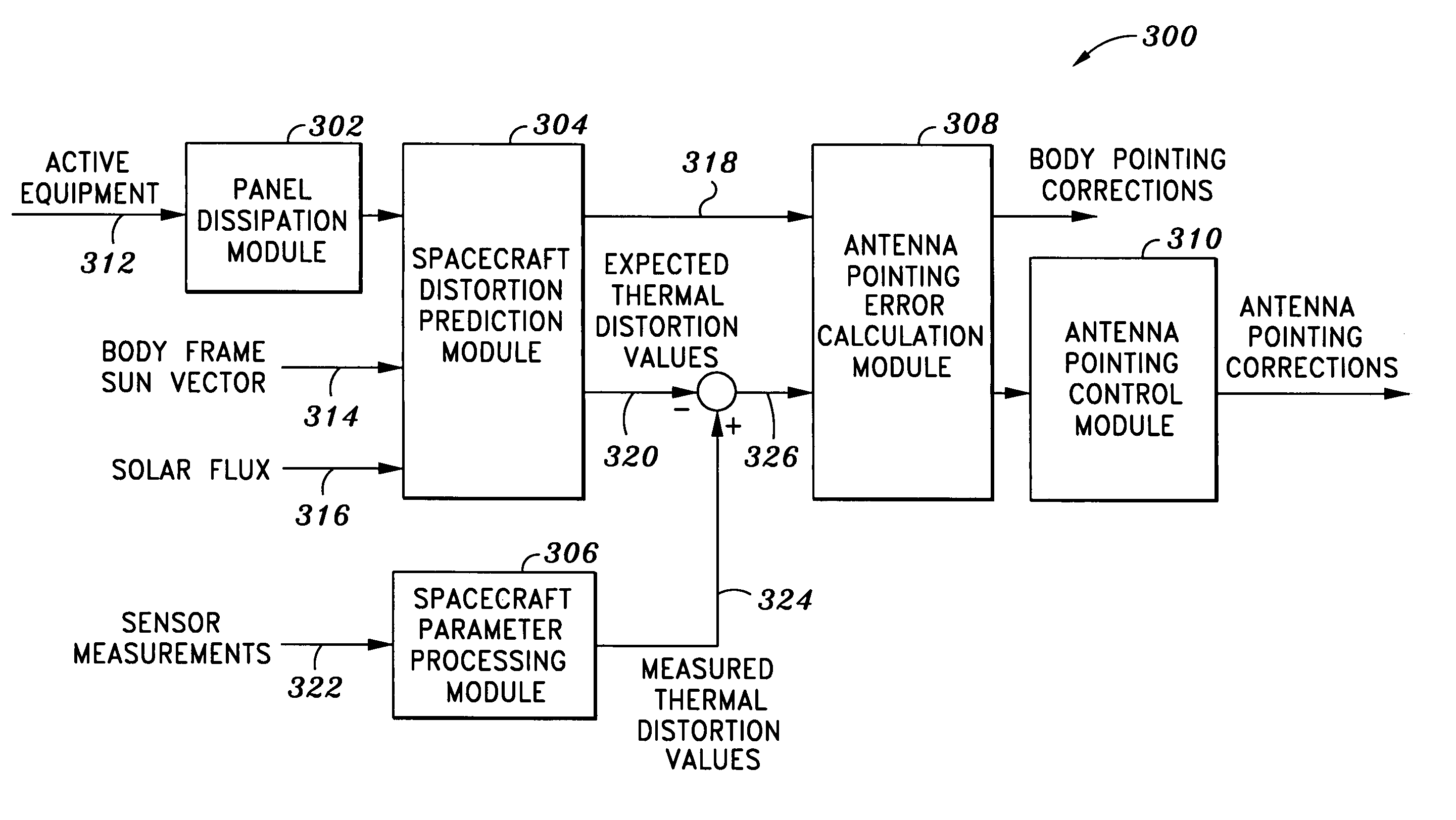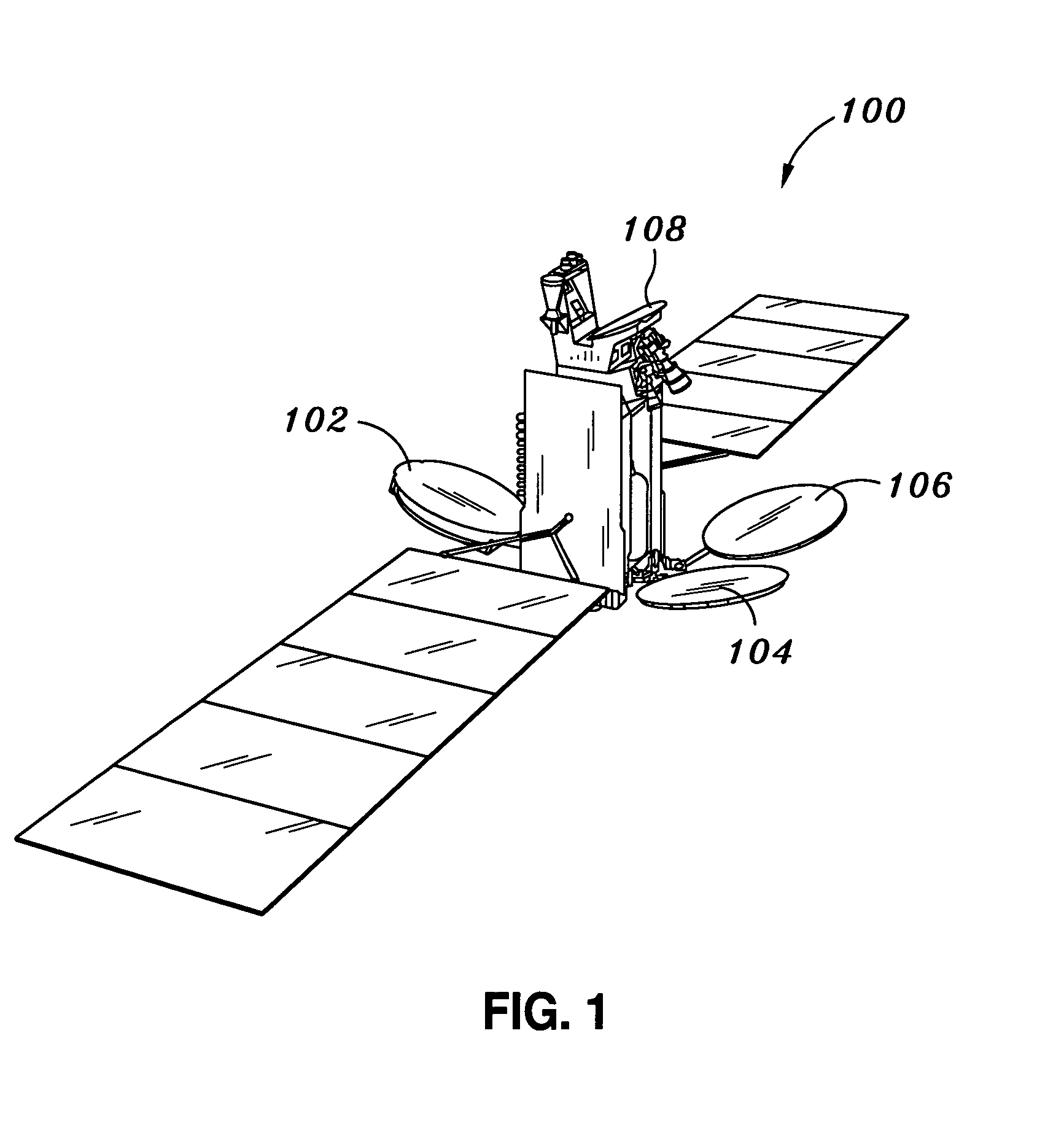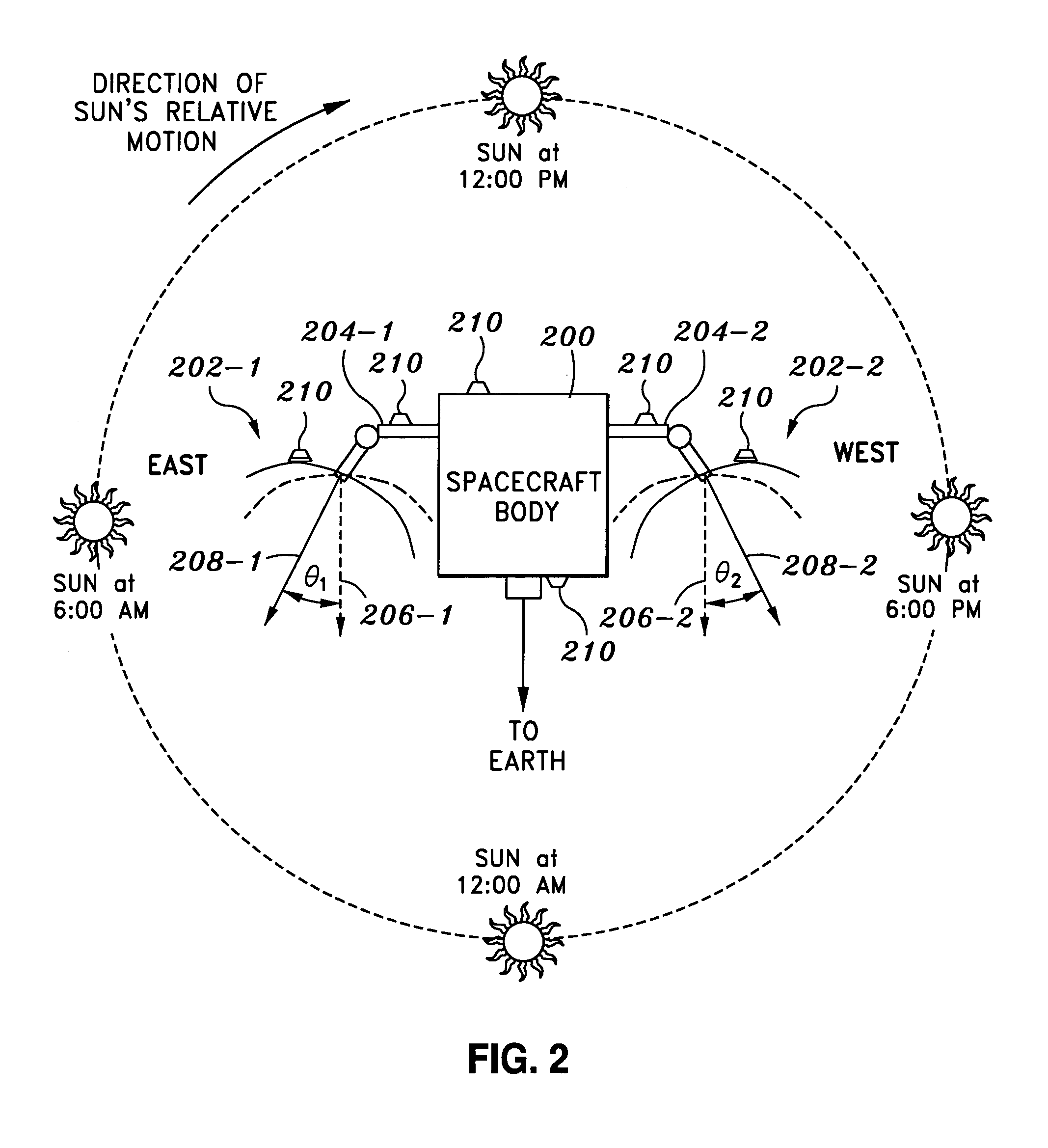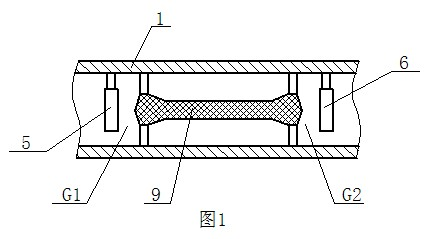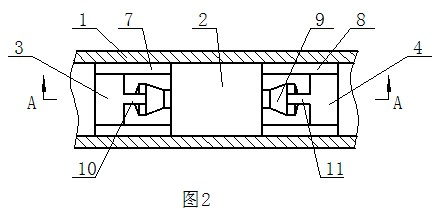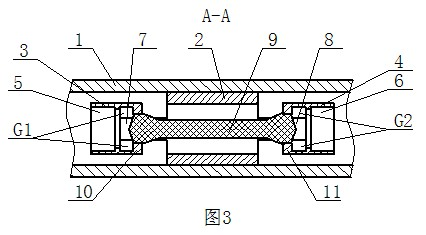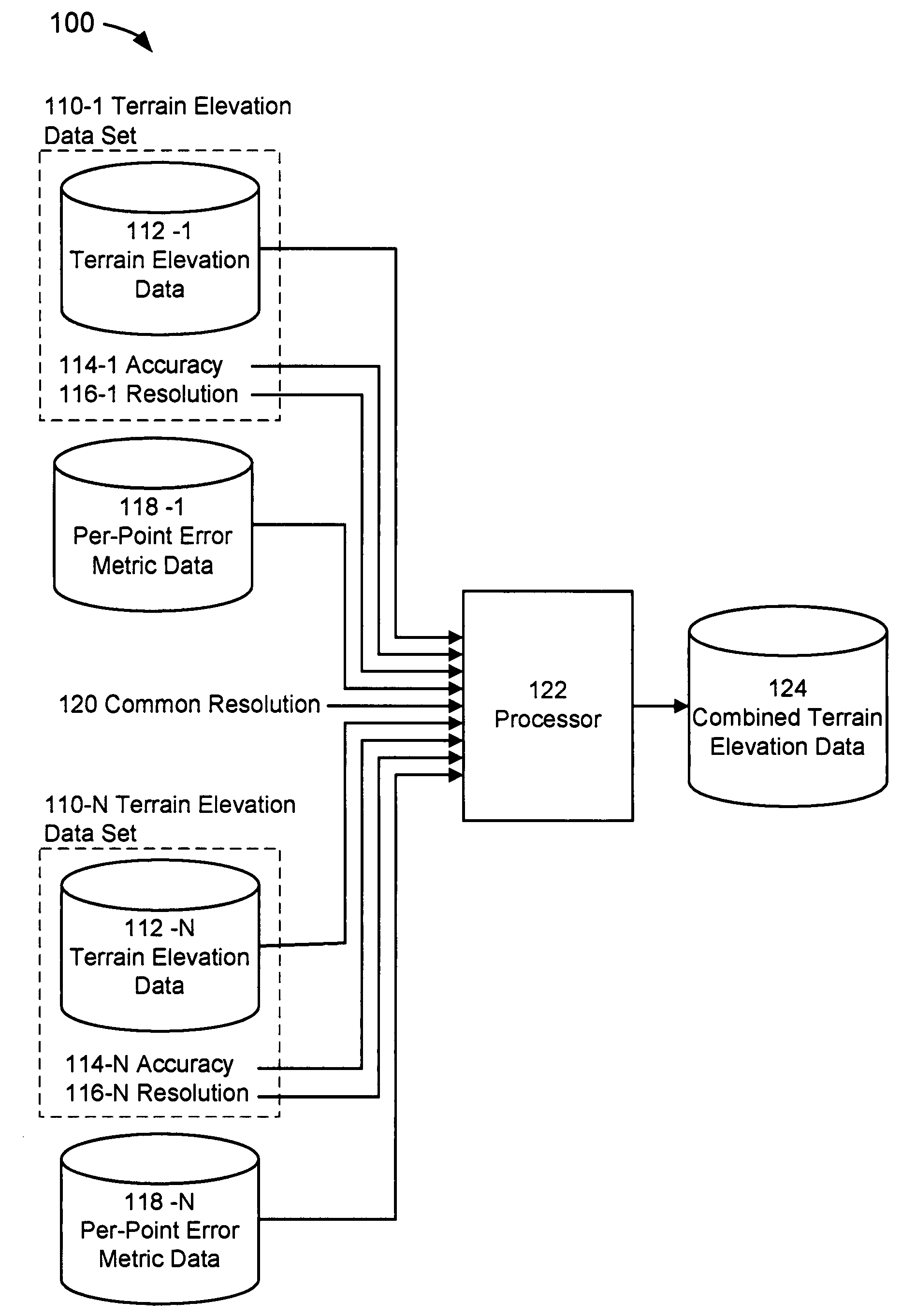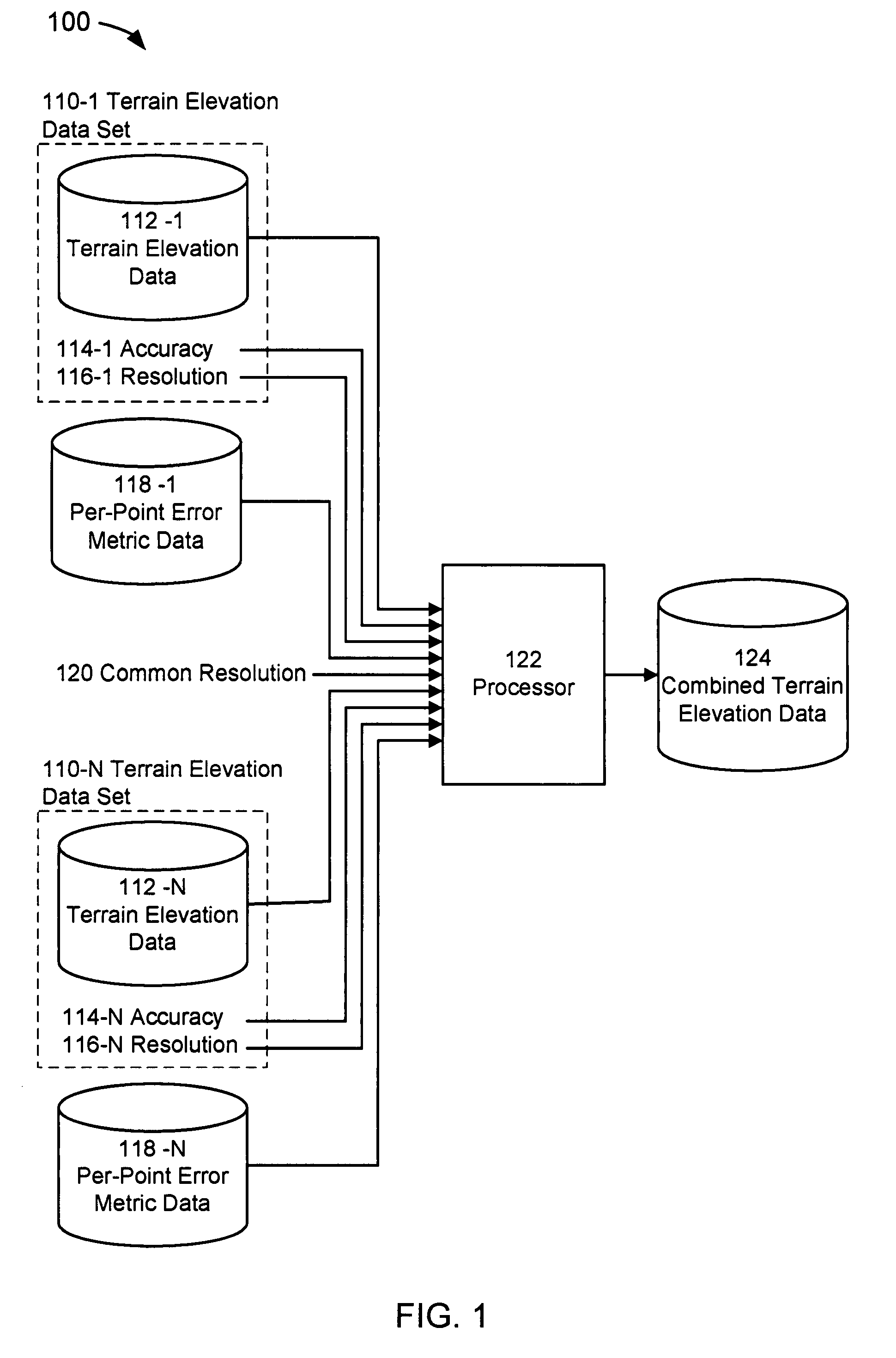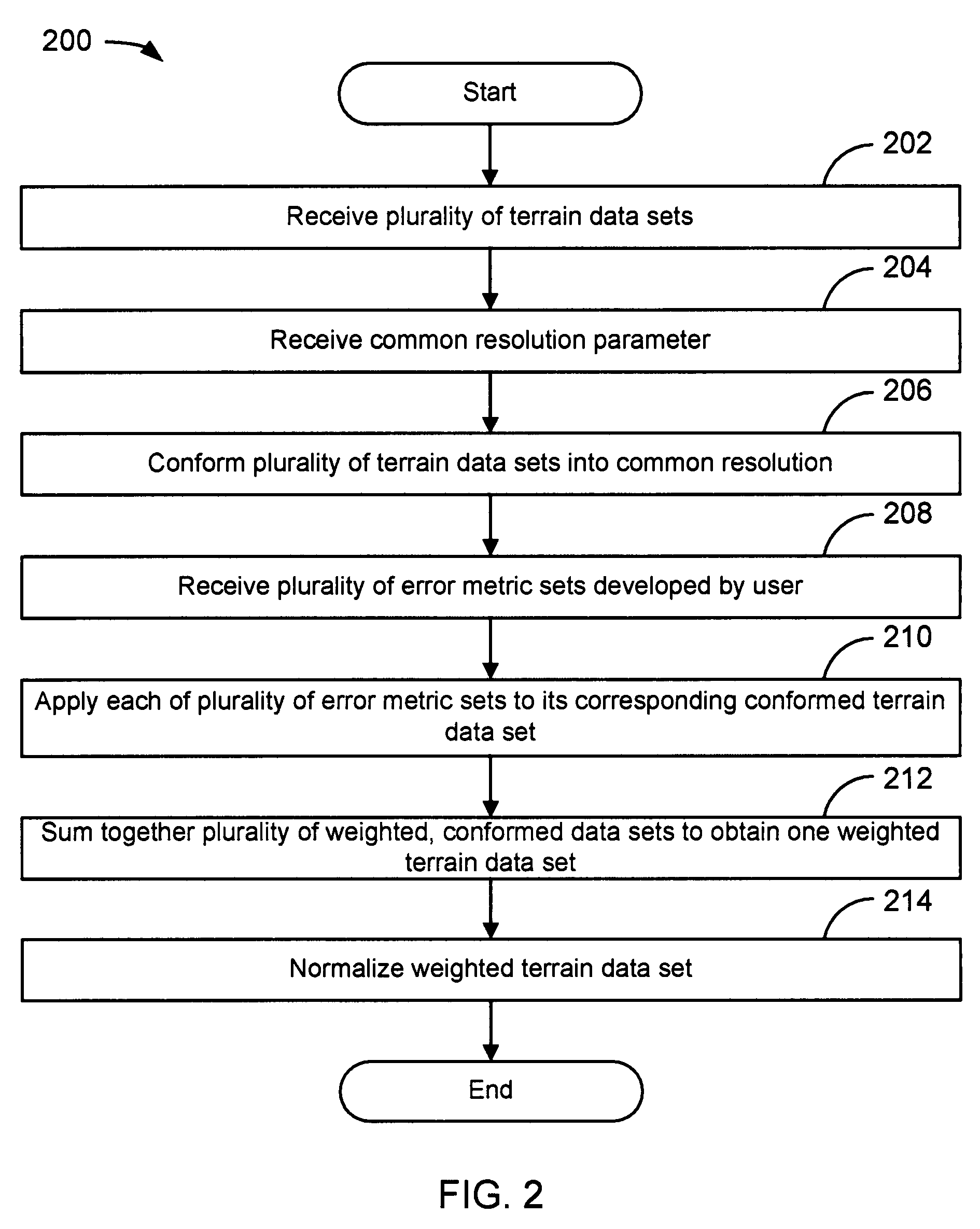Patents
Literature
350 results about "Pointing error" patented technology
Efficacy Topic
Property
Owner
Technical Advancement
Application Domain
Technology Topic
Technology Field Word
Patent Country/Region
Patent Type
Patent Status
Application Year
Inventor
Error-controllable industrial robot fairing movement track generation method
ActiveCN106826829AImprove accuracyFulfil requirementsProgramme-controlled manipulatorComputer scienceRobot trajectory
The invention discloses an error-controllable industrial robot fairing movement track generation method which comprises the following steps: S1, generating an MOVEB movement instruction, describing an industrial robot movement track which comprises a track point and posture, a track point error threshold input by a user, and a chord height error threshold; S2, performing interpolation on a robot track point, namely performing interpolation on a high-order B sample curve into the track point according to the track point error and the chord height error threshold by using the high-order B sample interpolation algorithm, and respectively achieving G2 interpolation and G3 interpolation of the robot track point, so as to obtain an interpolation track which has high continuity and meets the track point error and chord height error requirements; S3, performing interpolation on the posture of the robot so as to obtain a robot posture curve with sectional G2 and continuous G3; S4, acquiring a movement track of the robot after interpolation according to the track point interpolation curve and the robot posture curve. By adopting the error-controllable industrial robot fairing movement track generation method, real-time continuous interpolation of the movement track can be achieved, calculation can be simple, efficient and precise, and vibration and abrasion of the robot can be reduced.
Owner:武汉瀚迈科技有限公司
Processing method and device of buried-point data, server and client
ActiveCN107196788AImprove processing efficiencyEasy to identifyWeb data retrievalResourcesUnique identifierClient-side
An embodiment of the invention discloses a processing method and a processing device of buried-point data, a server and a client. The processing method comprises the steps that: the client obtains application interactive data according to a preset buried-point policy, and generates buried-point data according to the application interactive data, wherein the buried-point data comprises a buried-point unique identifier generated according to a predetermined method; the client transmits the buried-point data to the server; the server associates the buried-point unique identifier in the buried-point data with a determined service scene identifier, and generates mapping relation data; the client transmits buried-point data to be identified to the server; and the server performs identification conversion operation from the buried-point unique identifier to a service scene based on the mapping relation data. By utilizing the processing method, the processing device, the server and the client, the buried-point data identification conversion operation can be simplified, the terminal buried-point error rate and the conversion error rate of converting the buried-point data into the service scene by the server are decreased, the manual point burying, identification and check costs are reduced, and the processing efficiency and identification effect of the buried-point data are improved.
Owner:ADVANCED NEW TECH CO LTD
Trajectory tracking control method used for driverless vehicle
InactiveCN108622104AImprove rolling stabilityEliminate the effect of lateral deviation accelerationSteering partsExternal condition input parametersSteering wheelCornering force
The invention discloses a trajectory tracking control method used for a driverless vehicle. The method includes the following steps that the current position point of a vehicle body is confirmed according to a reference trajectory; a matching point nearest to the current position point of the vehicle is found, and the road curvature of the nearest matching point is obtained according to a two-point curvature obtaining method; according to the current position point of the vehicle and the nearest matching point, a trajectory tracking error is obtained through calculation and comprises a transverse error and a head pointing error; a dynamic model feeding back cornering force on the basis of front wheels is established, and the optimal feedback control rate is obtained by the adoption of an LQR control algorithm; and the cornering force of the front wheels is determined, a front wheel slip angle is obtained on the basis of a reverse tire model, and then the steering wheel angle controlledquantity is obtained and issued to a steering-by-wire system to achieve trajectory tracking control. By the adoption of the method, the stability of trajectory tracking control of the driverless vehicle is improved, the trajectory tracking accuracy is improved, the tire slip angle is restrained, and the possibility that the tire force of the vehicle is saturated under an extreme working conditionand therefore the vehicle loses stability is avoided.
Owner:HUBEI UNIV OF AUTOMOTIVE TECH
Fade-resistant forward error correction method for free-space optical communications systems
InactiveUS7277644B2Improve spectral efficiencyWide-bandwidth and secure connectionError preventionOther error detection/correction/protectionCommunications systemForward error correction
Free-space optical (FSO) laser communication systems offer exceptionally wide-bandwidth, secure connections between platforms that cannot other wise be connected via physical means such as optical fiber or cable. However, FSO links are subject to strong channel fading due to atmospheric turbulence and beam pointing errors, limiting practical performance and reliability. We have developed a fade-tolerant architecture based on forward error correcting codes (FECs) combined with delayed, redundant, sub-channels. This redundancy is made feasible though dense wavelength division multiplexing (WDM) and / or high-order M-ary modulation. Experiments and simulations show that error-free communications is feasible even when faced with fades that are tens of milliseconds long. We describe plans for practical implementation of a complete system operating at 2.5 Gbps.
Owner:LAWRENCE LIVERMORE NAT SECURITY LLC
Balance control apparatus of robot and control method thereof
InactiveUS20120316682A1Programme controlProgramme-controlled manipulatorTarget captureControl theory
A balance control apparatus of a robot and a control method thereof. The balance control method of the robot, which has a plurality of legs and an upper body, includes detecting pose angles of the upper body and angles of the plurality of joint units, acquiring a current capture point and a current hip height based on the pose angles and the angles of the plurality of joint units, calculating a capture point error by comparing the current capture point with a target capture point, calculating a hip height error by comparing the current hip height with a target hip height, calculating compensation forces based on the capture point error and the hip height error, calculating torques respectively applied to the plurality of joint units based on the compensation forces, and outputting the torques to the plurality of joint units to control balance of the robot.
Owner:SAMSUNG ELECTRONICS CO LTD
Method and Apparatus to Lower Cost Per Watt with Concentrated Linear Solar Panel
InactiveUS20110041894A1Reduce tracker costLarge energy outputSolar heating energySolar heat devicesPhotovoltaic solar energyCells panel
The present invention proposes a hybrid methodology and apparatus between photovoltaic (PV) and concentrated photovoltaic (CPV) solar panels to lower the photovoltaic solar energy production cost. In particular, the disclosed methodology addresses a simple quasi-parabolic trough PV (QPTPV) low concentration system with greater tolerance to tracker pointing errors. The quasi-parabolic trough (QPT) reflector is defocused to cover the width of a linear solar cells array, which is reduced from a large rectangular solar cells panel. In summary, the QPTPV system consists of low cost quasi-parabolic reflectors, a compact linear PV cells array and a lower cost relaxed pointing 2-axes tracker. The combination of these low cost technologies disclosed can achieve the lowest cost per kilowatt hour of photovoltaic energy production.
Owner:LIAO HENRY H
Methods and apparatus for broadband frequency comb stabilization
Feedback loops can be used to shift and stabilize the carrier-envelope phase of a frequency comb from a mode-locked fibers laser or other optical source. Compared to other frequency shifting and stabilization techniques, feedback-based techniques provide a wideband closed-loop servo bandwidth without optical filtering, beam pointing errors, or group velocity dispersion. It also enables phase locking to a stable reference, such as a Ti:Sapphire laser, continuous-wave microwave or optical source, or self-referencing interferometer, e.g., to within 200 mrad rms from DC to 5 MHz. In addition, stabilized frequency combs can be coherently combined with other stable signals, including other stabilized frequency combs, to synthesize optical pulse trains with pulse durations of as little as a single optical cycle. Such a coherent combination can be achieved via orthogonal control, using balanced optical cross-correlation for timing stabilization and balanced homodyne detection for phase stabilization.
Owner:MASSACHUSETTS INST OF TECH
Online monitoring device for radial rotation accuracy of main shaft
ActiveCN102501137AReal-time online monitoringAccurate rotation accuracyMeasurement/indication equipmentsSeparation technologyData acquisition
An online monitoring device for the radial rotation accuracy of a main shaft is disclosed, wherein a monitoring ring is installed at the radial measuring position of the main shaft; three eddy-current displacement sensors are installed on the monitoring ring; the proximitors of the eddy-current displacement sensors are connected with the terminal board of a data acquisition board card; the data acquisition board card is connected to an industrial computer via a PCI (peripheral component interconnection) slot; when the main shaft is in a rotating state, the eddy-current displacement sensors convert the measured voltage signal to a standard voltage signal via the proximitors; the analog signal is converted to a digital signal via a signal conditioning circuit module and an A / D (analog / digital) conversion module on the data acquisition board card, and then the digital signal enters into the industrial computer; the radial displacement signal of the main shaft is obtained by signal acquisition and analysis software; the roundness error of the main shaft is separated out by applying a three-point error separation technology, thereby obtaining the rotation error of the main shaft; and finally the analysis result of the rotation accuracy of the main shaft is displayed. The online monitoring device for the radial rotation accuracy of a main shaft has the advantages of being high in accuracy and convenient in adjustment.
Owner:XI AN JIAOTONG UNIV +1
Method and device for the on-line measuring roundness level of high-precision roller grinder and roller shape error
InactiveCN101036973AHigh measurement accuracyRealize online monitoringRevolution surface grinding machinesGrinding feed controlMeasurement deviceEngineering
The invention relates to an online measuring device and method of roller roundness and roller-shaped error for roller grinding machine with high precision. The roller can be mounted with eccentricity, the machine tool principal axis error and the machine tool guide error are separated by the two point error separating method, thereby greatly improving the measuring precision of the roller. When measuring the roller diameter, this measuring device can realize a plurality of measurements by one calibration. The invention has advantages that: a measuring device with two point error separating is provided, the data calculation measured by the device is simple, the measuring precision and the measuring efficiency of the roller is greatly improved. When an eddy-current test sensor 22(D) is mounted on the device to realize on-line monitoring of the roller surface quality.
Owner:SHANGHAI UNIV
Fade-resistant forward error correction method for free-space optical communications systems
InactiveUS20050005225A1Improve spectral efficiencyWide-bandwidth and secure connectionError preventionOther error detection/correction/protectionCommunications systemEngineering
Free-space optical (FSO) laser communication systems offer exceptionally wide-bandwidth, secure connections between platforms that cannot other wise be connected via physical means such as optical fiber or cable. However, FSO links are subject to strong channel fading due to atmospheric turbulence and beam pointing errors, limiting practical performance and reliability. We have developed a fade-tolerant architecture based on forward error correcting codes (FECs) combined with delayed, redundant, sub-channels. This redundancy is made feasible though dense wavelength division multiplexing (WDM) and / or high-order M-ary modulation. Experiments and simulations show that error-free communications is feasible even when faced with fades that are tens of milliseconds long. We describe plans for practical implementation of a complete system operating at 2.5 Gbps.
Owner:LAWRENCE LIVERMORE NAT SECURITY LLC
Communication-in-motion satellite pointing, capturing and tracking method and system thereof
InactiveCN103022692APointing accuratelyPoint to holdAntenna adaptation in movable bodiesKaiman filterSocial benefits
The invention discloses a communication-in-motion satellite pointing, capturing and tracking method and a system thereof, wherein GPS (Global Positioning System) geographic position information, GPS course information and moving carrier inertial information are obtained, and the position of the satellite is accurately figured out through combinatorial computing by means of the kalman filter, and simultaneously, the power information of the satellite is detected and the pointing error is estimated by the maximum power computing method; and then the position of the antenna is fine adjusted to realize accurate pointing of the antenna. The method provided by the invention is especially suitable for the low profile antenna terminal integrating a mixed motor with electronic scanning; as a result, the cost is effectively reduced and the accuracy is high; pointing, capturing and tracking to the satellite can be maintained in the running state and smooth communication is ensured; the transmission and receiving effects of the antenna terminal can be effectively improved and smooth communication is kept; and the social benefit and economic benefit are effectively improved; besides, the method and the system provided by the invention are significant for popularization of the low profile satellite system.
Owner:广东星航通信有限公司 +1
Downlink beam forming method
InactiveCN101364828APointing accuratelySimple structureSpatial transmit diversityComputer scienceMain lobe
The invention relates to a downlink waveform forming method, which comprises the following steps: (1.1) estimating a direction-of-arrival angle theta of a mobile terminal; and (1.2) calculating a downlink transmission weight Wd,i according to the direction-of-arrival angle theta and a frequency correction factor fd / fu and shaping, wherein the formula is shown in the chart. The method can acquire direction-of-arrival angle theta by using an uplink reference signal and can eliminate the pointing error of waveform formation caused by the difference of uplink / downlink carrier frequency in an FDD mode through the frequency correction factor fd / fu, thereby ensuring the accurate pointing direction of the main lobe of a downlink wave.
Owner:ZTE CORP
Contour Alignment For Model Calibration
ActiveUS20110202898A1Photomechanical apparatusSoftware simulation/interpretation/emulationAlgorithmErrors and residuals
Techniques for model calibration and alignment of measurement contours of printed layout features with simulation contours obtained with a model are disclosed. With various implementations of the invention, contour point errors are determined. Based on the contour point errors and a cost function, values of alignment parameters may be determined. The values of alignment parameters may be used to realign the measurement contours for model calibration. The alignment may be conducted concurrently with model calibration.
Owner:SIEMENS PROD LIFECYCLE MANAGEMENT SOFTWARE INC
Coarse-pitch external thread layered turning process
InactiveCN105537695AImprove rough machining efficiencyReduce geometric errors in rough machiningThread cutting machinesTurning toolsEngineeringMachining process
The invention relates to an external thread turning process, in particular to a coarse-pitch external thread layered turning process. The process aims at solving the problem that by means of existing thread turning methods, because the requirements for massive removal and high-precision machining of coarse-pitch external threads can not be met, thread surface machining principle errors and cutter marks exist in coarse-pitch external thread turning, the problem that because of the overlarge cutting load, cutter abrasion is quick, and the problem that because of staggered threads and an excessively large number of layered cutting times caused by cutter starting point error accumulation, the machining efficiency is low is solved. The process includes the process of conducting rough machining by removing thread rough machining allowance through multiple cutting edges in a radial continuous multi-time feed layered cutting mode and a left-right axial multi-time layered cutting mode, and the process of conducting semi fine machining and fine machining in a layered cutting mode by feeding the left cutting edge and the right cutting edge alternately multiple times in the axial direction. The requirements for the machining precision and the machining surface quality of external threads are met, obtained left and right threaded faces are free of cutter marks, the problem that threads are meshed in disorder is solved, and the requirement for efficiently turning coarse-pitch external threads in a high-quality mode is met.
Owner:HARBIN UNIV OF SCI & TECH
Precision thrust/sun tracking attitude control system for gimbaled thruster
InactiveUS7464898B1Improve performanceCosmonautic vehiclesDigital data processing detailsControl systemOperation mode
A system for providing precision thrust and sun tracking attitude control is provided. The system determines a proximity region and alternately engages either an ideal operational mode or a predictive operational mode based on whether a thrust trajectory vector is in the proximity region in order to provide attitude control. The proximity region is determined based on an angle between the thrust trajectory vector and a sun vector. For example, the angle is about 20-30 degrees. The system engages the predictive operational mode when the thrust trajectory vector enters the proximity region. When in the predictive operational mode, the system periodically re-calculates the thrust trajectory vector and determines where the thrust trajectory vector will exit the proximity region. Based on the determination with respect to where the thrust trajectory vector will exit the proximity region, the system provides appropriate attitude control adjustment with respect to gimbaled thrusters and solar arrays so as to reduce sun-pointing errors and keep the sun in a predetermined yaw / roll plane. The system can be used in a spacecraft including a satellite.
Owner:LOCKHEED MARTIN CORP
Determination method of satellite antenna pointing accuracy
A determination method of satellite antenna pointing accuracy comprises the following steps: firstly, with respect to a satellite large-scale system, determining various error sources that influence the satellite antenna pointing accuracy, wherein the error sources mainly comprise antenna characteristics, installation errors of satellite general assembly and parts, attitude control errors of a satellite system system, and satellite orbit drift; secondly, performing effect characteristic analysis of the determined various error source items, wherein the error source items are divided into constant errors, daily variable errors, short-period errors, and long-term errors; finally, calculating the rolling, pitching, yaw pointing errors of the satellite antenna on a satellite shaft, the pointing errors in the north-south and west-east directions, and the antenna pointing half cone angle errors. The method of the invention comprehensively considers various error sources and their characteristics that influence the satellite antenna pointing accuracy, can accurately provide the satellite antenna pointing accuracy, is simple in calculation, and is applicable to the engineering calculation of earth stationary orbit satellite antenna pointing accuracy.
Owner:CHINA ACADEMY OF SPACE TECHNOLOGY
Antenna autotrack control system for precision spot beam pointing control
ActiveUS7663542B1Improve performancePreventing excessive gimbal steppingAntenna detailsControl systemLearning models
The present invention provides a system and a method for improving spacecraft antenna pointing accuracy utilizing feedforward estimation. The present invention takes advantage of the fact that spacecraft antenna pointing error has periodic behavior with a period of 24 hours. Thus, unlike the prior art feedback systems which blindly correct antenna pointing error continuously reacting only to presently sensed error, the present invention takes an intelligent approach and learns the periodic behavior of spacecraft antenna pointing error. Then, an estimate of antenna pointing error at a particular time going forward is predicted based on the learned model of the periodic behavior of the antenna pointing error. The predicted estimate is then used to correct or cancel out the antenna pointing error at a particular time in the future. The result is more accurate correction of spacecraft antenna pointing error by more than a factor of two.
Owner:LOCKHEED MARTIN CORP
Current measurement device
The invention discloses a current measurement device, and the device comprises a current sensor, a temperature sensor, a storage unit, and a processor. The current sensor is connected with a measured part, and is used for measuring the current of a measured part and obtaining the current value. The temperature sensor is used for measuring the temperature of the device and obtaining the temperature value. The storage unit stores a sensor compensation parameter and a temperature compensation parameter. The processor is used for calibrating the current value according to a calibration formula: Y=K[T](kX-b)-B[T], wherein X is the current measurement value, Y is the calibrated current value, k and b are the sensor compensation parameters and are constants, T is a constant, K[] and B[] are temperature compensation parameters, are arrays and change along with T, and K[T] and B[T] represent two values of K[] and B[] corresponding to T. According to the embodiment of the invention, the device eliminates a zero point error, a gain error, and a temperature drift error, thereby improving the measurement accuracy.
Owner:BYD CO LTD
Determination method of optical remote sensing satellite image positioning accuracy
ActiveCN103954297ASolving Unquantifiable DesignsSolve the estimated problemMeasurement devicesProtocol StageSatellite image
A determination method of optical remote sensing satellite image positioning accuracy. Influence factors of image positioning accuracy are classified into four classes, time unification error, track determination error, attitude determination error, and imaging pointing error. Based on current situation of remote sensing satellite design and development in our country, error terms are factorized grade by grade from systems to subsystems. The factorized error terms respectively correspond to links of satellite design, and thus influence factors of satellite image positioning accuracy are quantified into satellite design indexes. Through analysis of the influence factors of image positioning accuracy, index factorization and quantification, suggestions on error distribution and error influence degree, as well as positioning accuracy index calculation methods are provided in the satellite design protocol stage based on current situation of remote sensing satellite development in our country, and pre-estimate of satellite positioning accuracy is completed, thereby guiding the design of satellite image positioning accuracy.
Owner:BEIJING INST OF SPACECRAFT SYST ENG
Satellite performance monitoring
ActiveUS20090195444A1Easy to operateRadio transmissionWireless commuication servicesEquivalent isotropically radiated powerOptical performance monitoring
Techniques for monitoring transmission performance of a satellite communications systems are provided, including techniques for measuring the primary contributors to the end-to-end SNR, including the uplink SNR, the downlink SNR, and the C / I for each link in the network. These individual measurements are used to estimate satellite effective isotropic radiated power (EIRP), satellite antenna gain-to-noise-temperature (G / T), and loss due to an Earth Terminal pointing error. The EIRP, satellite antenna G / T and loss due to Earth terminal pointing error may then be used to determine operating parameters for the satellite communications network that enable the network to operate more efficiently.
Owner:VIASAT INC
Method for determining a zero-point error in a vibratory gyroscope
ActiveUS20060201233A1Acceleration measurement using interia forcesWave based measurement systemsGyroscopeClassical mechanics
Owner:NORTHROP GRUMMAN SYST CORP +1
Satellite-tracking millimeter-wave reflector antenna system for mobile satellite-tracking
A miniature dual-band two-way mobile satellite-tracking antenna system mounted on a movable vehicle includes a miniature parabolic reflector dish having an elliptical aperture with major and minor elliptical axes aligned horizontally and vertically, respectively, to maximize azimuthal directionality and minimize elevational directionality to an extent corresponding to expected pitch excursions of the movable ground vehicle. A feed-horn has a back end and an open front end facing the reflector dish and has vertical side walls opening out from the back end to the front end at a lesser horn angle and horizontal top and bottom walls opening out from the back end to the front end at a greater horn angle. An RF circuit couples two different signal bands between the feed-horn and the user. An antenna attitude controller maintains an antenna azimuth direction relative to the satellite by rotating it in azimuth in response to sensed yaw motions of the movable ground vehicle so as to compensate for the yaw motions to within a pointing error angle. The controller sinusoidally dithers the antenna through a small azimuth dither angle greater than the pointing error angle while sensing a signal from the satellite received at the reflector dish, and deduces the pointing angle error from dither-induced fluctuations in the received signal.
Owner:NASA
Modulated disk lock clock and methods for using such
InactiveUS7929237B2Filamentary/web record carriersRecord information storageMagnetic storageComputer engineering
Various embodiments of the present invention provide systems and methods for controlling access to a magnetic storage medium. As one example, a method for controlling access to a storage medium is disclosed that includes calculating a point to point error amount, and generating a incremental error value based at least in part on the point to point error amount. The incremental error value is applied incrementally across a defined number of clock cycles.
Owner:AVAGO TECH INT SALES PTE LTD
Control system and method for reducing directional error of antenna with biaxial gimbal structure
InactiveUS20100265149A1Reduce pointsPointing errorDirection findersAntenna detailsControl systemDirectional antenna
An antenna pointing control apparatus and method that reduce a pointing error of an antenna having a two-axis gimbal structure. An antenna installed on a ship hull is controlled to point toward a satellite by an antenna pointing control apparatus having a two-axis mechanism. Movement of the ship hull are recognized every prescribed cycle time, a satellite bearing is measured, and a pointing error of a directional antenna with respect to a satellite is detected. If it is determined that the satellite will not pass within a prescribed region A about an extension line of an azimuth angle (AZ) axis of the ship's hull, then a two-axis control is executed. However, if the satellite will pass within the prescribed region A, then a virtual three-axis control is executed.
Owner:FURUNO ELECTRIC CO LTD
Method for detecting quality of optical fiber ring for gyroscope and device thereof
ActiveCN103048115AAccurately reflectHigh precisionOptical apparatus testingSignal processing circuitsGyroscope
The invention relates to a method for detecting quality of an optical fiber ring for a gyroscope and a device thereof, belonging to the technical field of photo-electronic optical information. The method comprises the following steps of: connecting the optical fiber ring to be detected into an optical fiber gyroscope system; applying radial temperature excitation to the optical fiber ring to be detected; and judging equivalent asymmetric length of the optical fiber ring to be detected through measurement, and further judging the quality of the optical fiber ring. The device comprises a broadband light source, an optical circulator, an optical Y waveguide, a photoelectric detector, a heating device, two temperature measuring probes and a signal processing circuit. According to the method and the device, a concept of a pointing error temperature sensitivity coefficient is introduced; and in a measurement process, a pointing thermotropic error angle of the optical fiber gyroscope system is acquired, the pointing error temperature sensitivity coefficient of the optical fiber ring to be detected is acquired according to an acquired rotation speed signal and the pointing thermotropic error angle, and then the equivalent asymmetric length of the optical fiber ring to be detected is judged according to the pointing error temperature sensitivity coefficient, so that the measurement accuracy for judgment of the quality of the optical fiber ring is greatly improved.
Owner:苏州光环科技有限公司
Phased array antenna beam pointing error compensation method based on bilinear fitting
InactiveCN105301564AImprove beam pointing accuracyReduce wave numberWave based measurement systemsMeasurement testPosition error
Owner:SHANGHAI RADIO EQUIP RES INST
Chronometer time automatic measurement circuit based on TDC-GP 21 and method
ActiveCN102830610ASimple structureLow costElectric unknown time interval measurementMultiplexerEngineering
The invention provides a chronometer time automatic measurement circuit based on TDC-GP 21 and a method, and solves the problems that due to adopting a double-bevel interpolation technology to measure a chronometer time interval in the prior art, the space is large, the cost is high, the power consumption is large, and a measuring result has a zero-point error and a non-linearity error. The chronometer time automatic measurement circuit based on the TDC-GP 21 comprises a first trigger, a delayer, a second trigger, a multiplexer, a third trigger, a fourth trigger, a TDC-GP 21 chip and an FPGA (field programmable gate array) chip. The chronometer time automatic measurement circuit based on the TDC-GP 21 provided by the invention has the advantages that the structure is simple, the cost is low, the power consumption is small, the measuring accuracy is high, the linearity is good, and the measured time accuracy can achieve 45 ps; and the chronometer time automatic measurement circuit has an automatic calibration function and can automatically compensate errors caused by the variation of voltage and temperature, the measuring speed is rapid, and the replacement rate of a waveform of a digital type wavetable is observably improved.
Owner:CHINA ELECTRONIS TECH INSTR CO LTD
Systems and methods for correcting thermal distortion pointing errors
One embodiment of the present invention relates to a system for correcting spacecraft thermal distortion pointing errors. The system comprises one or more spacecraft sensors located at positions on a spacecraft and which are adapted to measure spacecraft parameters at those positions. The system also includes a spacecraft distortion prediction module, which is adapted to generate expected spacecraft thermal distortion parameter values and expected antenna thermal distortion pointing errors. Further, the system includes a spacecraft parameter processing module adapted to generate measured spacecraft thermal distortion parameter values from the measured spacecraft parameters, and an antenna pointing error calculation module adapted to calculate antenna pointing error correction commands. Finally, the system includes an antenna pointing control module adapted to receive the antenna pointing correction commands and control the adjustment of the antenna pointing using the correction commands.
Owner:LOCKHEED MARTIN CORP
Systems and methods for combining a plurality of terrain databases into one terrain database
ActiveUS8019736B1Digital data processing detailsGeographical information databasesKaiman filterData set
A present novel and non-trivial system and methods for exacting terrain elevation data contained in a plurality of terrain elevation databases or data sets, combining the terrain elevation data contained in each terrain elevation data set to produce a single, combined terrain database of a common resolution. A system is disclosed that could provide a processor with terrain elevation data from a plurality of terrain elevations data sets having differing resolution and accuracy parameters, a per-point error metric data from a plurality of error metric data sets, and a common resolution parameter. A method is disclosed which for combining terrain elevation data sets having difference resolutions into a single, combined terrain elevation data set having a common resolution utilizing a per-point error metric data from a plurality of error metric data sets. A second method is disclosed for combining a plurality of terrain elevation data sets having different resolutions into terrain elevation data of a single, combined terrain elevation data set having a common resolution by transforming the plurality of terrain elevation data sets into a plurality of terrain frequency data sets and filtering the terrain frequency data sets utilizing a Kalman filter.
Owner:ROCKWELL COLLINS INC
Features
- R&D
- Intellectual Property
- Life Sciences
- Materials
- Tech Scout
Why Patsnap Eureka
- Unparalleled Data Quality
- Higher Quality Content
- 60% Fewer Hallucinations
Social media
Patsnap Eureka Blog
Learn More Browse by: Latest US Patents, China's latest patents, Technical Efficacy Thesaurus, Application Domain, Technology Topic, Popular Technical Reports.
© 2025 PatSnap. All rights reserved.Legal|Privacy policy|Modern Slavery Act Transparency Statement|Sitemap|About US| Contact US: help@patsnap.com
